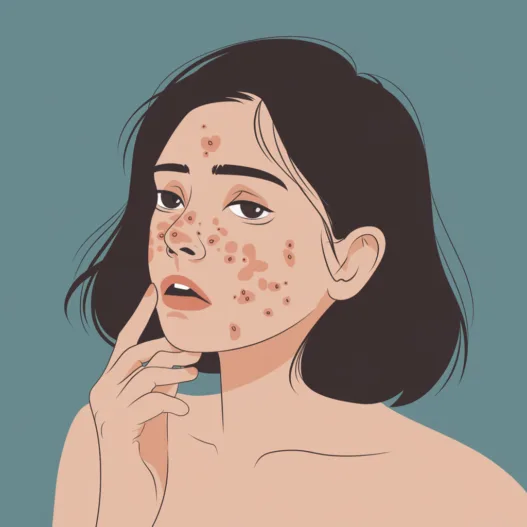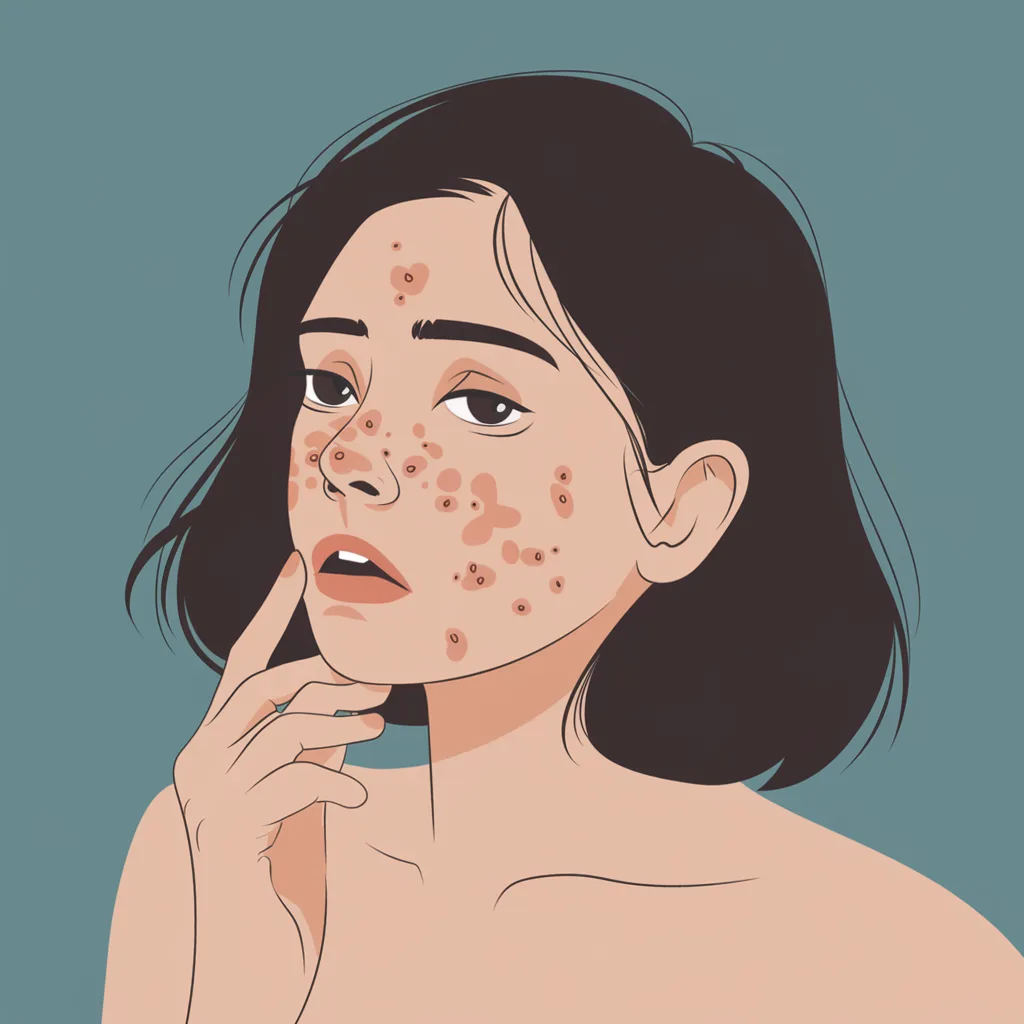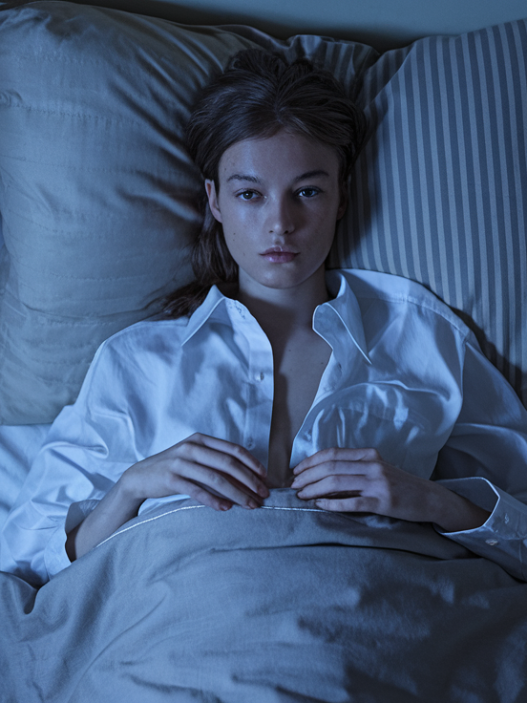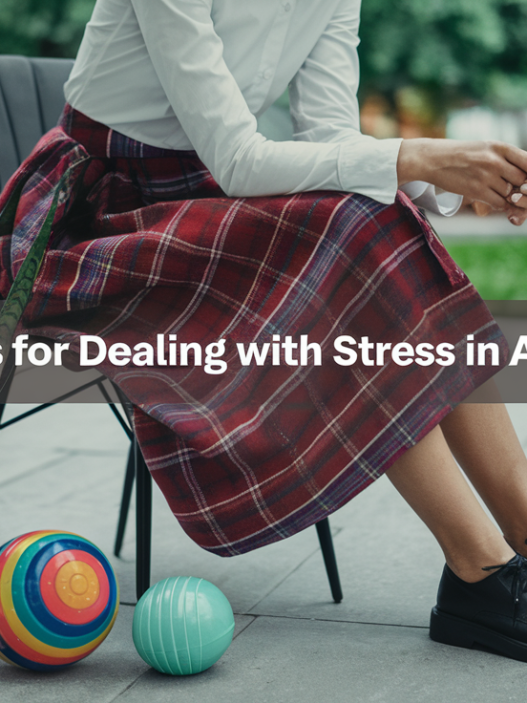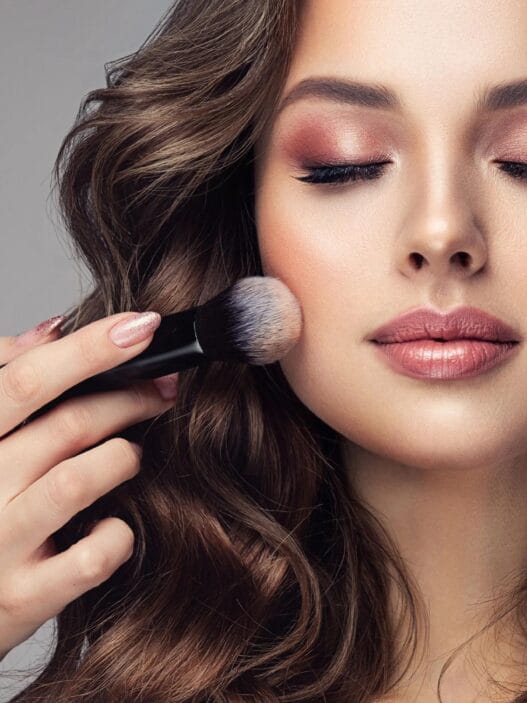Good hygiene is important for looking good and maintaining good health. In our busy lives, it’s easy to overlook certain hygiene practices or completely ignore others. However, neglecting these habits can be unappealing and pose serious health risks.
These common hygiene mistakes are easily overlooked, from sharing toothbrushes and over-washing your hair to sleeping with makeup on. Here’s how to fix them.
Sleeping in a Hot Room
Many factors influence the quality of our sleep at night. One aspect that we may not often think about in our sleep hygiene routine is temperature. If you tend to overheat while sleeping, you might not realize that a cooler room is better for achieving restful sleep.
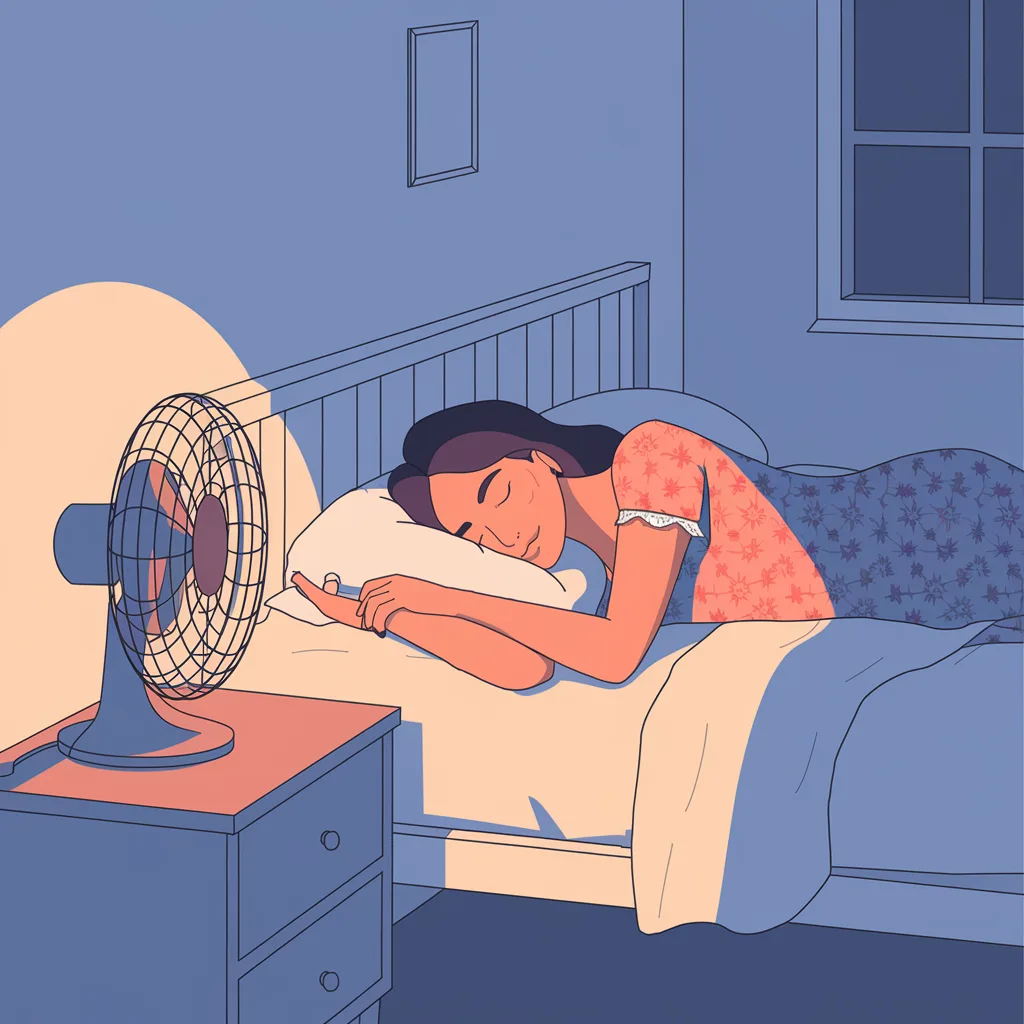
Keeping a fan running on a low or eco setting not only conserves energy compared to using air conditioning but also creates an easy, cost-effective source of white noise.
Sleeping With Makeup On
After a long day, the last thing you want is a complicated skincare routine. However, leaving your makeup on overnight can clog your pores and potentially cause breakouts or skin irritation.
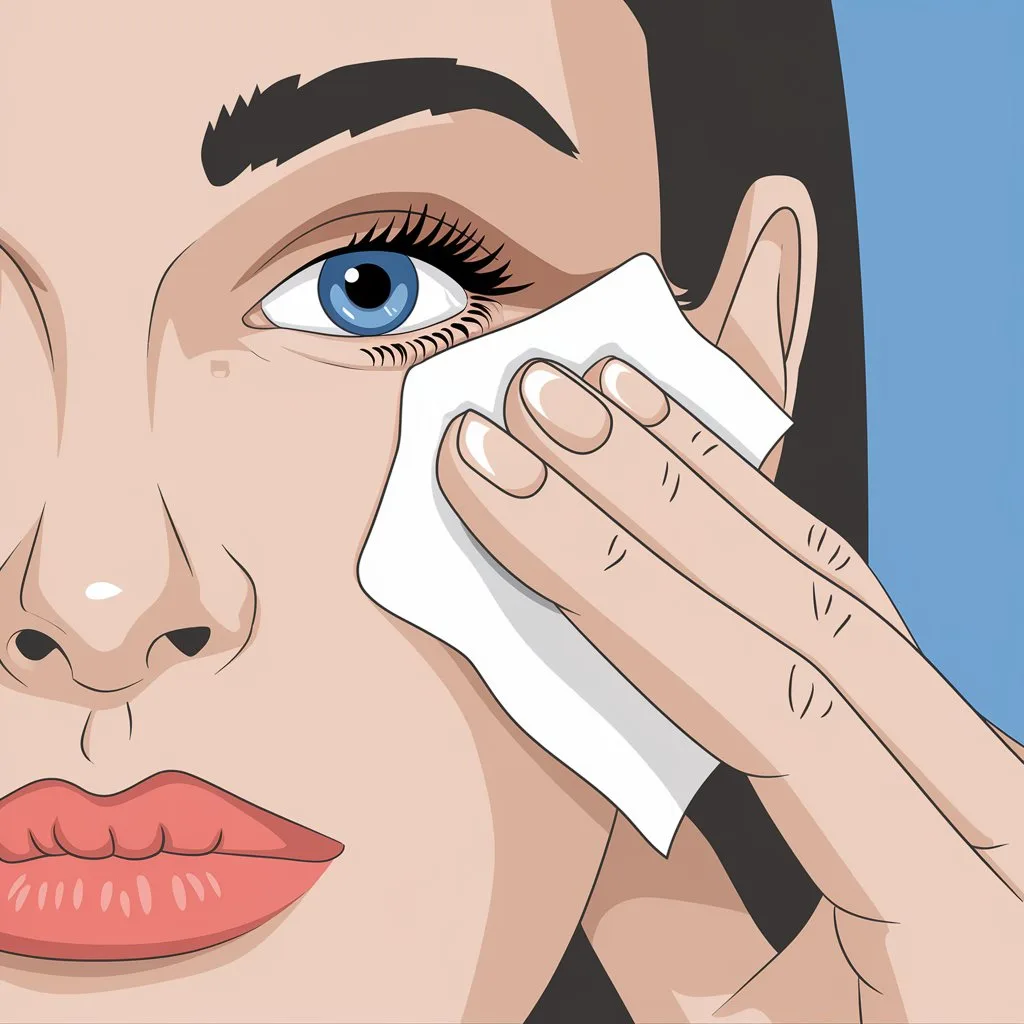
Sleeping in makeup can hinder the skin’s ability to renew and repair itself overnight, which may speed up the aging process. It’s essential to use a gentle cleanser or makeup remover before going to bed each night. If you’re too tired to follow a full skincare routine, using makeup wipes occasionally can be a convenient alternative.
Neglecting Eyelash Extensions
Getting eyelash extensions requires commitment and care to prevent issues later. They can last for months, but sleeping face-down or rubbing your eyes may cause them to tangle, twist, or fall out prematurely.

Instead, gently cleanse your lashes daily with a lash shampoo or a gentle facial cleanser and brush them with a spoolie to keep them looking fabulous. Avoid oil-based products near your eyes and resist the urge to tug or pull on your extensions. With a little TLC, your lashes will stay lush and lovely.
Wearing Tight Jeans
Jeans are the staple fashion item that just never goes out of style. While it can be tempting to hold off on washing them until you have to, this can have negative consequences.
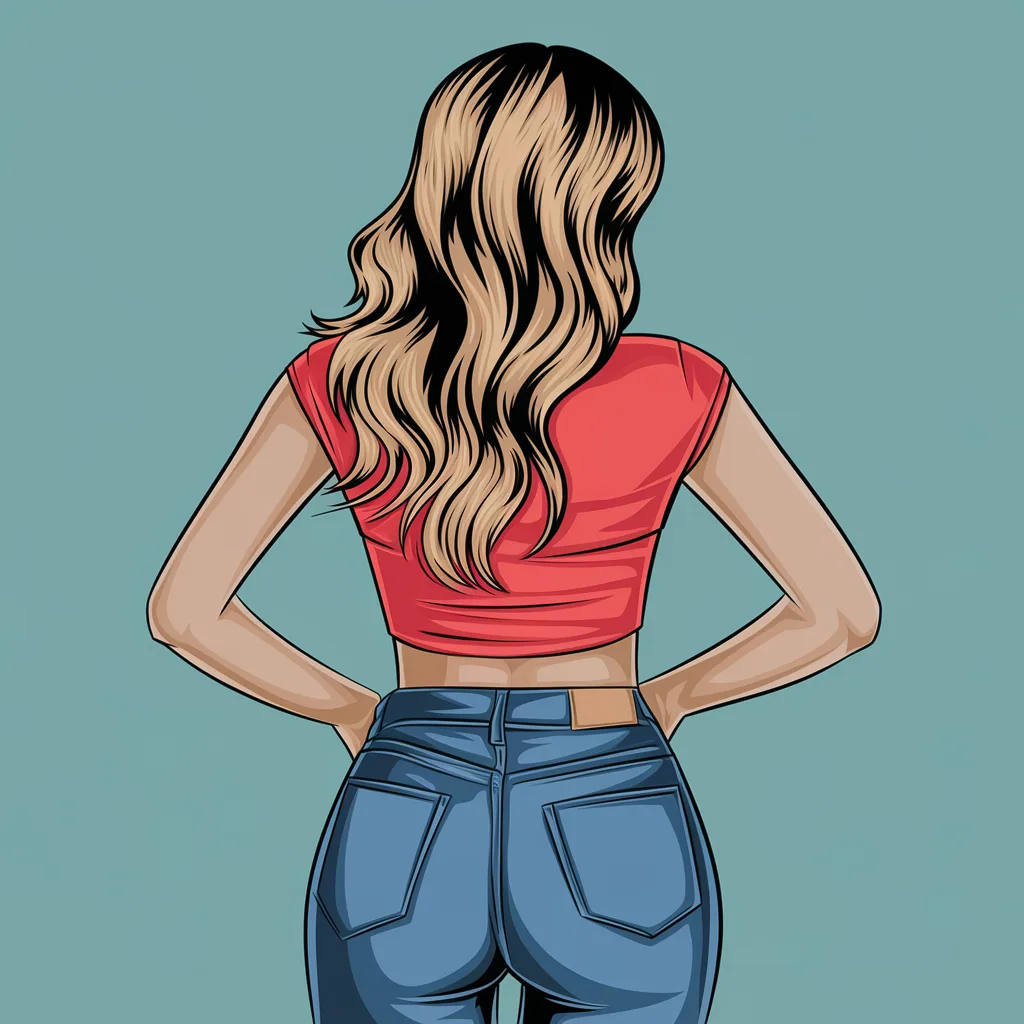
In general, jeans should be washed after every few wears, particularly if you’re active or sweating heavily. Additionally, it’s best to avoid wearing jeans that are too tight, as this can restrict airflow and potentially cause skin irritation or even infections.
Masking Odor With Perfume
Perfumes and body sprays can help cover up different scents. However, depending on them to mask your natural odor when you’re not feeling fresh only offers a temporary fix. Instead of addressing the root of the problem, these fragrances can mix with your body odor, leading to an even more unpleasant smell.
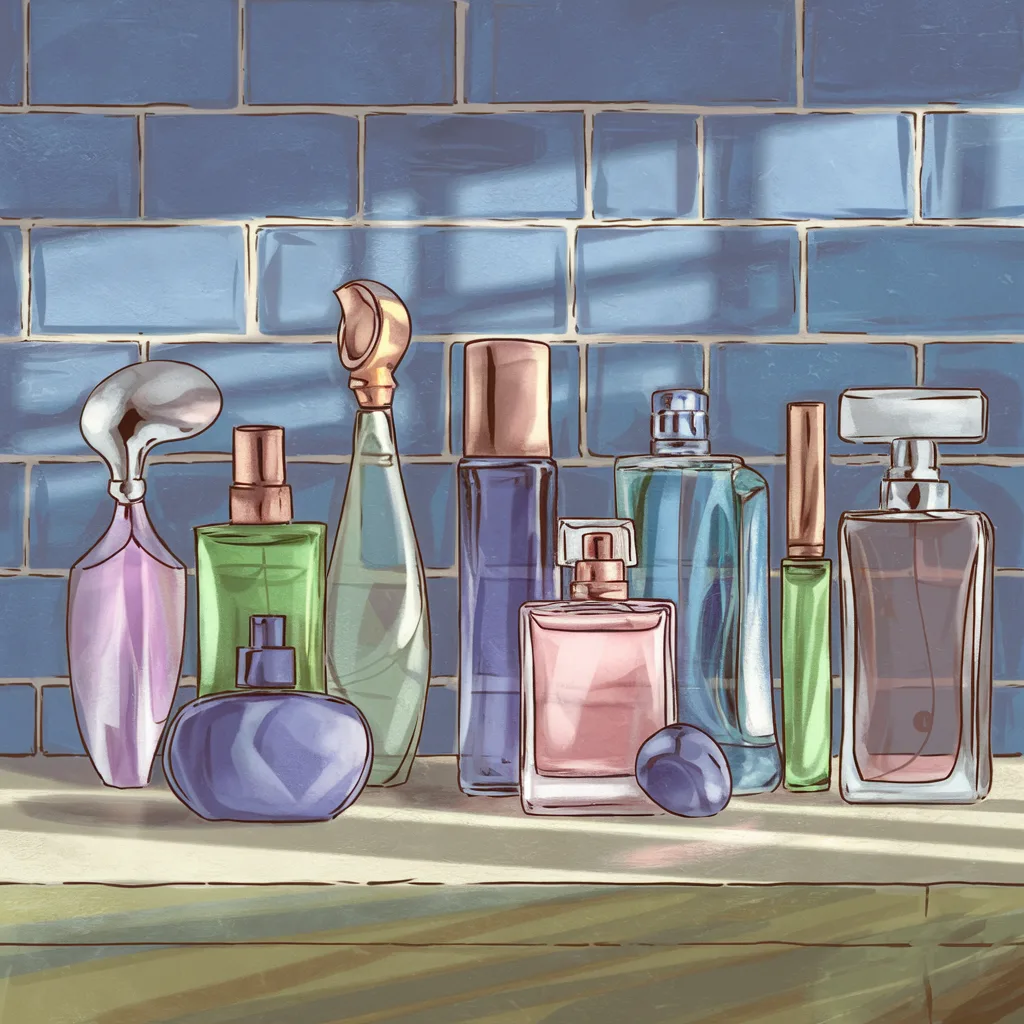
It’s best to address body odor at the source by bathing or showering properly and using antiperspirant deodorants designed to neutralize bad odors and reduce sweat. Perfume is simply an additional option.
Neglecting Loofah Care
Using a loofah or scrubbing brush is essential for an effective shower routine. However, it is just as important to clean your bath accessories regularly to maintain good hygiene. After each use, rinse the loofah or brush thoroughly to remove soap residue and debris. Make sure to hang it in a well-ventilated area to allow it to dry completely, as damp environments can encourage the growth of bacteria.
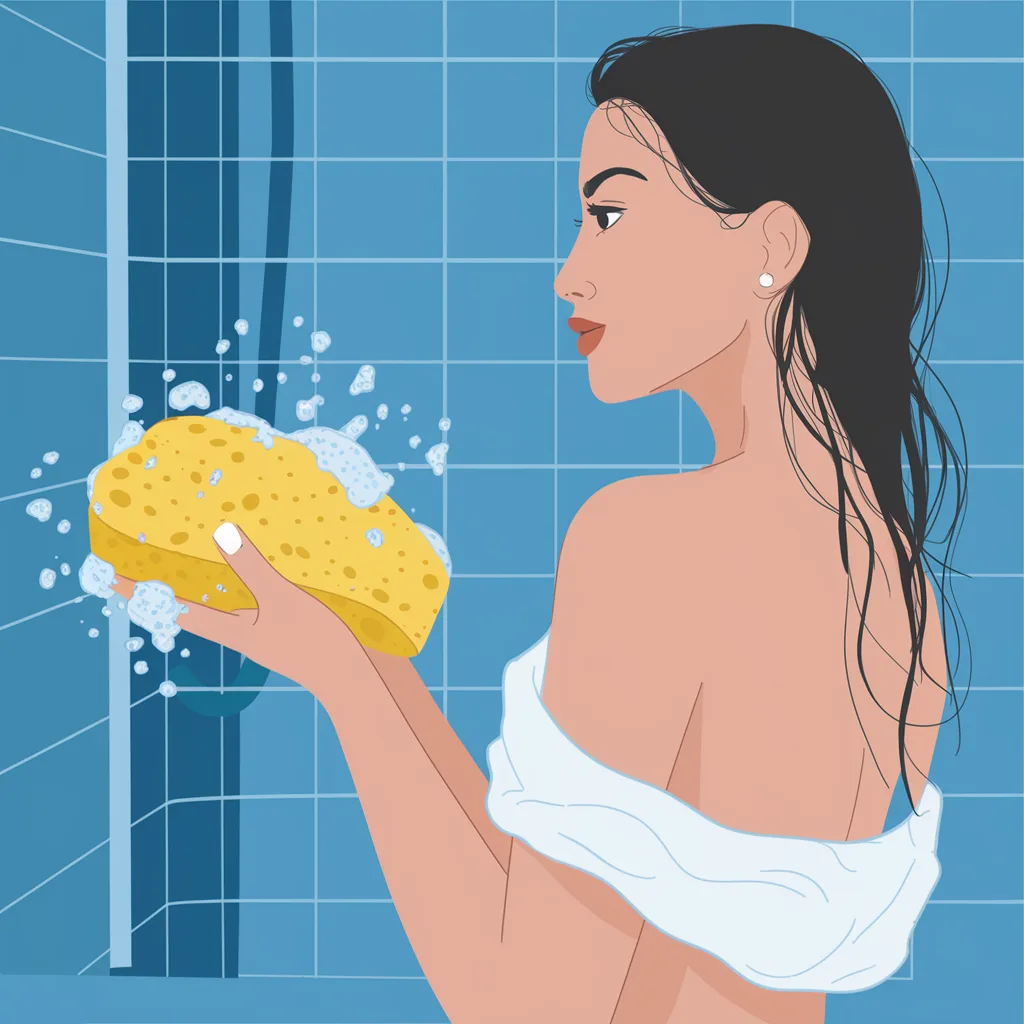
Replace your loofah or brush every 2-3 months to prevent bacterial buildup. It is also not advisable to share your loofah or brush, as this can spread bacteria.
Excessive Gas
If you’ve noticed that you’re experiencing more gas than usual, it could be related to your diet or the way you eat. To help reduce excessive gas, it’s a good idea to pay attention to what you’re eating. Certain foods, such as beans, onions, broccoli, and cabbage, are known to contribute to gas production, so it may be beneficial to limit their intake.
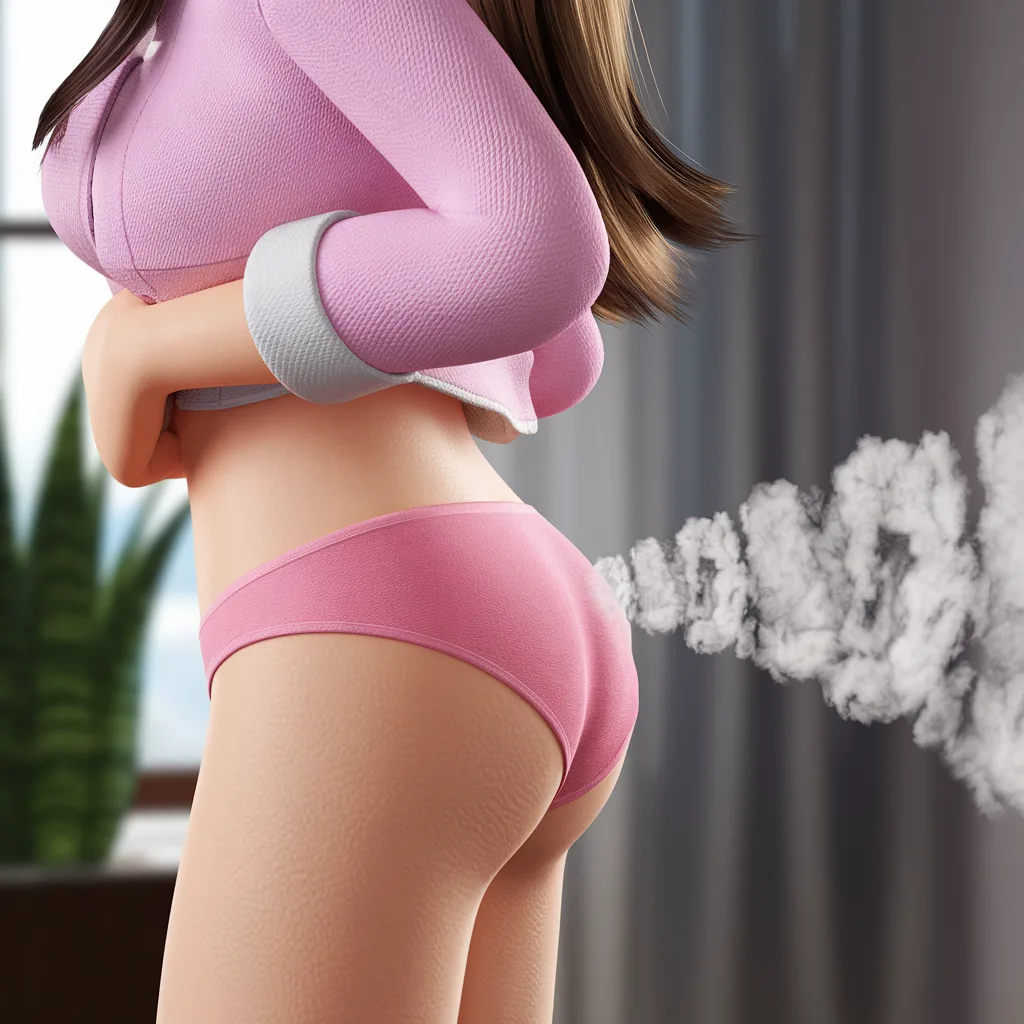
To minimize excessive gas, consider monitoring your diet. Some foods, like beans, onions, broccoli, and cabbage, are known to increase gas production and may be worth reducing.
Eating slowly and thoroughly chewing your food can help reduce the amount of air swallowed, which contributes to gas. These simple adjustments can significantly aid in managing and preventing uncomfortable gas buildup.
Using Harsh Soaps in Sensitive Areas
There are countless soaps available, each claiming to offer various benefits for your body. However, many store-bought soaps contain harsh chemicals that can disrupt our skin’s natural pH balance more than we realize.
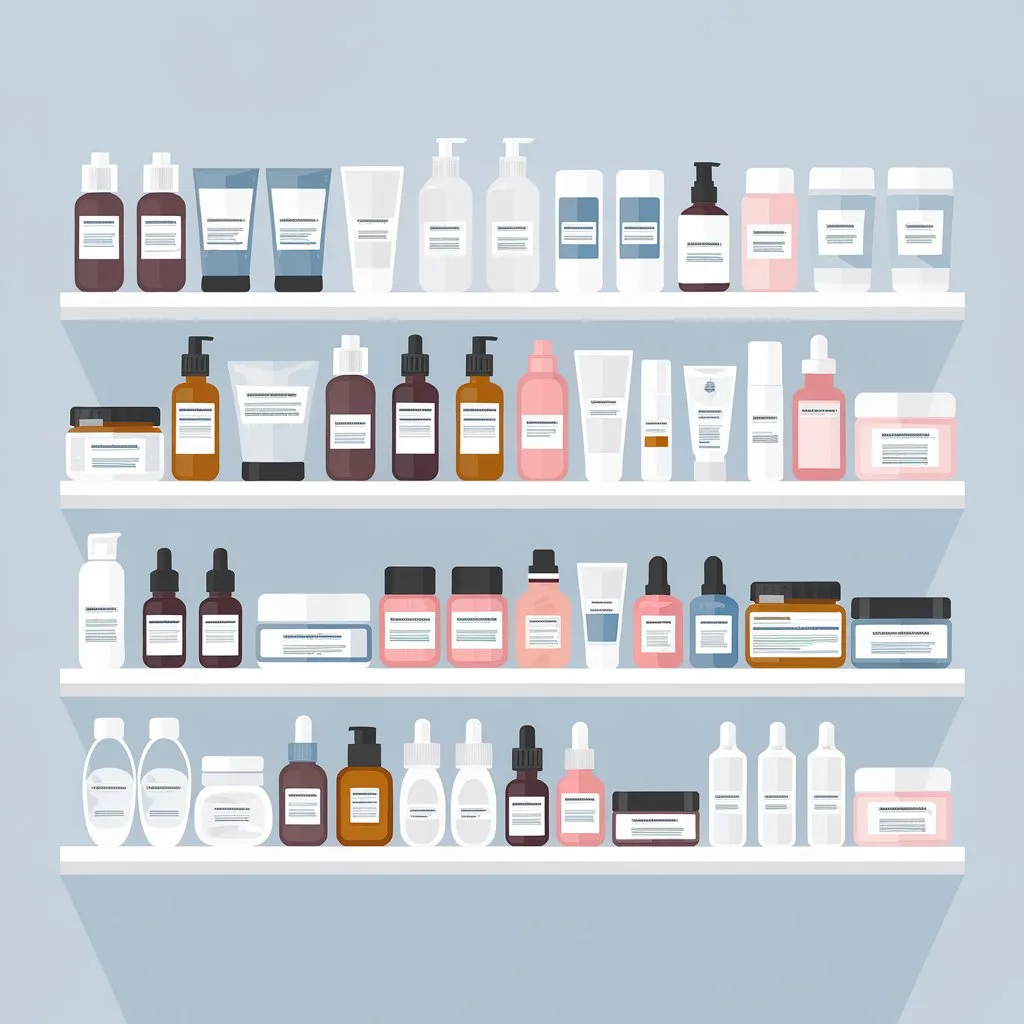
A gentle approach to caring for your skin involves choosing unscented soaps that contain natural ingredients and are free from synthetic additives. Often, simply using water is the most nourishing option for your body. In general, the fewer ingredients a product has, the better it is for your skin.
Using Soap in Every Shower
Using soap and body wash too frequently can strip the skin of its natural oils, leading to dryness, irritation, and even skin conditions like eczema. Regular bathing is essential, but there is such a thing as too much when it comes to soap.
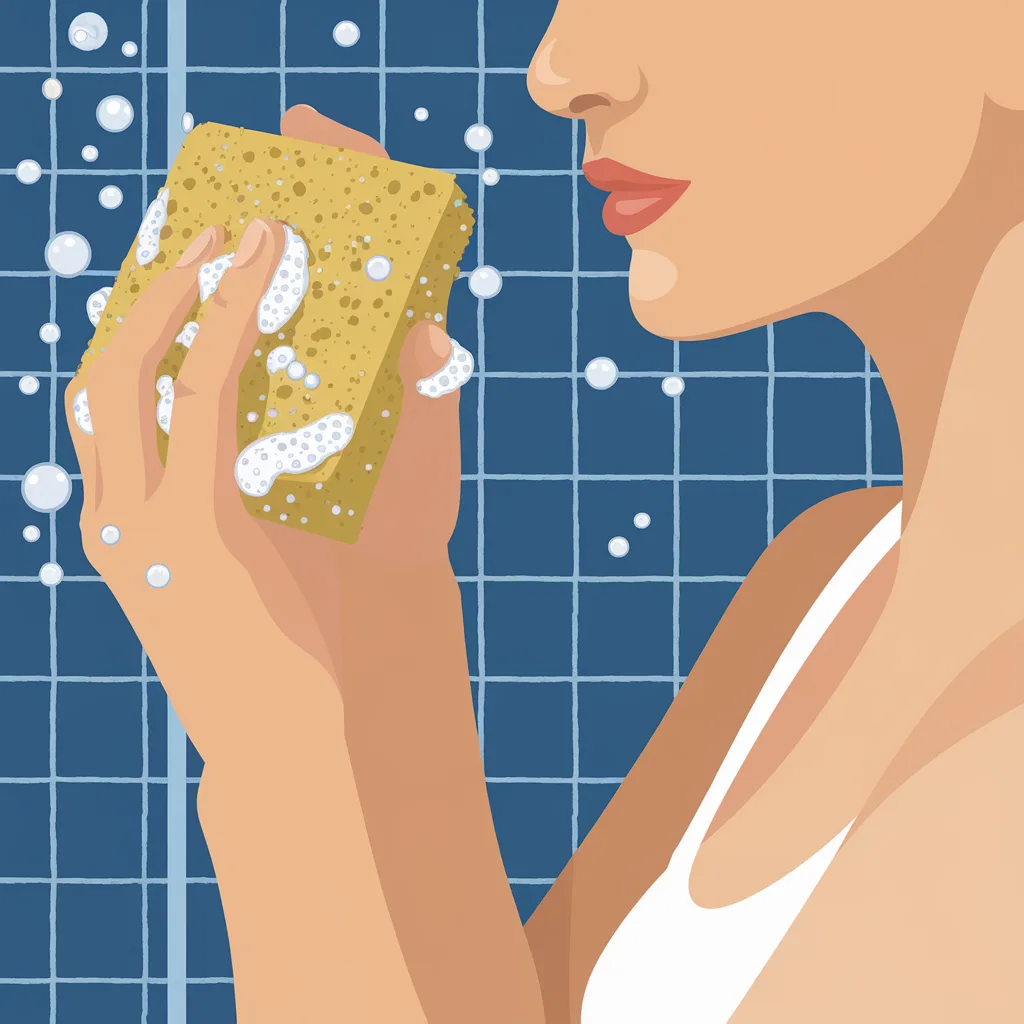
It is recommended to use soap only every two to three showers. Instead of applying body wash to your entire body each time you shower, concentrate on areas that tend to sweat more or become dirtier, such as your underarms, groin, and feet. For the rest of your body, rinsing with water is typically sufficient.
Over-Bathing or Showering
Bathing is one of the most important ways to maintain good personal hygiene. That being said, excessively long or frequent showers can disrupt the skin’s natural balance and protective barrier. Over-bathing can strip your skin of its natural oils, leading to dryness, irritation, and even exacerbating skin conditions like eczema.
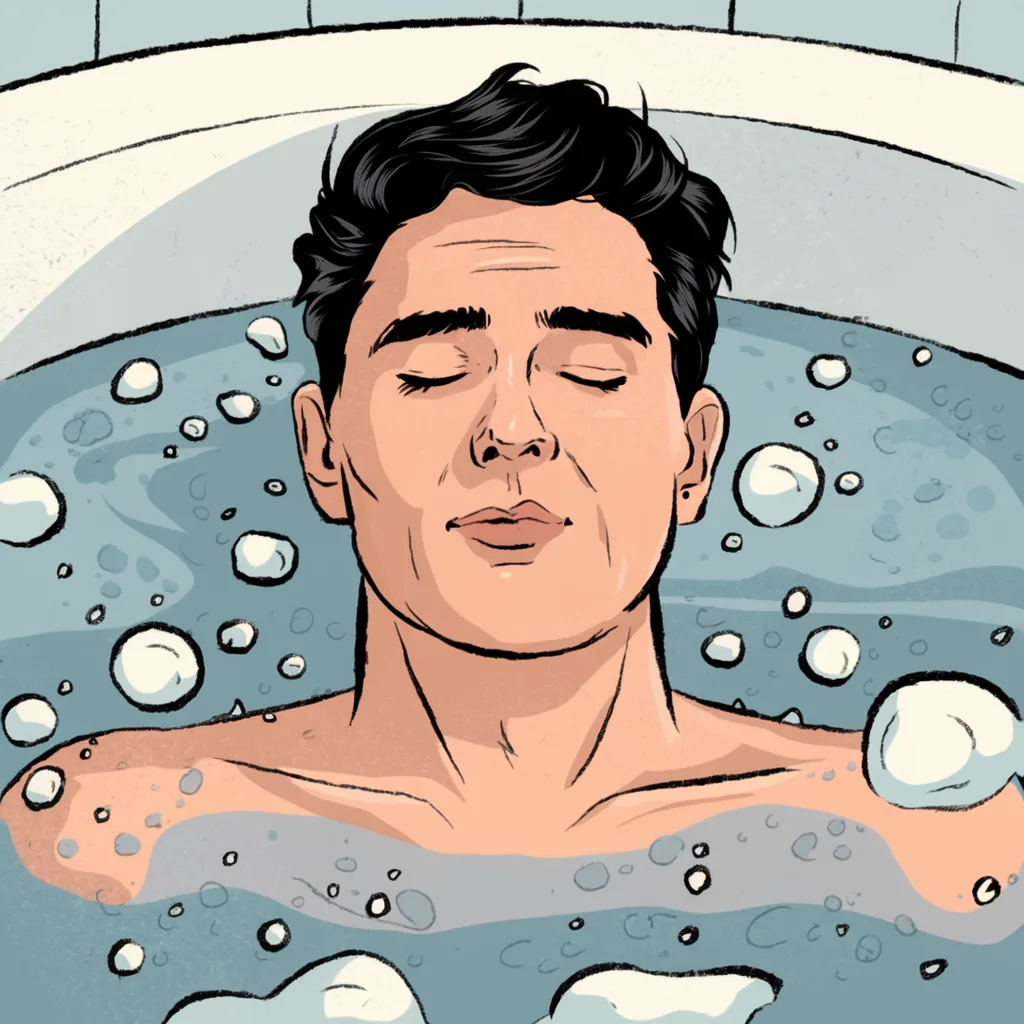
It’s recommended to limit showers to about 10-15 minutes and to use lukewarm water instead of scorching hot water, which can be more drying. You should also choose mild, moisturizing soaps and avoid harsh scrubbing, especially if you have sensitive skin.
Not Drying Properly
There is no better environment for bacteria and fungi to thrive than damp skin. If you don’t dry yourself properly after showering, it can potentially lead to infections or unpleasant odors.
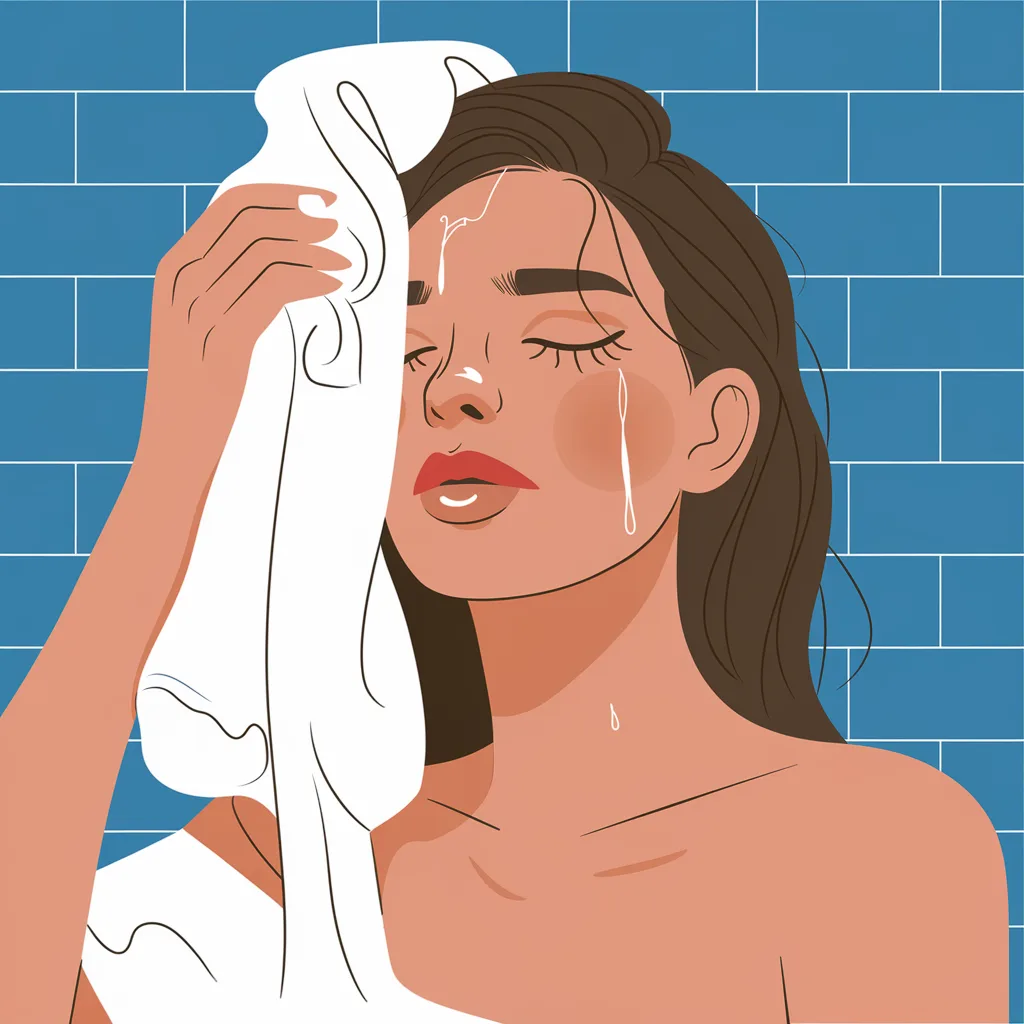
To avoid these issues, make sure to gently pat your skin dry with a clean towel after showering, paying special attention to areas like the armpits, groin, and between the toes. Avoid rubbing your skin vigorously, as this can irritate you, especially if you have sensitive skin.
Reusing the Same Towel
Towels may not appear to be dirty, but they can harbor bacteria. The warm and moist conditions of towels create an ideal environment for germs, mold, and mildew to thrive. Therefore, it is essential to change them regularly and clean them properly.
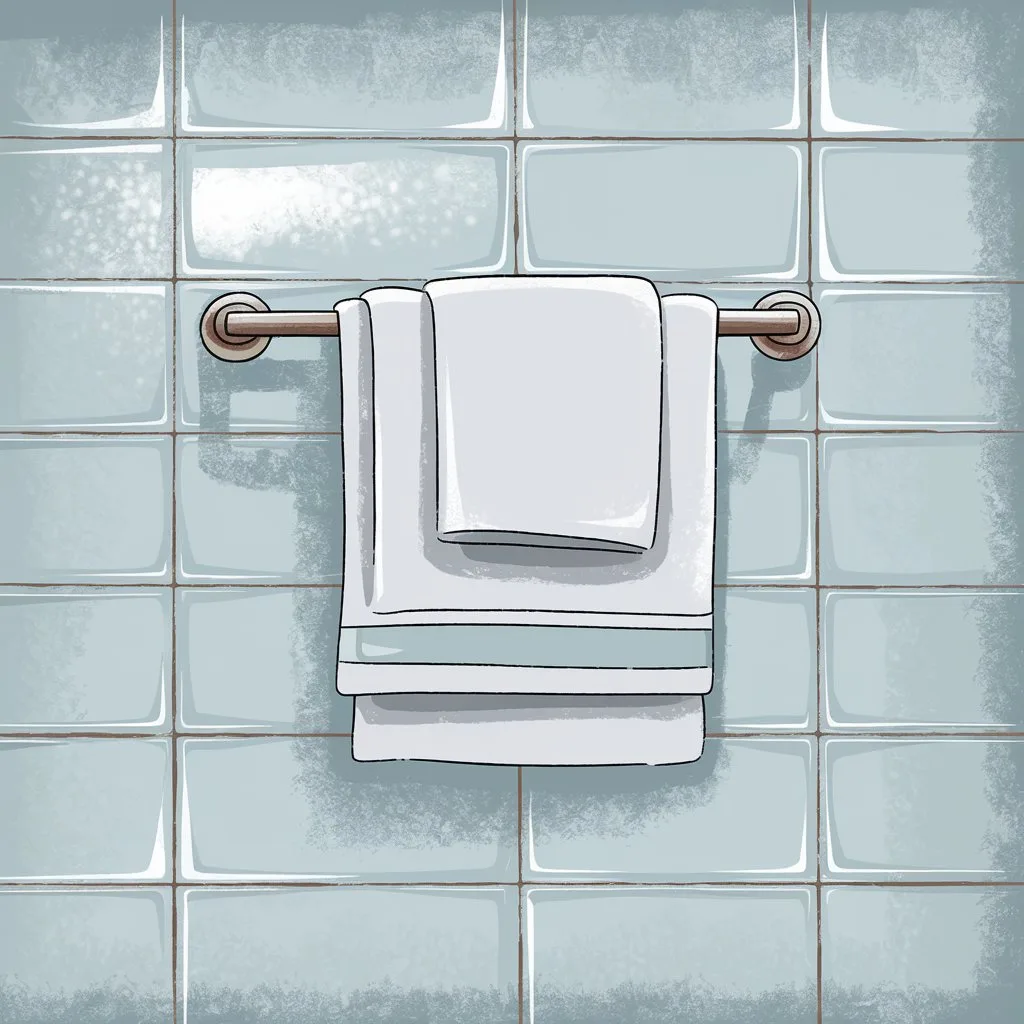
If you shower daily, aim to change your towel approximately every three days. However, if you don’t mind a growing laundry pile, it’s perfectly fine to switch towels after each use. Make sure to wash them on a hot cycle with a good detergent to eliminate bacteria, and remember to hang them up to dry between uses.
Applying Deodorant in the Morning
Most people tend to apply deodorant or antiperspirants in the morning as part of their getting-ready routine. But did you know that this is less effective than doing it at night?
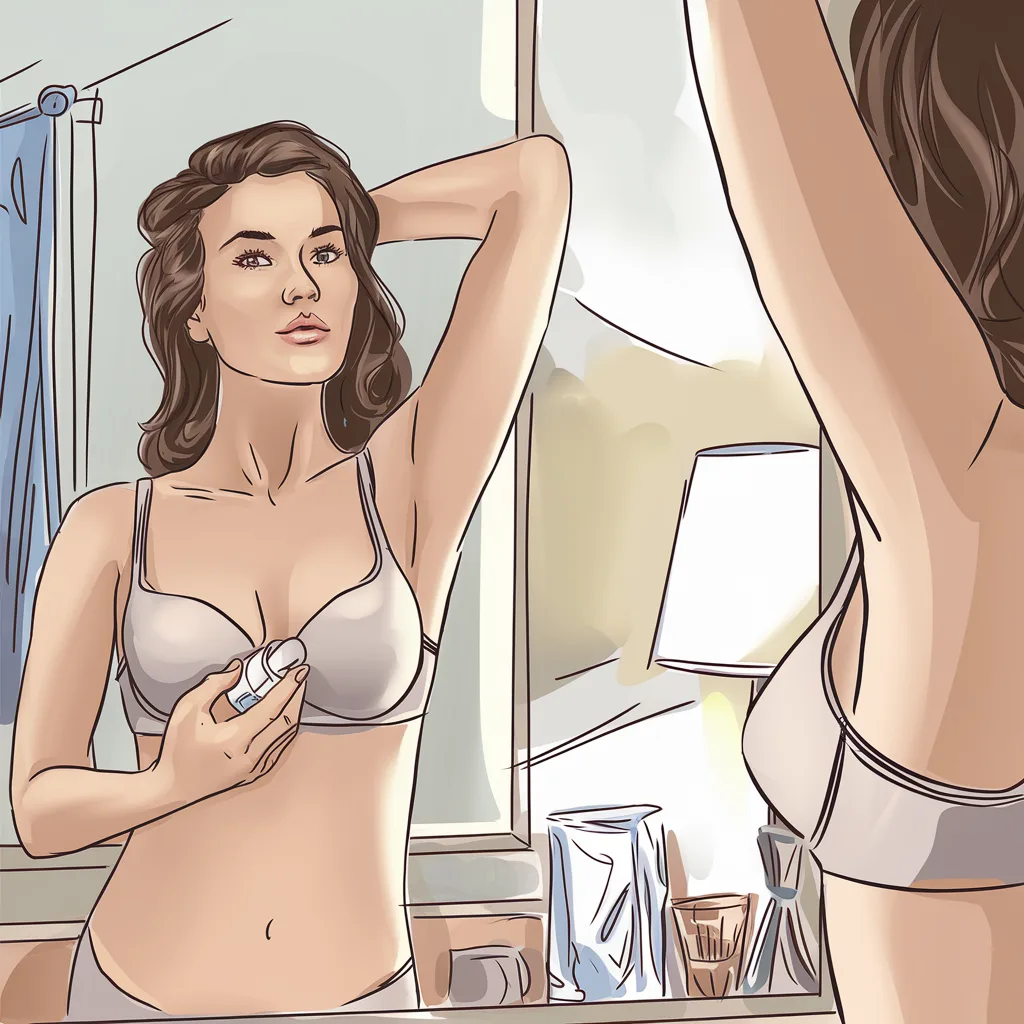
Applying deodorant before going to sleep allows it to be better absorbed into the skin, providing improved protection against odor and wetness the following day. Since sweat production is typically lower while you sleep, this simple switch in your routine can help you stay fresh and odor-free throughout the day.
Showering Too Hot
Nothing beats a hot, steamy shower at the end of a long, cold day. It can be the symbol of a self-care evening or the way to scrub off all the dirt and grime of the day, though there’s evidence to suggest that showering in incredibly hot water can harm your skin.
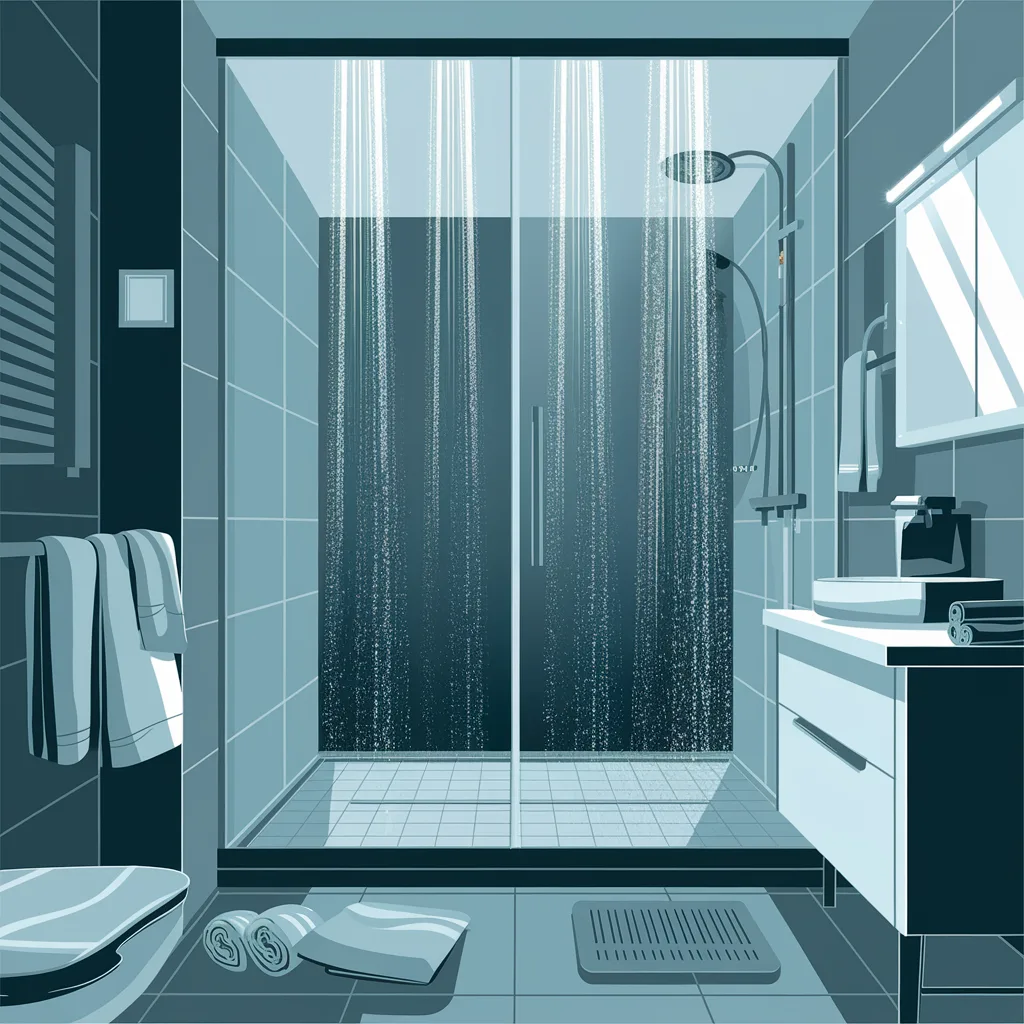
When water is too hot, it can damage the natural skin barrier, and worsen conditions like eczema and psoriasis. Lukewarm is the ideal temperature for showering as it’s more gentle and helps to maintain the skin’s natural moisture balance.
Washing Hair Too Often
We all love the look of freshly washed hair, but the debate still stands about how often we should be cleaning it. Overwashing can strip the scalp of its natural oils, causing dryness, irritation, and an overproduction of oil.
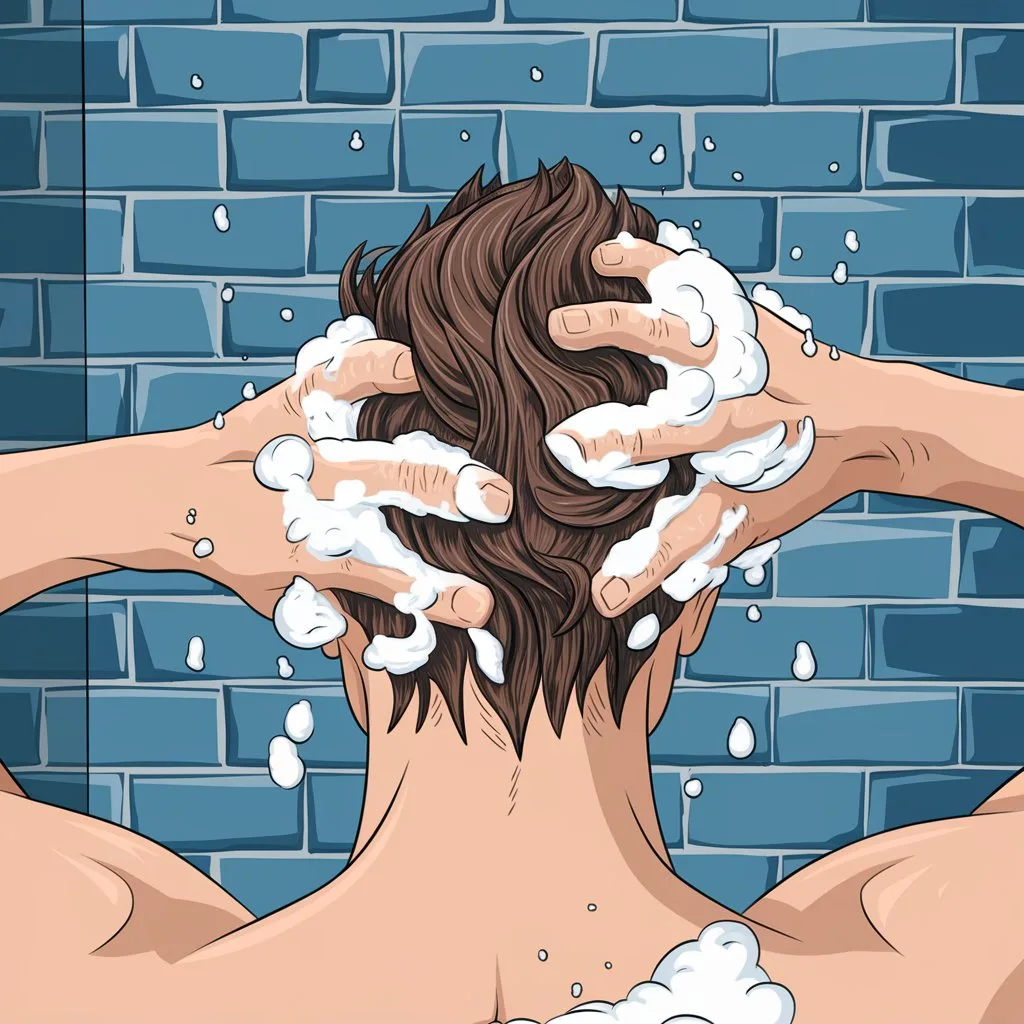
This can lead to a cycle of needing to wash your hair more often to combat greasiness. To keep your scalp and hair healthy, it’s best to wash your hair every two to three days or so, depending on your hair type and lifestyle.
Keeping Pads On Too Long
When it comes to menstruation, there are various products available to choose from. Regardless of the products you prefer, it’s essential to maintain good hygiene. Even if your flow is light or if there’s no flow at all, bacteria can still build up on a pad.
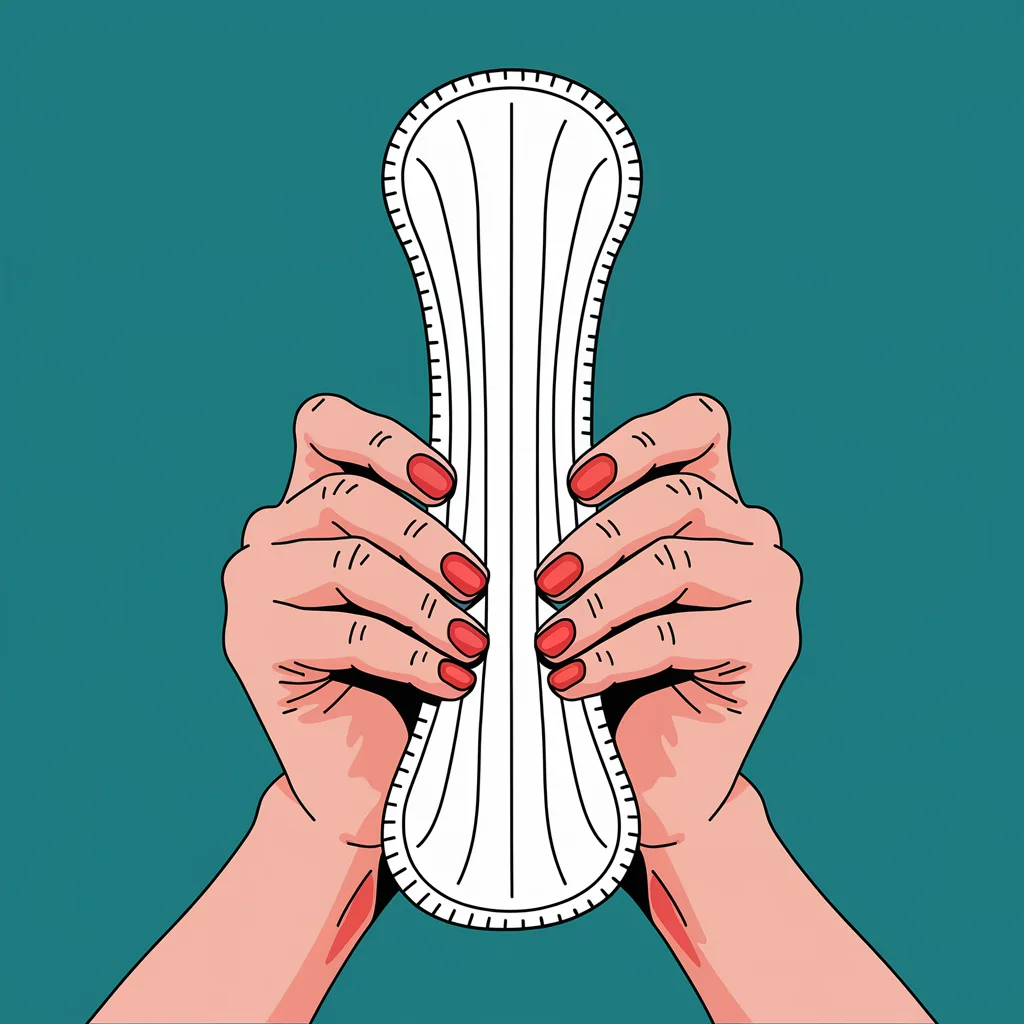
If you leave a pad on for an extended period, you are at a higher risk of developing rashes or infections, which can also lead to unpleasant odors. To maintain good hygiene and prevent bad smells, it’s advisable to change your pad every 3 to 4 hours, or more frequently if your period is heavy.
Using Perfumed Pads
Using perfumed sanitary products to mask odors may seem appealing, but it can harm your sensitive area. The added fragrances, although designed to cover up smells, can disrupt the natural balance of bacteria and yeast in that region.
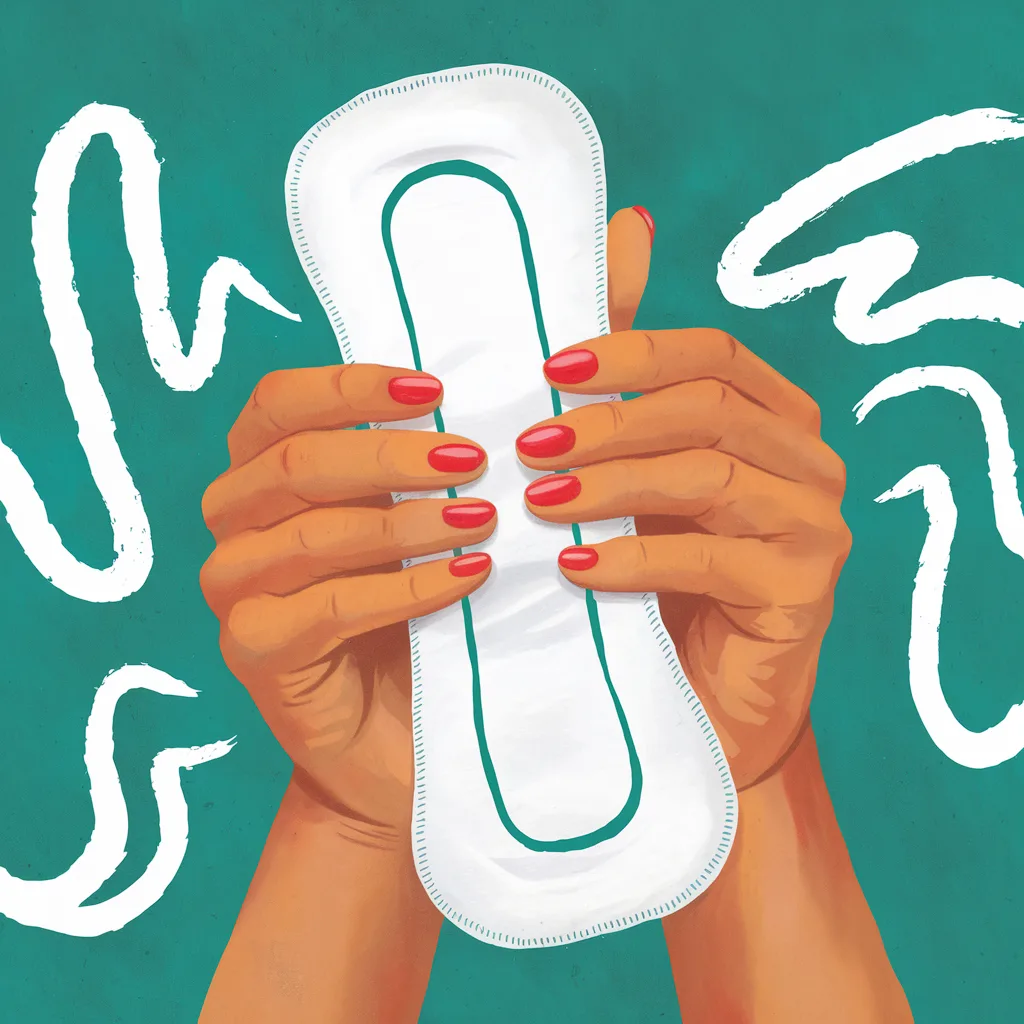
The imbalance in pH levels creates conditions that allow yeast to thrive, which can result in uncomfortable and sometimes painful yeast infections. Moreover, the chemicals found in fragrances can lead to irritation and allergic reactions. To prevent these issues, it is better to choose unscented, breathable sanitary pads that are gentle on your skin and help maintain a healthy balance.
Constantly Having Acrylic Nails
No one can deny that acrylic nails look fabulous, but keeping acrylic nails on for long periods without giving your natural nails a break can lead to weakening, thinning, and even fungal infections. Though nails don’t need to be completely free of polish to stay healthy, they do need proper care.
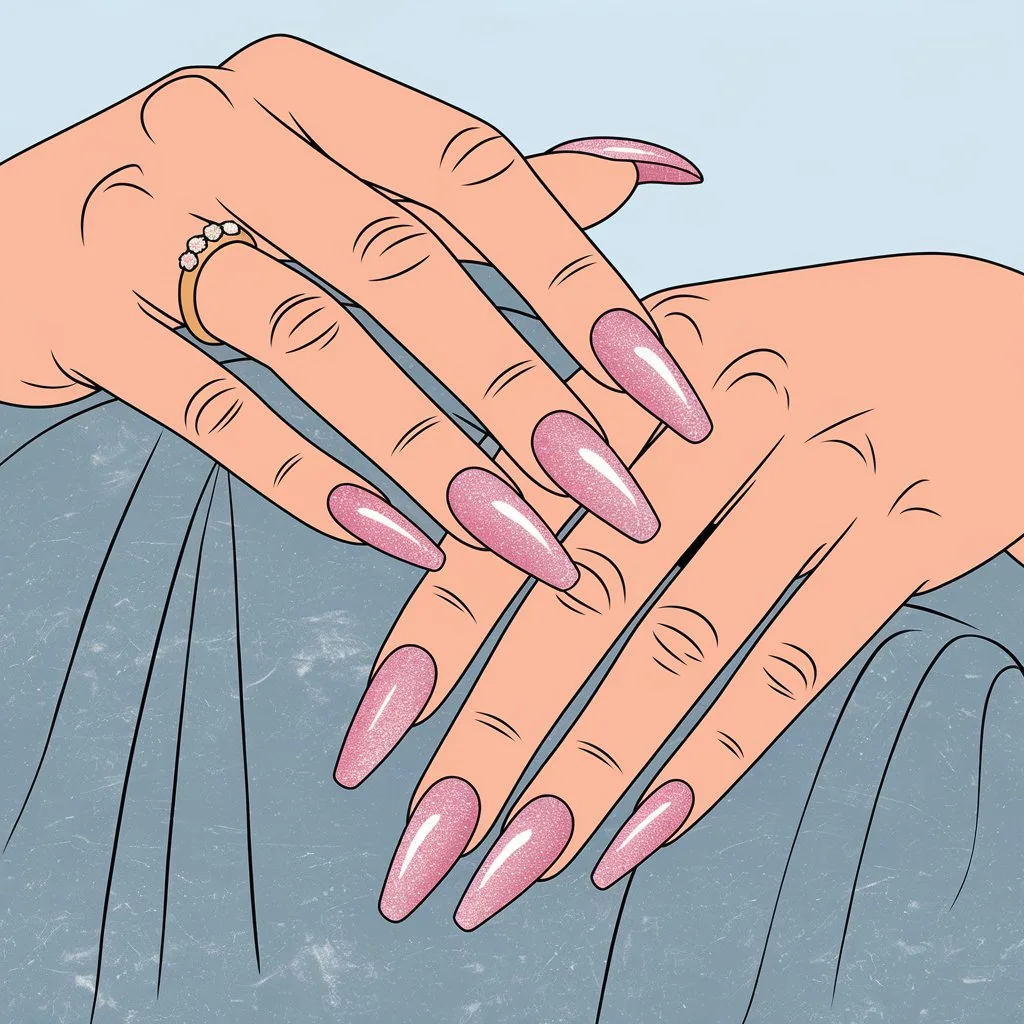
While acrylic nails can look stunning, wearing them for extended periods without allowing your natural nails a break can result in weakening, thinning, and even fungal infections. Although nails don’t necessarily need to be completely free of polish to remain healthy, they do require proper care.
Sharing Nail Clippers
Sharing is caring, but not when it comes to certain products. You might be thinking what’s the harm in sharing nail clippers? It turns out—more than you might think. When you share nail clippers, there’s a small risk that you can transmit infections in your nails or the surrounding skin.
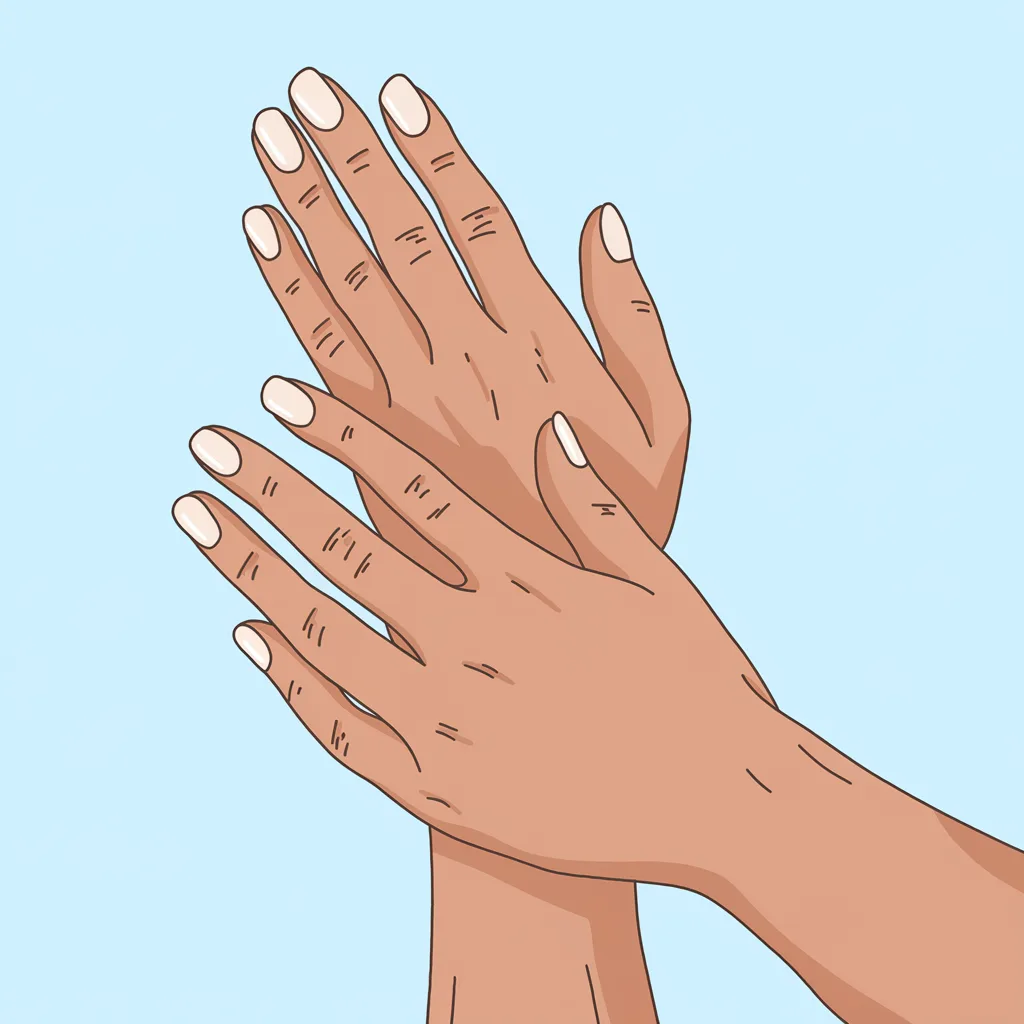
In some cases, that can look like nail fungus, ringworm, or even athlete’s foot. Make sure to stick to your own, and keep your nail clippers clean by washing them with soapy water and a disinfectant solution where you can.
Neglecting Your Belly Button
After cleaning all the other essential spots in the shower, the humble belly button can get forgotten. But this often-overlooked area can harbor a surprising amount of dirt, sweat, and bacteria, leading to unpleasant odors and potential health issues.
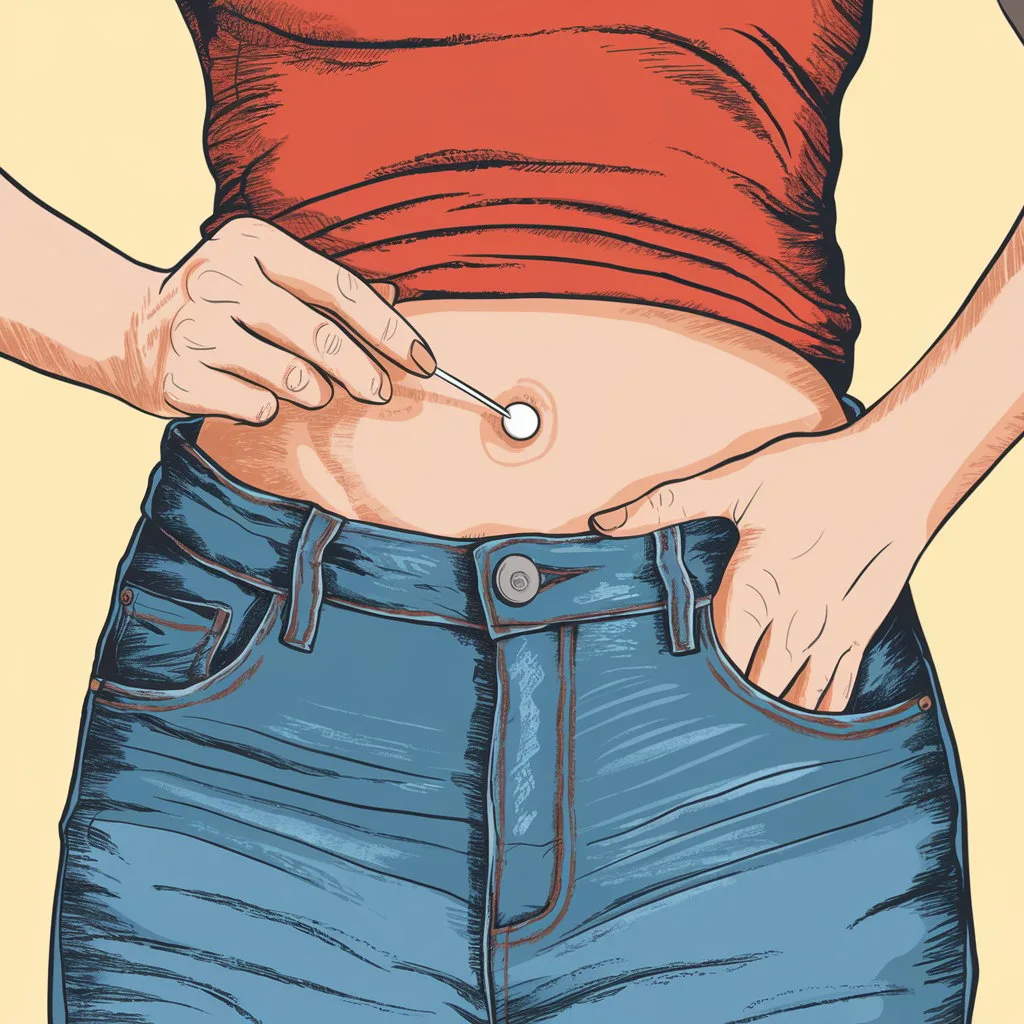
The belly button’s crevices provide an ideal environment for bacteria and fungi to thrive, which can cause infections if left unchecked. Regular cleaning with mild soap and water helps remove debris and reduce the risk of skin irritation.
Rinsing Right Away
After brushing your teeth, avoid spitting and rinsing immediately. Spit out the excess toothpaste, but don’t rinse your mouth right away. Rinsing washes away the concentrated fluoride left from the toothpaste, diluting its effectiveness.
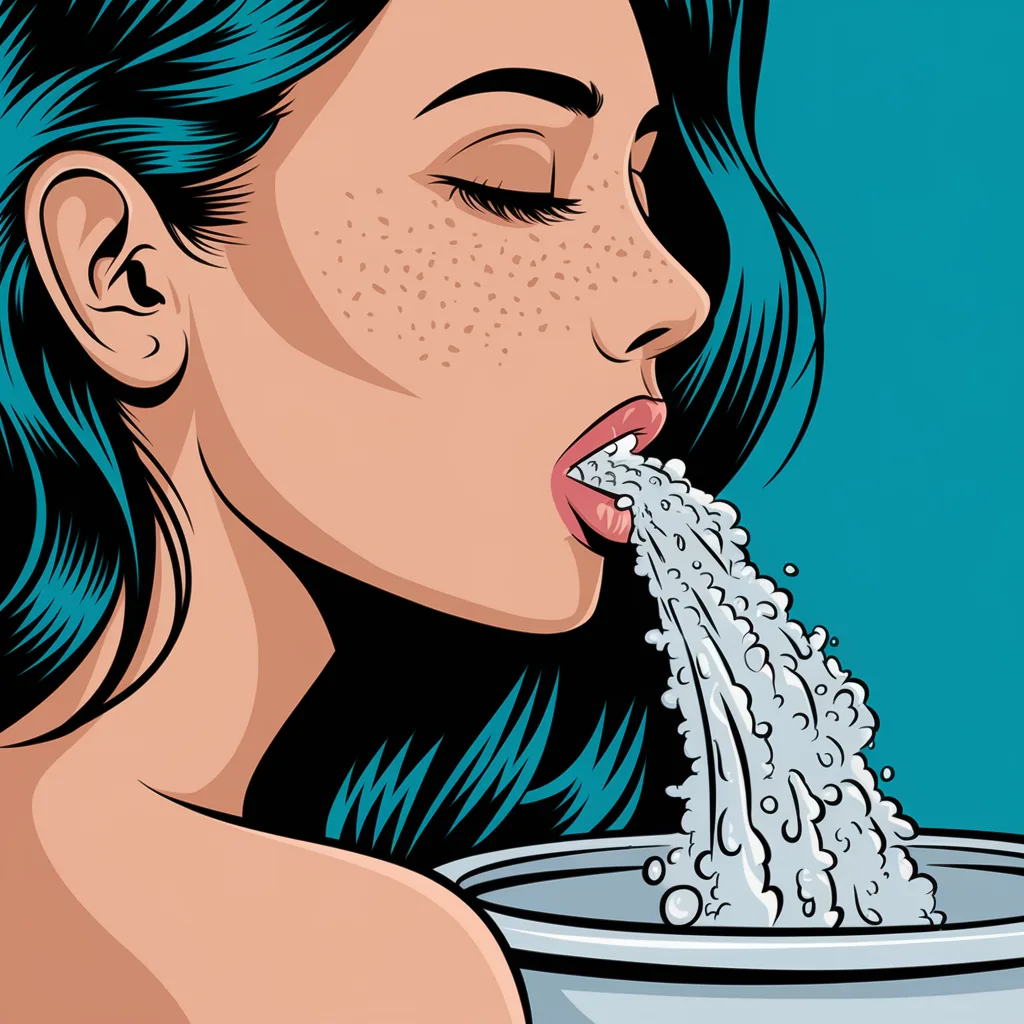
This fluoride is crucial for strengthening enamel and protecting against cavities. By not rinsing, you allow the fluoride to remain on your teeth longer, maximizing its preventative benefits. For optimal oral health, simply spit out the excess toothpaste and let the fluoride work its magic.
Picking Your Nose
While we know how tempting it can be to go digging for gold every now and again, you might be damaging your health more than you think. The nose produces mucus to trap germs and particles, and picking can introduce bacteria into the body, leading to infections.
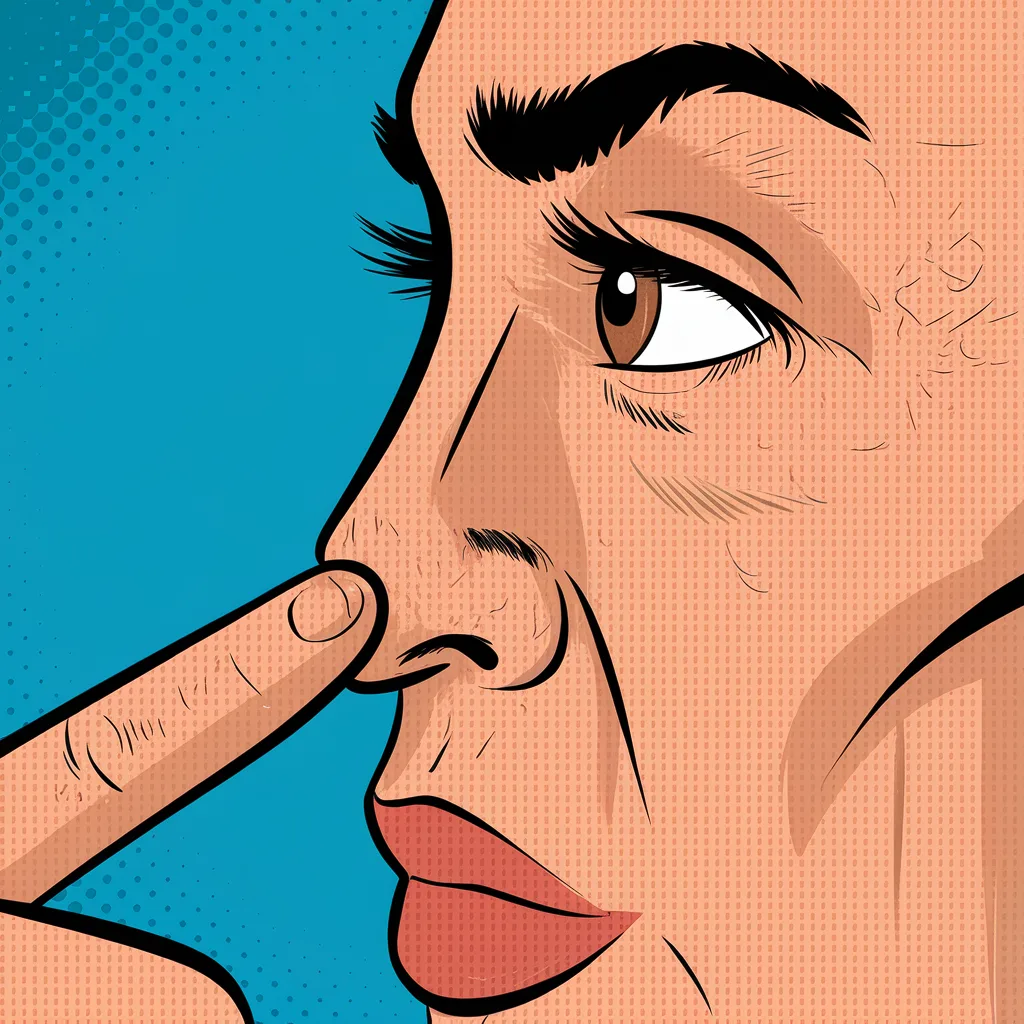
Instead, gently blow your nose into a tissue to remove excess mucus. If you must clean your nostrils and a tissue isn’t helping, use a saline nasal spray to soften the mucus and then gently blow your nose. Avoid using fingers or sharp objects to prevent irritation and infection.
Wiping Sweat With Hands
Sweating is completely normal, especially during workouts or strenuous activities. Throughout the day, our hands touch many different surfaces and substances. When we wipe sweat from our faces with those hands, we can transfer a variety of bacteria. This is particularly concerning because sweating often opens up our pores.
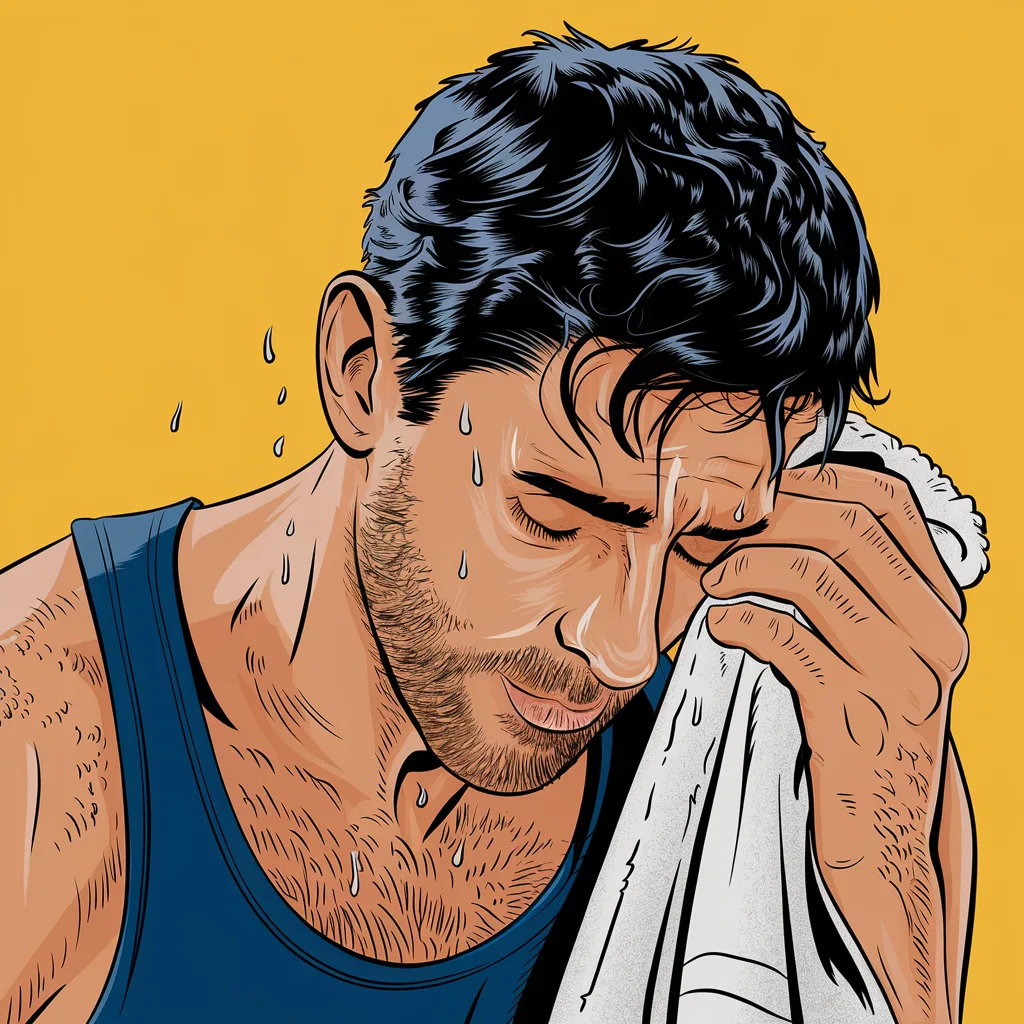
To reduce the risk of transferring germs, avoid touching your face while sweaty, and use the inside of your shirt collar or a sweatband to absorb sweat.
Washing Bras Infrequently
Bras are our most supportive clothing companions, in more ways than one. They come under a curious category when it comes to laundry because it’s unclear how often we’re supposed to be washing them.
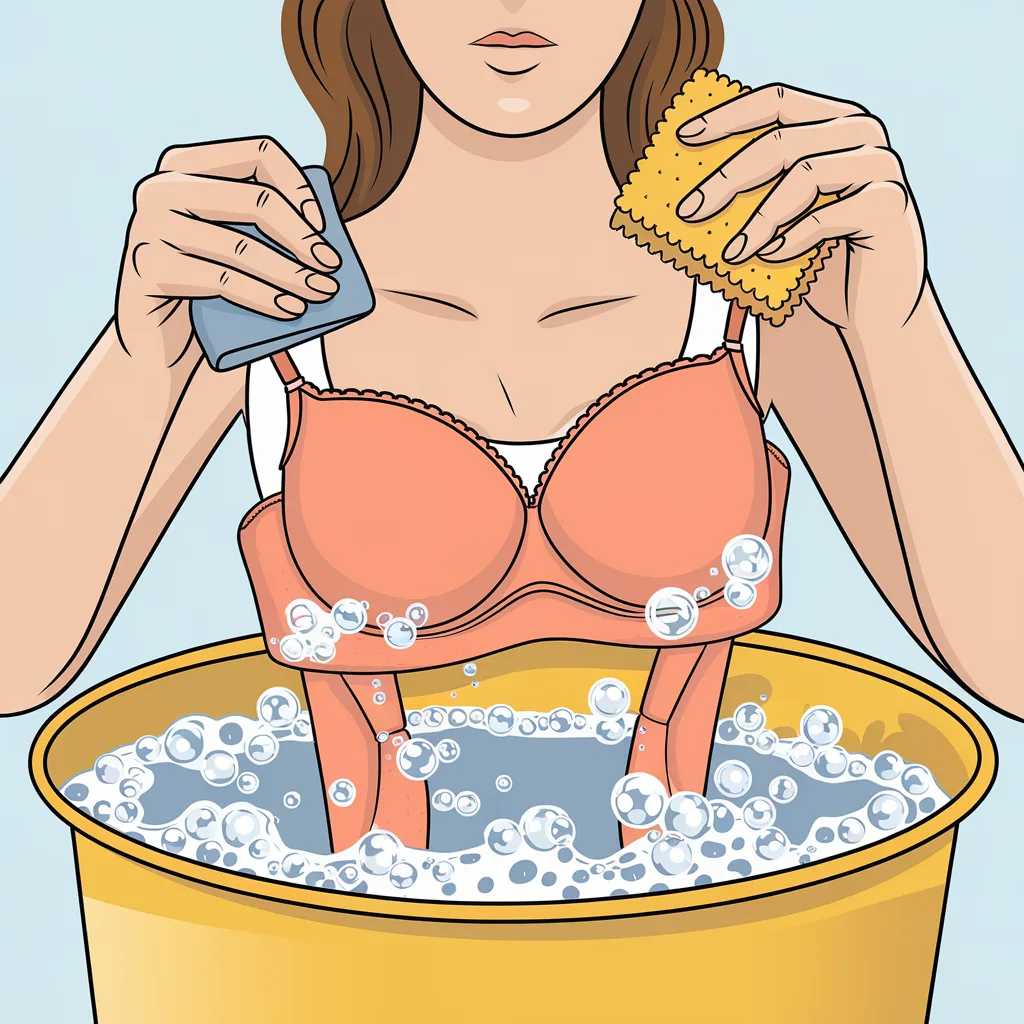
To maintain your bras and keep them in good condition, aim to wash them every three to four years. Use a gentle detergent and wash them by hand or use a lingerie bag on a gentle cycle to help preserve their shape. Additionally, avoid using fabric softener, as it can damage the elastic.
Discoloration and Bleaching in Undergarments
If your underwear has spots of bleaching or discoloration, don’t worry. This doesn’t indicate that your garments are dirty, nor is it a sign that anything is wrong. It’s completely normal due to the body’s natural acidity.
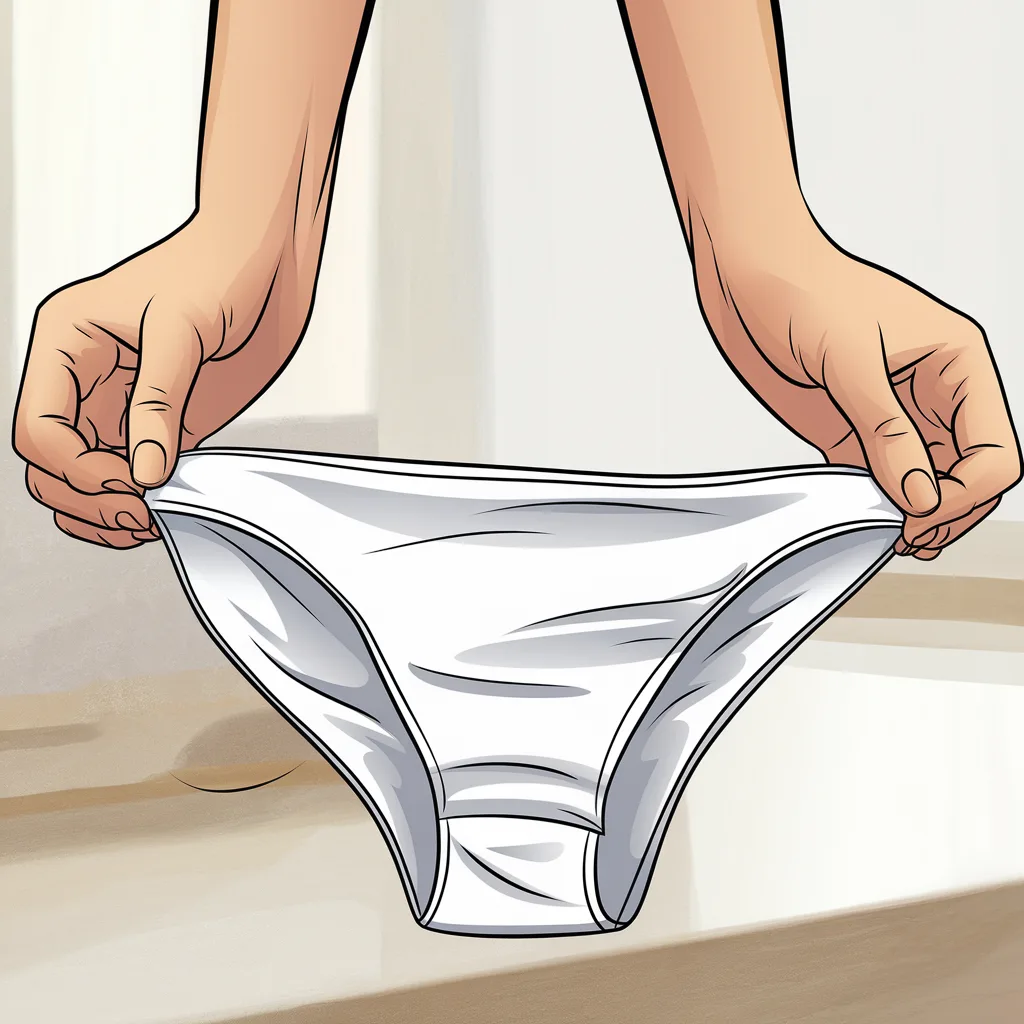
To help prevent discoloration of your underwear, consider wearing a panty liner at various times during your menstrual cycle. These thin, absorbent pads can shield your underwear from direct contact with discharge, which may reduce the risk of staining. Additionally, rinsing your underwear in cold water immediately after use can help prevent any stains from setting.
Throwing Undergarments in the Dryer
It’s common to accidentally toss our hand-wash-only underwear into the washing machine, but avoiding this will benefit your garments.

The best option, if you can, is to hang your undies to dry in the sunshine (or by your window) because the sun helps to kill any bacteria. And if you don’t have anywhere to hang it up, you could lay it to dry flat on a towel.
Shaving Down There
Contrary to popular belief, shaving your pubic area does not necessarily make you cleaner or more hygienic. Removing pubic hair can increase the risk of irritation, ingrown hairs, and infections. Hair acts as a protective barrier, reducing friction and helping to keep bacteria at bay.
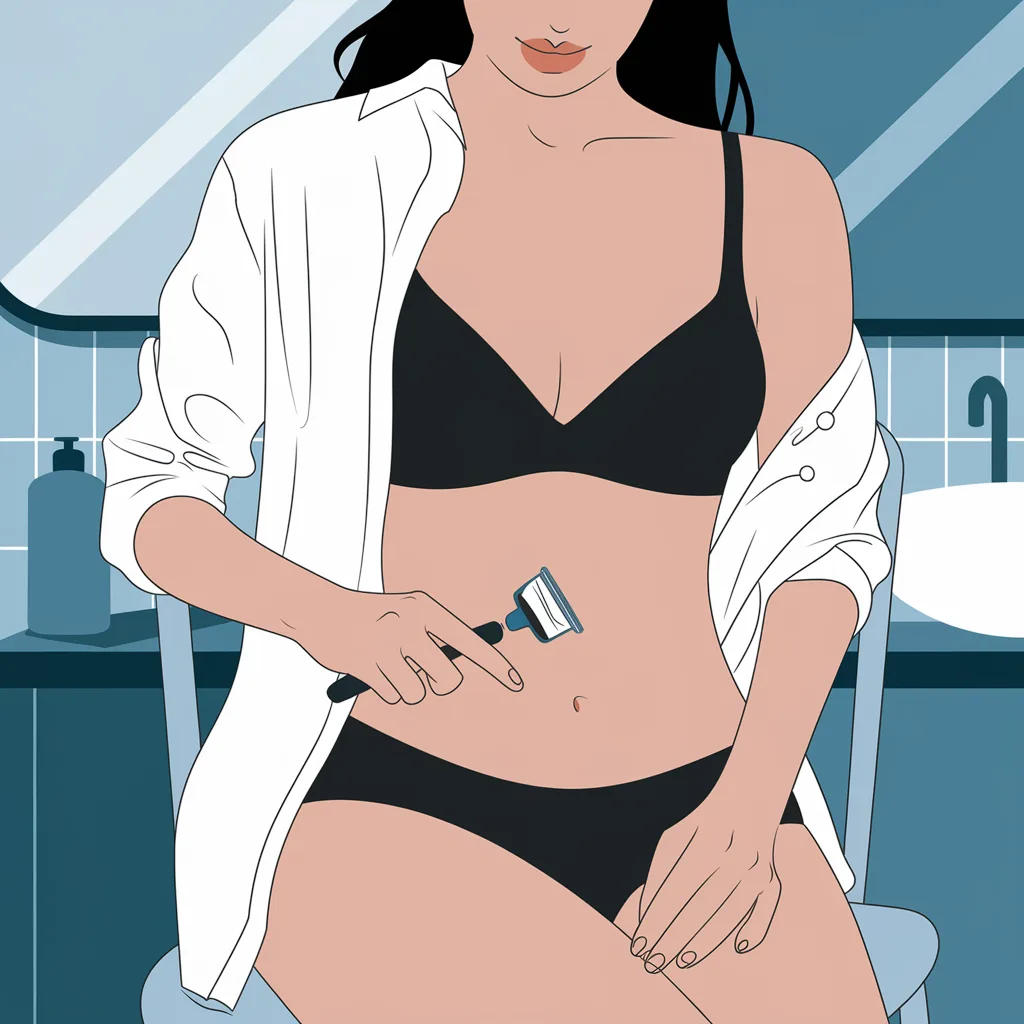
Instead of shaving there to improve hygiene, focus on regular washing with mild soap and water to maintain cleanliness. If you prefer a hairless look, trimming or careful shaving with proper aftercare can help minimize risks.
Shaving Against the Grain
Shaving is often regarded as the most convenient method of hair removal, but it has its drawbacks. Shaving against the grain or in the wrong direction can cause the razor to pull on the hair, leading to skin irritation, razor burn, or even ingrown hairs in some cases.
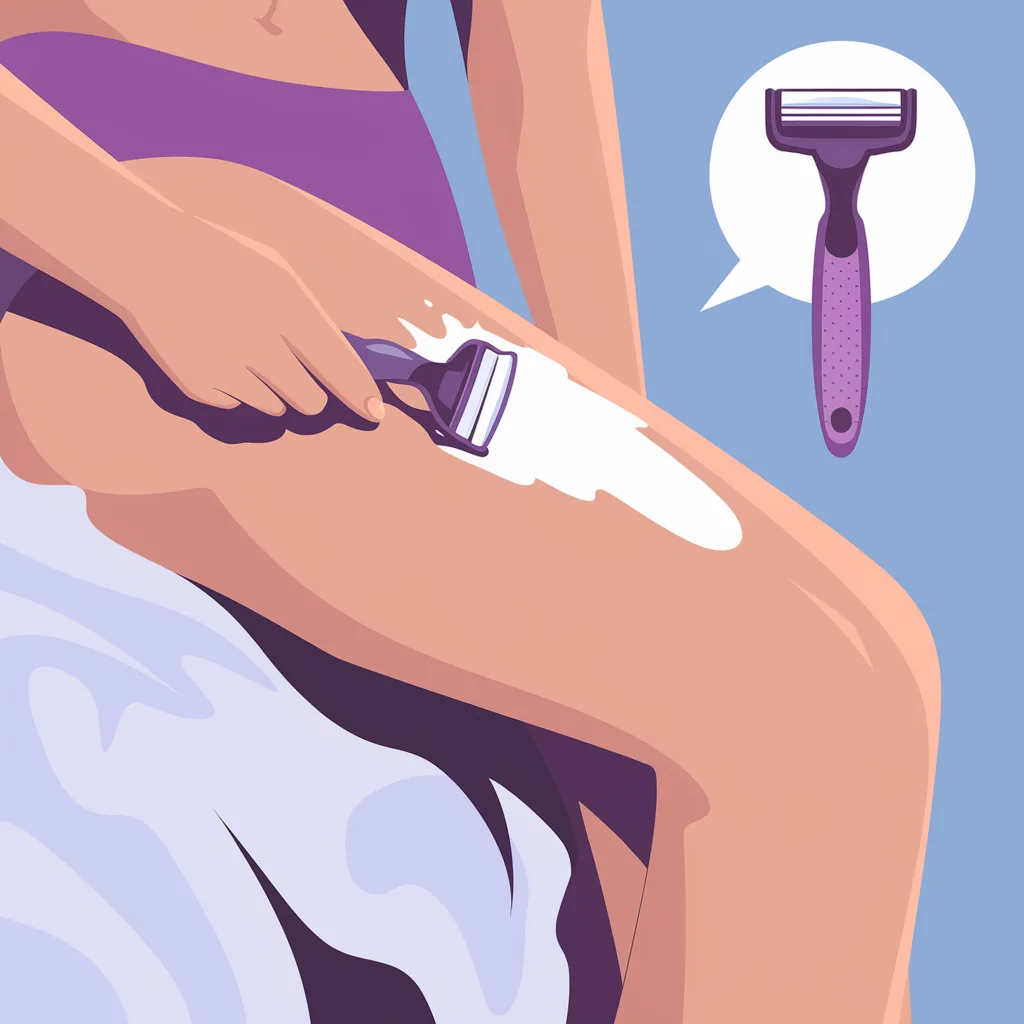
To achieve a closer shave with less irritation, use a sharp, clean razor and shave in the direction of hair growth, typically downward. Rinse your razor frequently and avoid applying too much pressure while shaving. Following these guidelines can help improve your shaving experience.
Overusing a Razor
Mastering the art of facial shaving takes some skill. We all have our favorite razors, but it’s important to make sure to switch them out regularly because the skin on our face is sensitive and easy to irritate. Excessive use of the same blade can cause skin issues, and a dull blade can also cause ingrown hairs and bacterial infections.
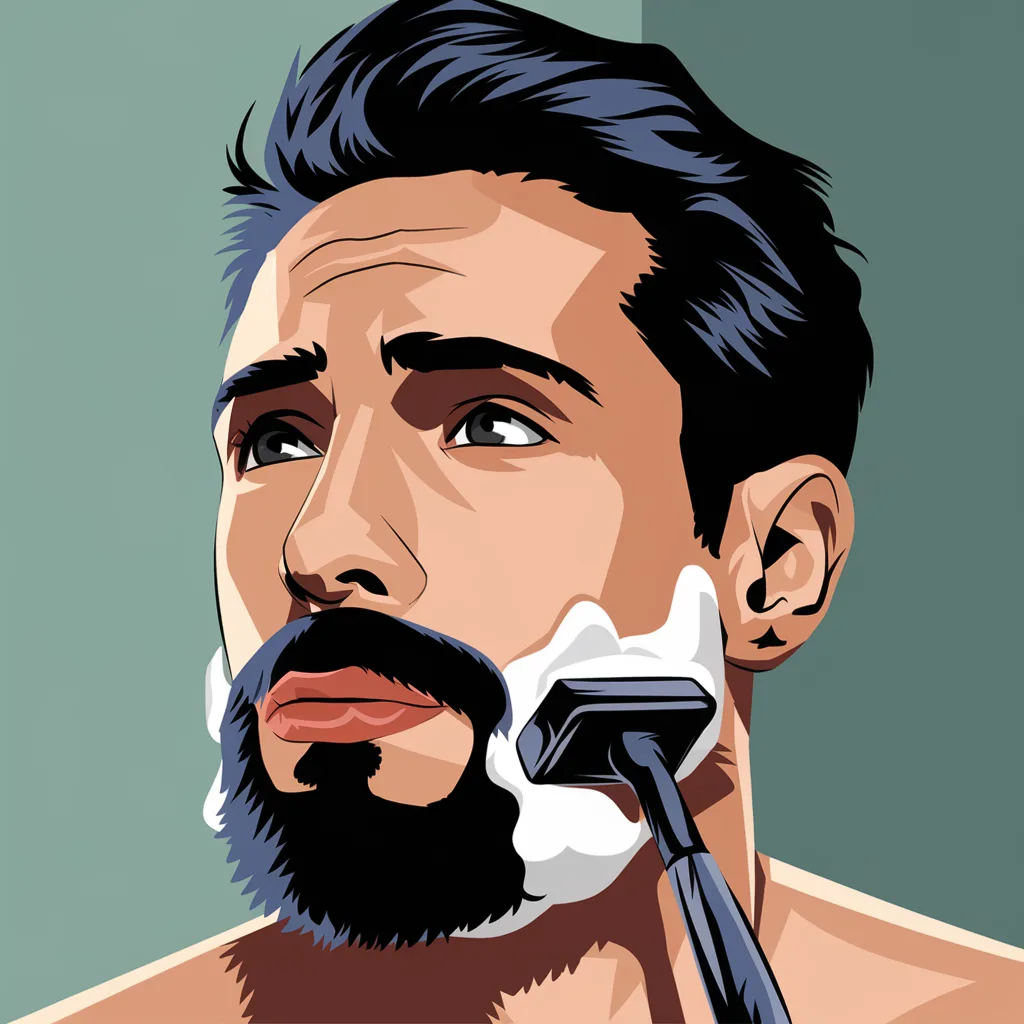
The frequency of blade changes depends on how often you shave and the thickness of your hair, but as a general guideline, you should aim to replace the blade every five to 10 shaves. Switching to a more eco-friendly razor and maintaining it well can be a game-changer, too.
At-Home Facial Waxing
Waxing is one of the most cost-effective and efficient hair removal techniques. When waxing at home, not properly preparing can be a recipe for disaster. The skin on your face is particularly sensitive so a patch test is recommended before you even get started, to avoid any unexpected skin reactions.
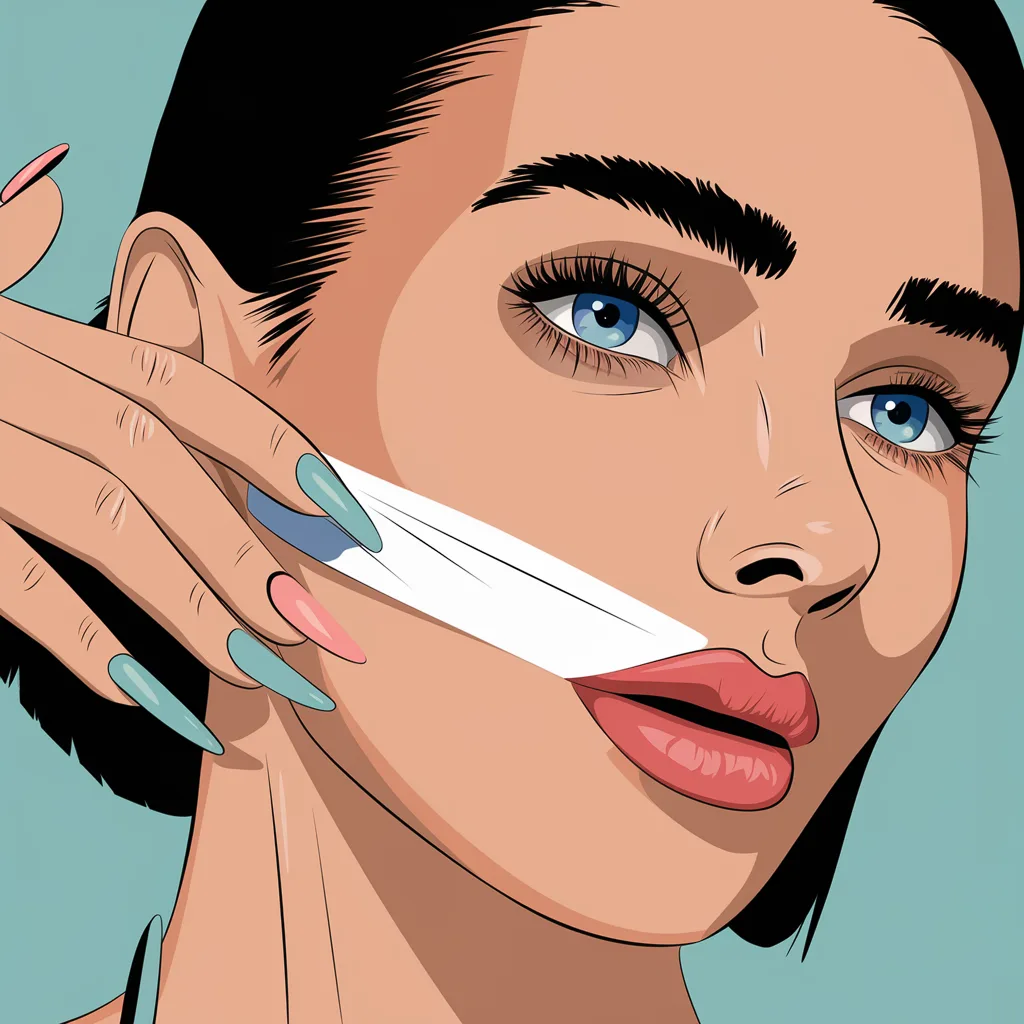
Once your face is dry and free of makeup, you’re good to go. Make sure you don’t apply wax more than once in the same spot as this can irritate and damage the skin. Tweezers are your best bet for removing those stubborn hairs.
Over-Moisturizing
It’s important to keep your skin moisturized and hydrated, but over-moisturizing can be just as bad for your skin as under-moisturizing. Using too much moisturizer can clog pores, leading to breakouts and a greasy complexion.
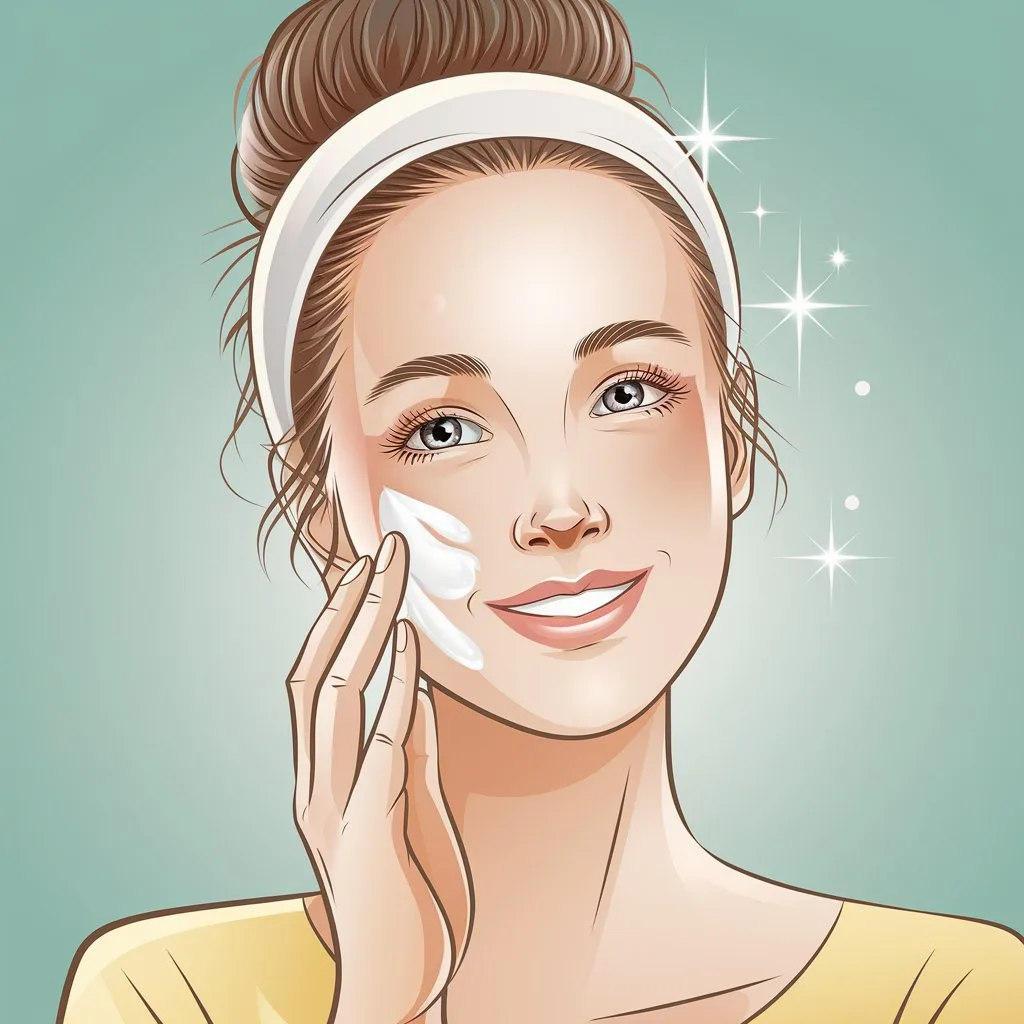
It can also prevent your skin from producing natural oils, which are essential for maintaining healthy skin barrier function. Stick to a schedule of moisturizing twice daily and if you break out or find dry patches, it’s time to dial back. This will keep your skin happy and healthy without overdoing it.
Dermaplaning Without Guidance
One of the skincare trends that has exploded in popularity recently is facial shaving or dermaplaning. Some people swear that it’s the secret to having smooth, soft skin, and it helps with exfoliation which makes makeup application smoother.
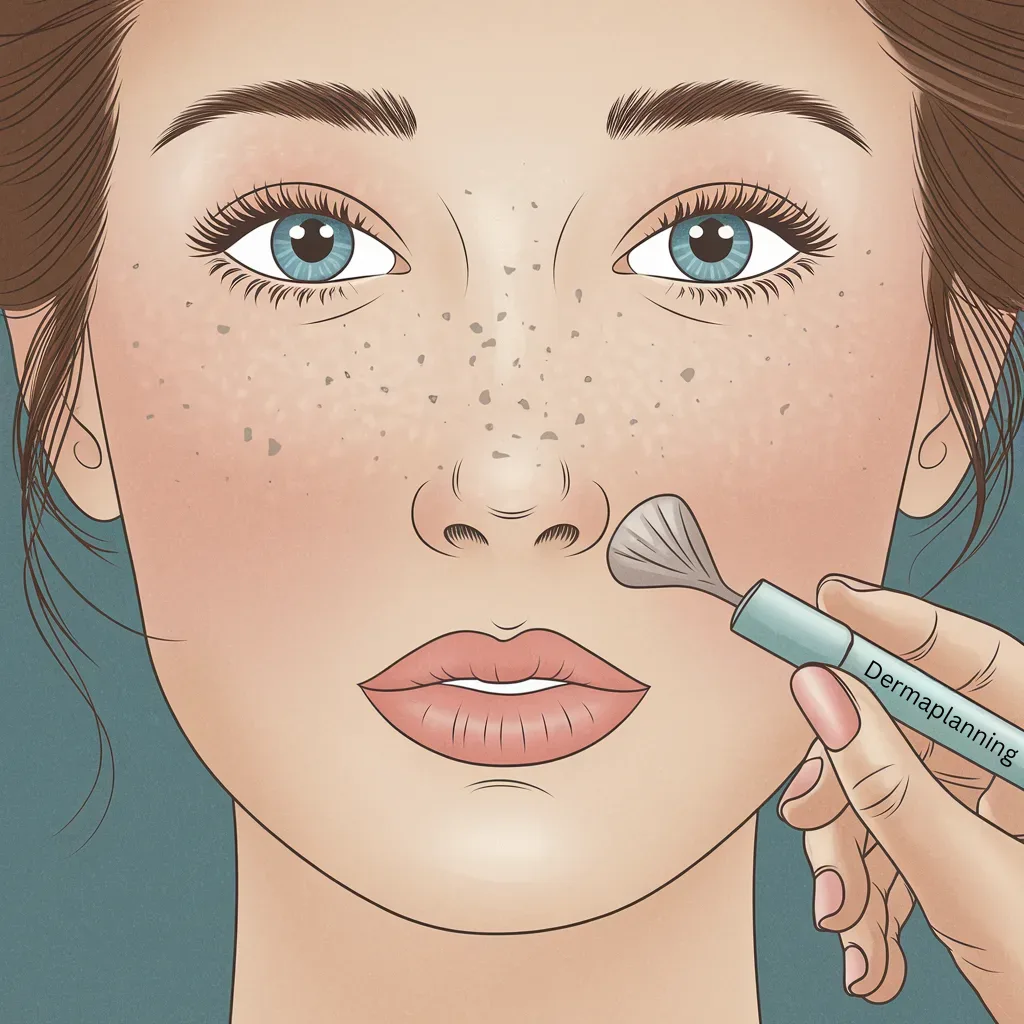
If you want to try dermaplaning, make sure to do it with the right guidance. Understand your unique skin type before deciding that it’s right for you. After all, your face is a sensitive area and it should be treated with as much care as possible.
Touching Your Face Constantly
If you’re anything like us, you probably touch your face many times a day without even realizing it. We come into contact with so many surfaces and objects throughout the day, that all contain millions of microbes. When you touch your face, it can transfer dirt, oil, and bacteria from your hands to your skin, leading to breakouts, irritation, and the spread of germs.
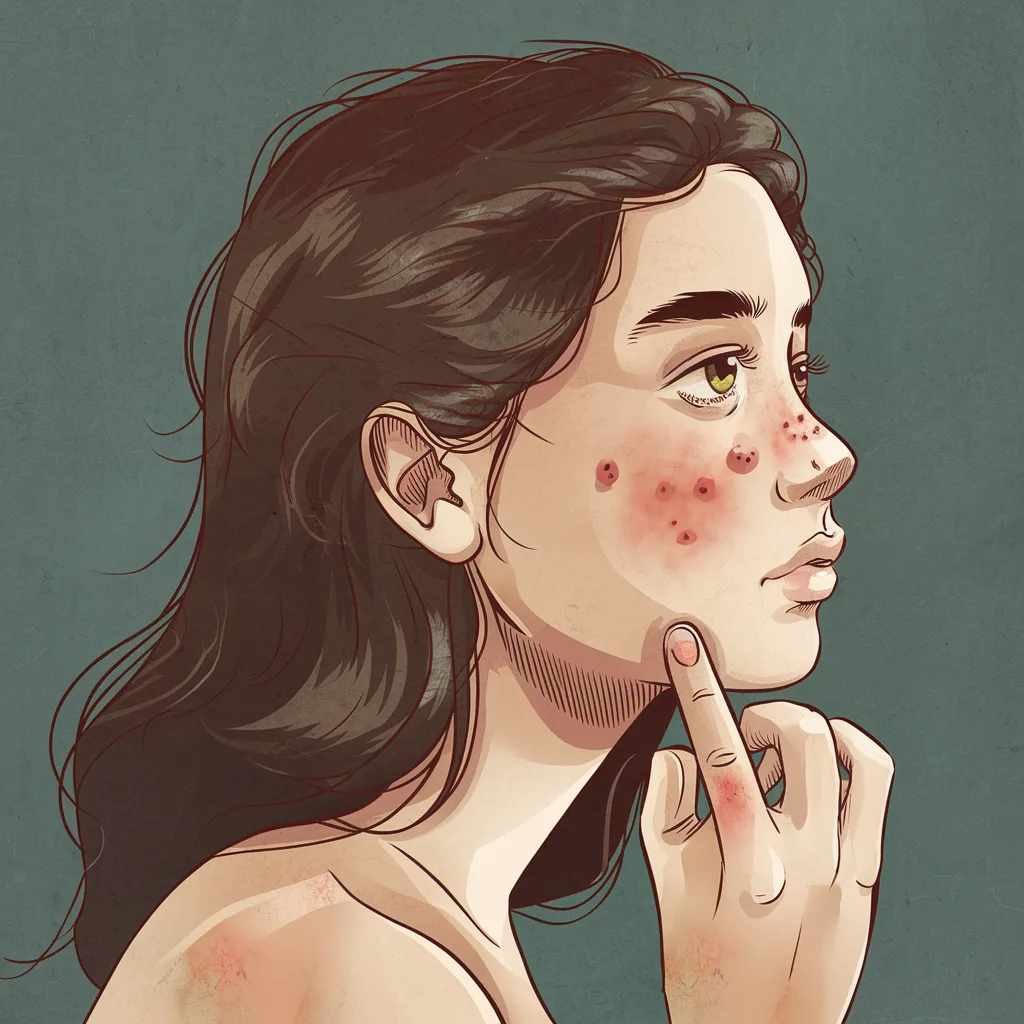
To reduce the risk of skin issues, try to avoid touching your face unnecessarily. It can be a hard habit to break, so if you need to touch your face, make sure your hands are clean before doing so.
Drooling In Your Sleep
Many people don’t realize that drooling in your sleep can indicate an underlying issue. While it’s usually harmless, consistent drooling might be linked to allergies, sinus problems, or even sleep apnea. Ignoring it can lead to discomfort and disrupted sleep.
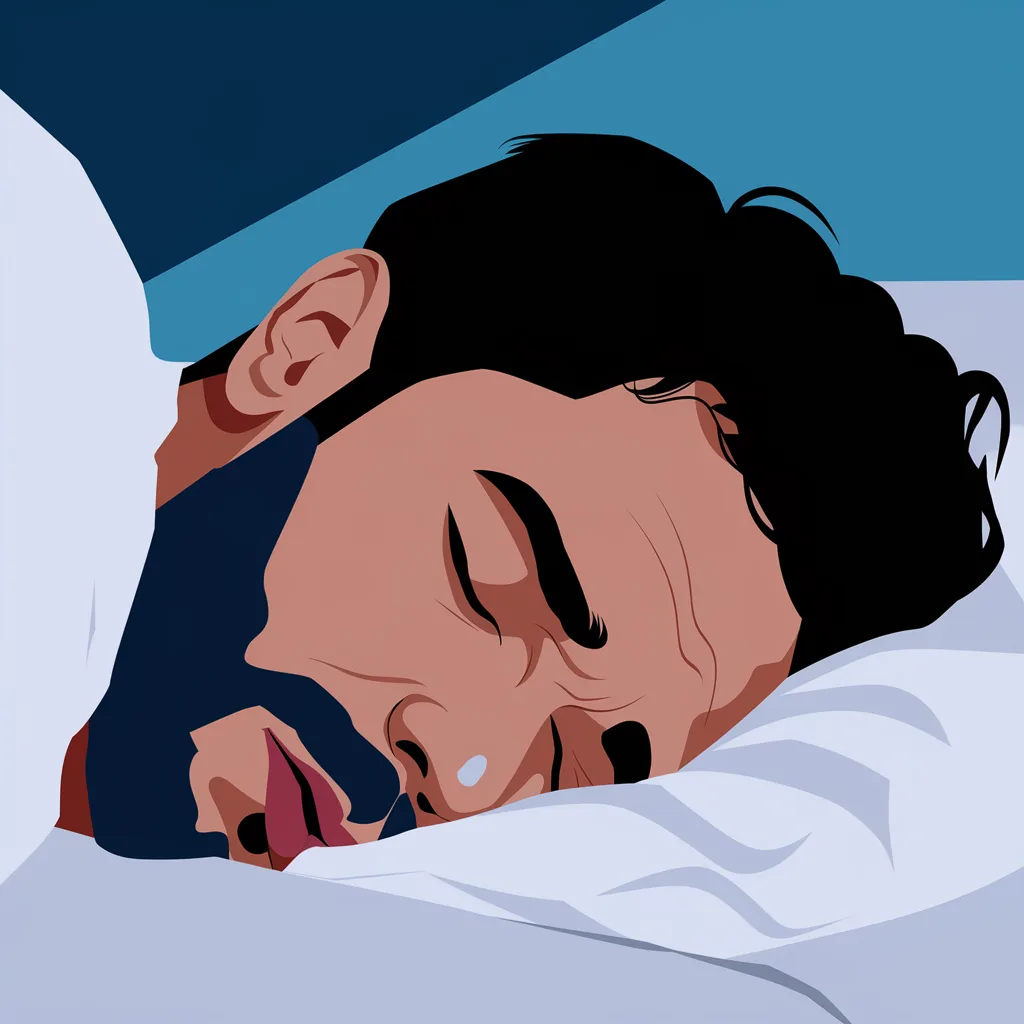
To address the issue, try sleeping on your back, using a supportive pillow, or treating any underlying conditions like allergies or nasal congestion. If drooling persists, consider consulting a healthcare professional for further advice.
Sleeping in Undergarments
Whether you prefer to sleep wearing a matching pajama set, an old T-shirt, or in your birthday suit, studies seem to suggest that sleeping with knickers can lead to increased moisture and warmth, which increases the potential risk of infections and irritation.
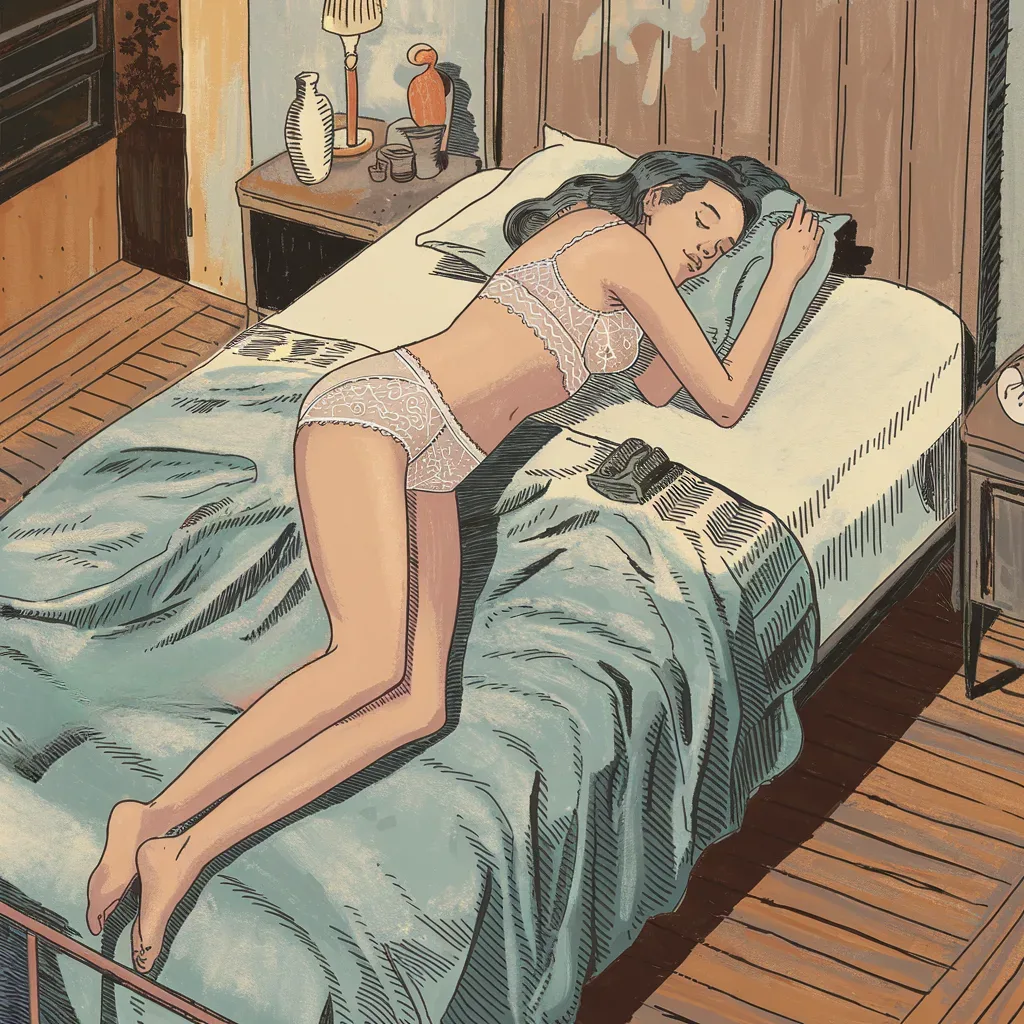
Try to let things breathe where you can because it can help you sleep better, and keep your skin healthier. If you prefer wearing them for comfort or other reasons, choose breathable, cotton ones and change into a clean pair before bed.
Physical Impacts of Abstinence
Abstaining from adult relations, for whatever reason, can have various effects on your body and mind. Physically, it may result in lower levels of certain hormones like oxytocin and dopamine, which are typically released during these activities and can boost mood and bonding.
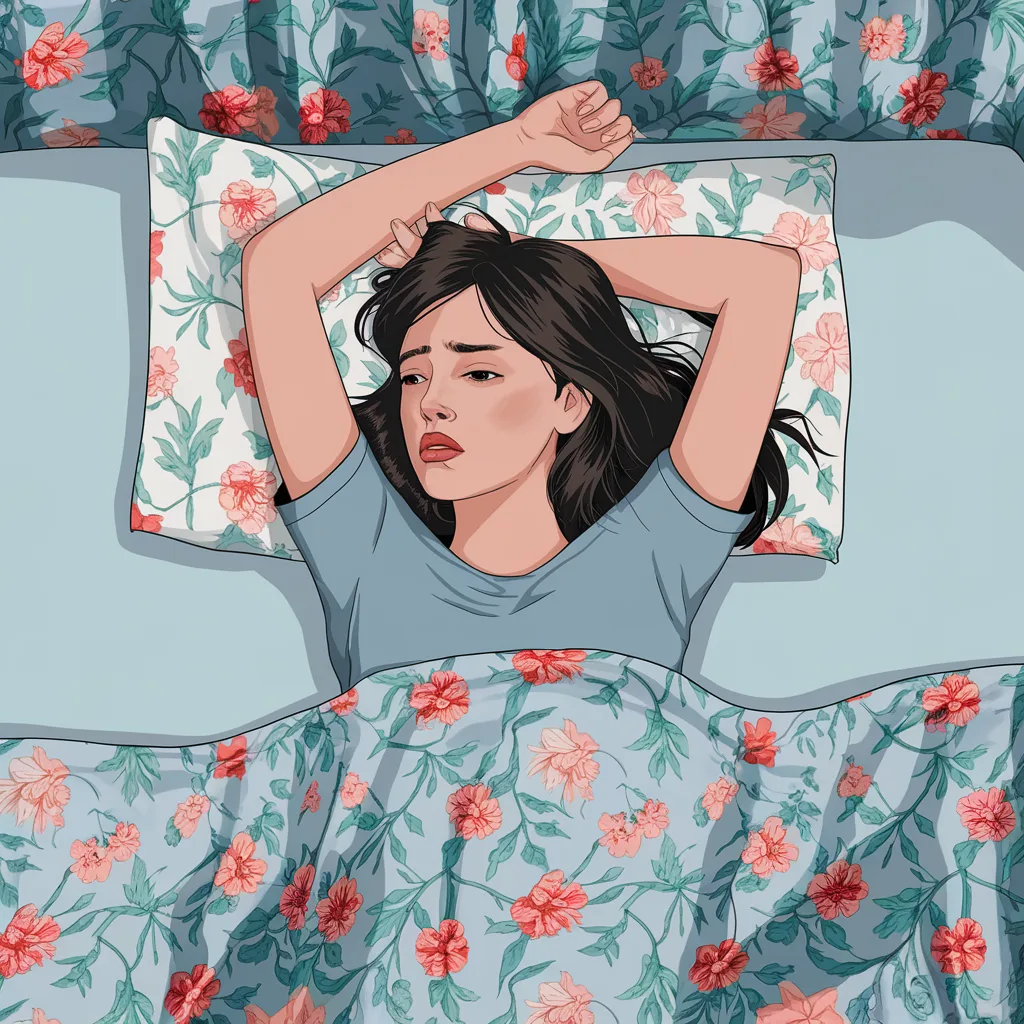
Additionally, some studies suggest that regular activity can boost the immune system, so abstaining might impact this benefit. On the mental side, abstinence can lead to reduced stress and anxiety for some, but it might also result in feelings of frustration or loneliness for others.
The Five-Second Rule
You’ve probably heard of the five-second rule or its many variations, which suggest that dropped food is safe to eat as long as it is picked up quickly. We hate to be the ones to break it to you, but unfortunately, when food is dropped on the floor, it can pick up bacteria almost instantly, regardless of how quickly it’s picked up.

Unless you can easily rinse the food with soap, it’s best to discard anything that falls on the ground—and don’t forget to sanitize surfaces regularly.
Picking at Spots or Bites
There’s nothing more frustrating than getting a mosquito bite or a mysterious boil on your skin. While it can be ever-so tempting to pick and scratch at them to relieve that itch, it’s never a good idea. Itching and picking only make the healing process harder.
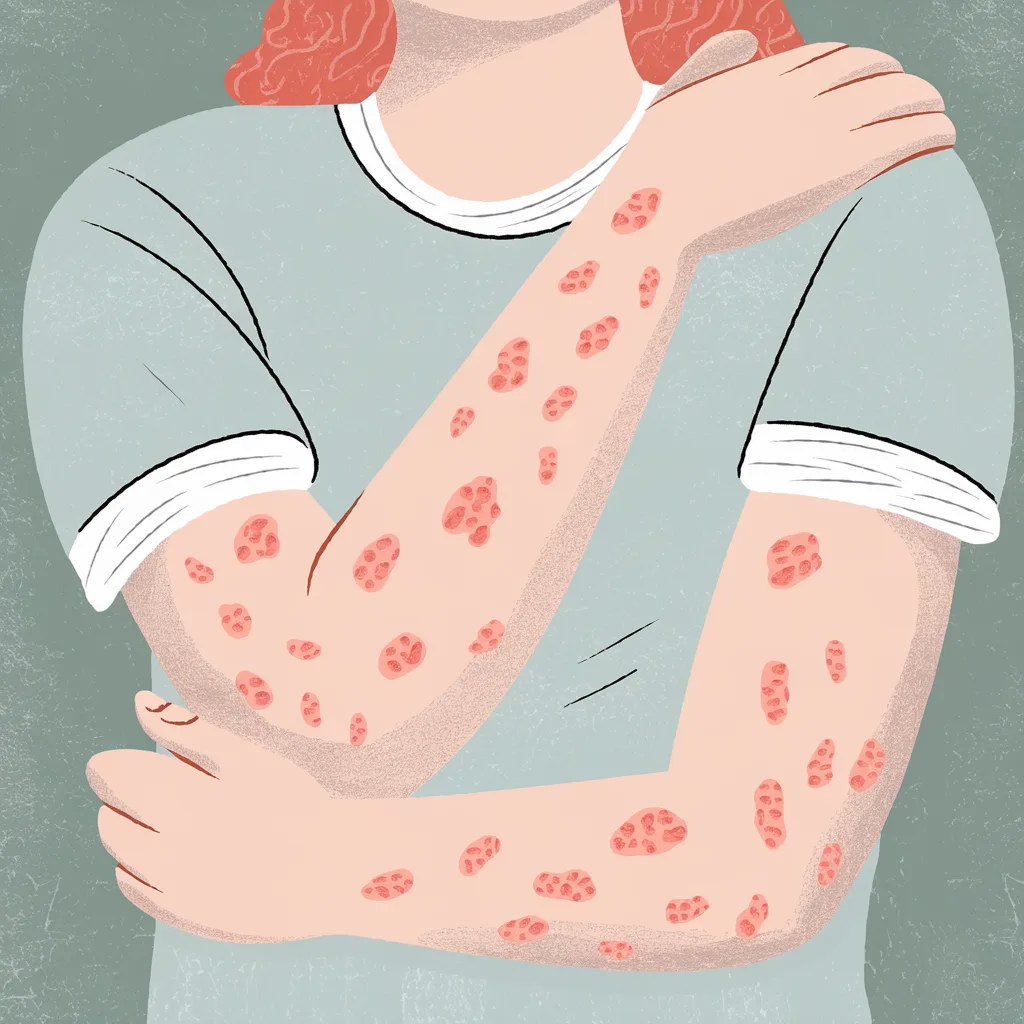
Applying a paste made from baking soda and water can help reduce inflammation and itching. Another option is to use a cold compress or ice pack wrapped in a cloth to help numb the area and reduce swelling.
Spending Time Barefoot
Walking barefoot outdoors can make you feel more connected to nature. Indoors, it can just be more convenient or comfortable than wearing socks. The act of walking barefoot can expose your feet to dirt, bacteria, and potential hazards like sharp objects. This can lead to injuries, infections, and foot conditions like plantar warts or athlete’s foot.
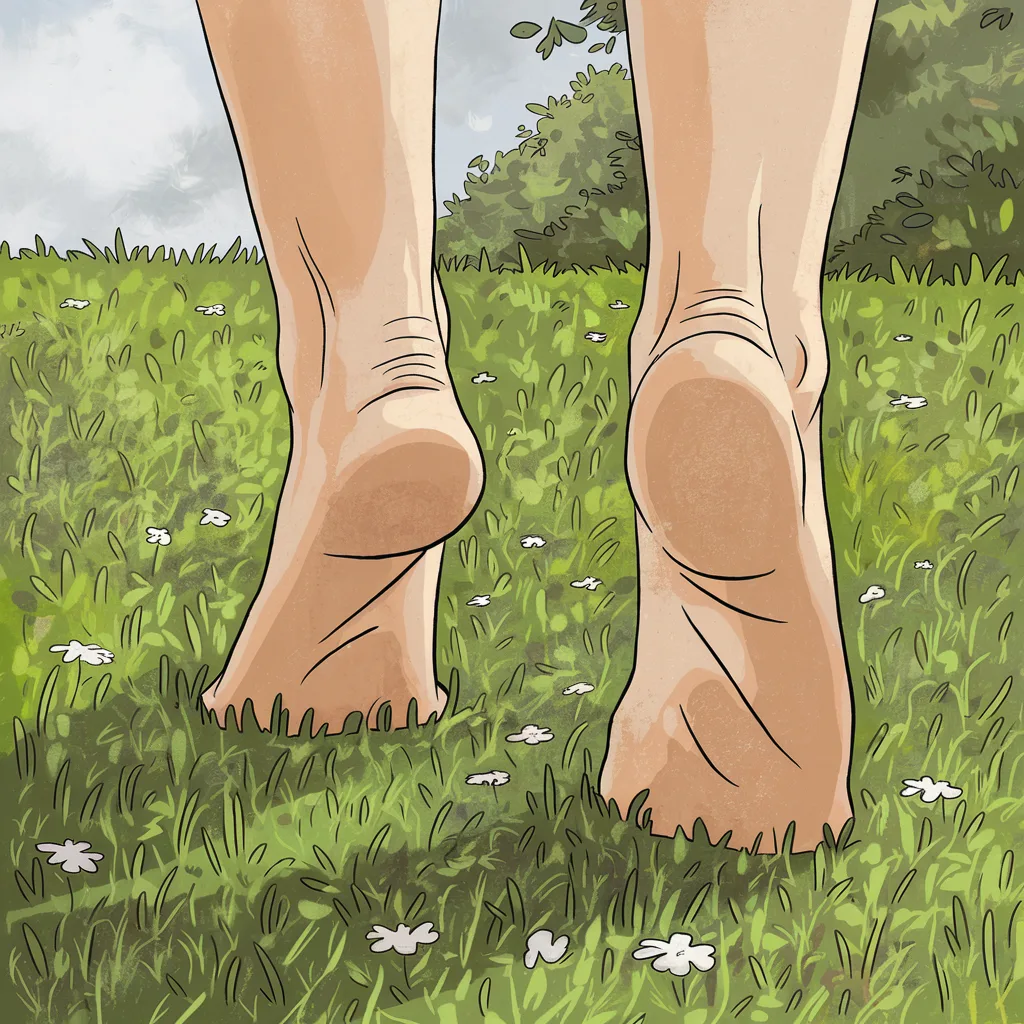
To protect your feet, it’s always advisable to wear shoes outdoors, especially in public places. Indoors, slippers or comfy shoes can help prevent injuries and keep your feet clean.
Wiping Back to Front
Do you fold or scrunch your toilet paper? How you do it is fine, but the rules about which way to wipe are far more strict. Wiping back to front after using the toilet can introduce bacteria in places you don’t want it, increasing the risk of urinary tract infections (UTIs) for women.
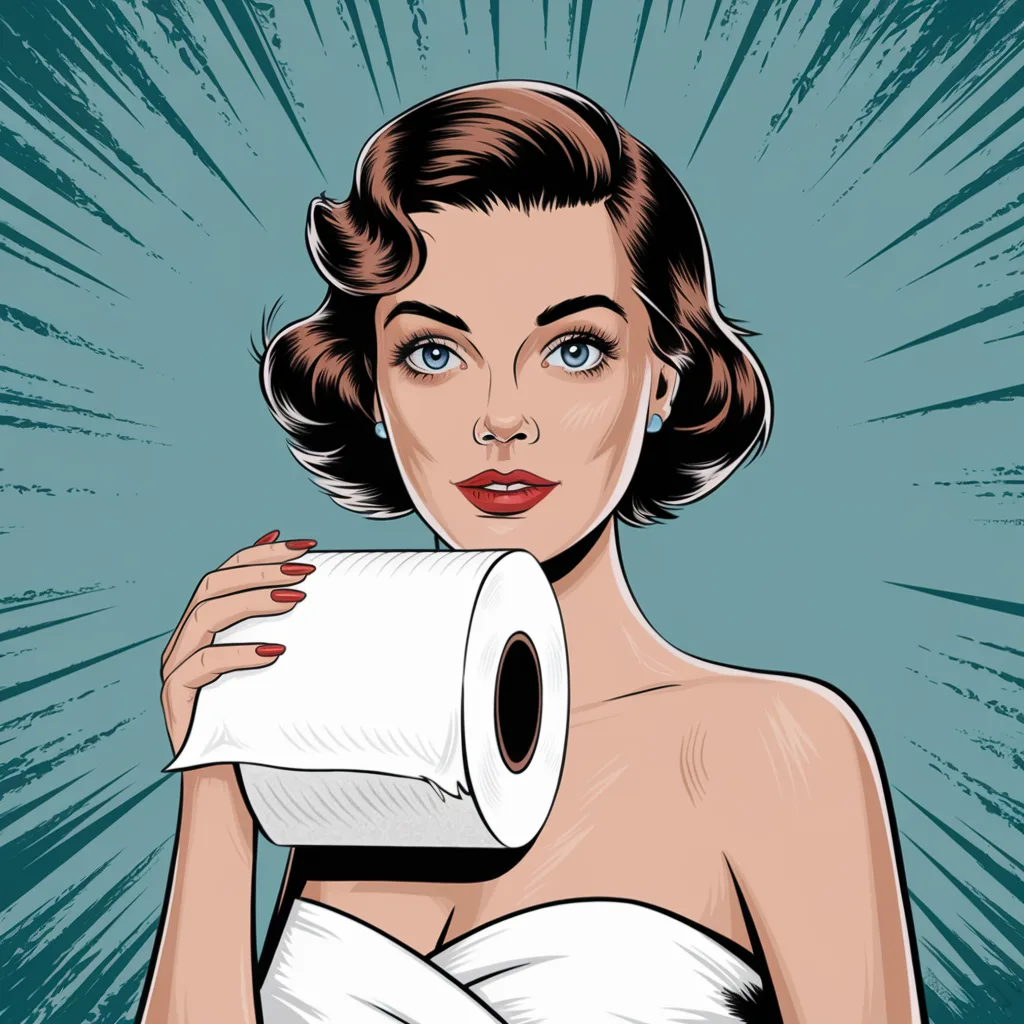
To avoid this, always wipe from front to back, to prevent the transfer of bacteria to the urethra and reduce the risk of UTIs.
Cleaning Ears With Q-Tips
We’re not denying how good it can feel to clean out your ear with a Q-tip. Sadly, though, the people who warn us not to do it might have a good point. Ears are delicate, so wiggling a cotton swab around in the ear can push earwax deeper into the ear canal, leading to blockages and potential damage to the eardrums.
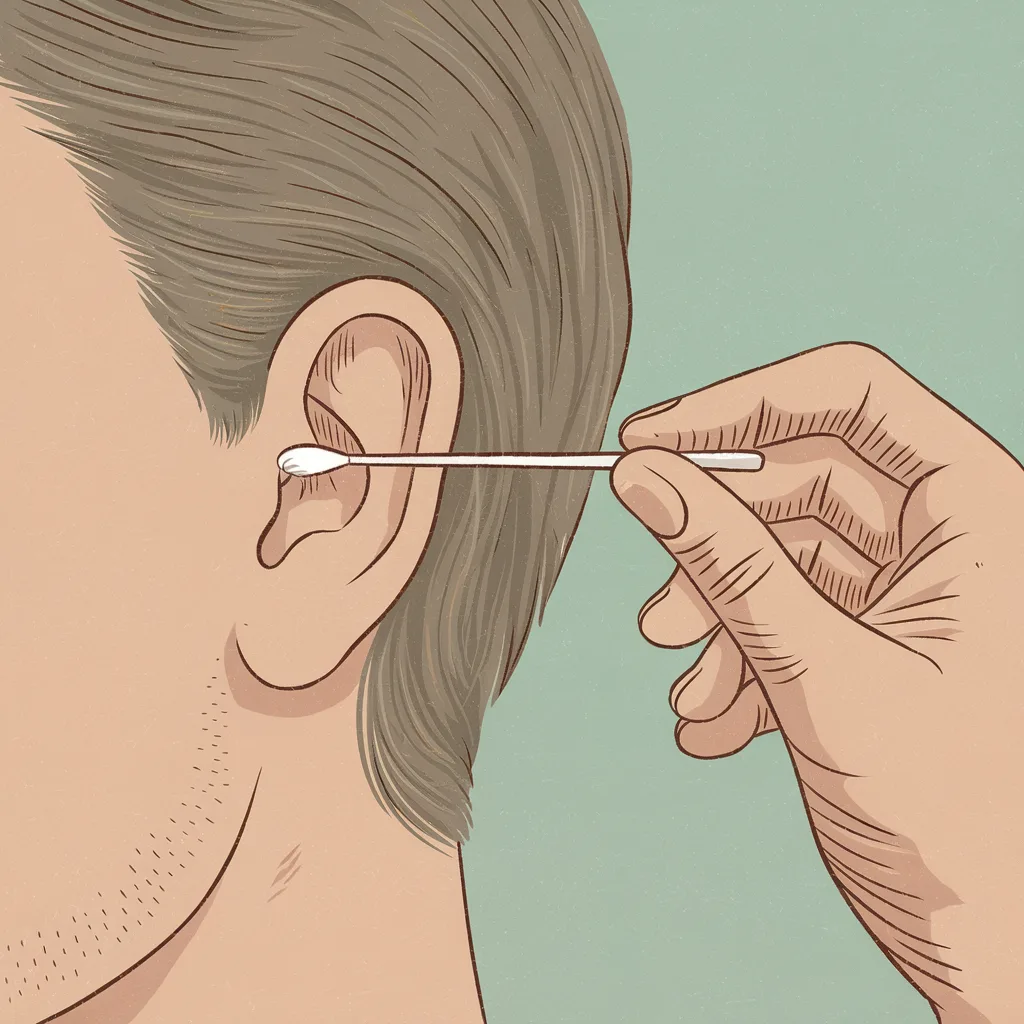
It’s far safer for your ears to use a damp cloth to clean the outer ear. You shouldn’t even need to clean wax from deep inside the ear, but if you feel buildup, consult a professional.
Leaving Dishes in the Sink
Dirty dishes are one of life’s greatest nuisances. It’s not always possible to tackle washing all the dishes right away, but the longer you leave them with stuck-on food and submerged in a warm, wet environment, the more likely it is for germs and bacteria to multiply.
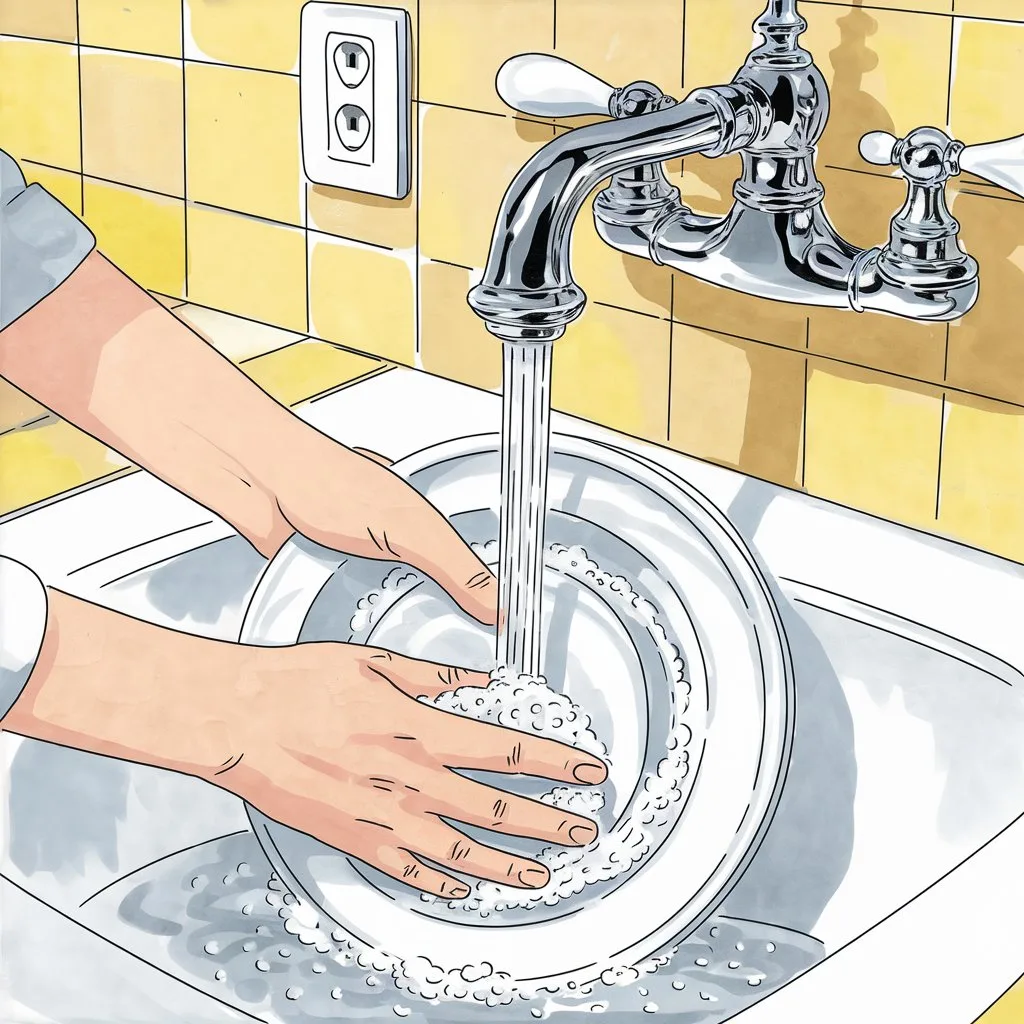
Sometimes it’s necessary to leave them to soak, so you should do it with warm, soapy water. When the time comes to clean them, scrub well to get rid of any potential germs. The sooner you wash your dishes, the less chance of lingering bacteria.
Not Replacing Kitchen Sponges
If you don’t have a dishwasher, there’s a chance you’re using a dish sponge multiple times a day. Scientists have found that kitchen sponges are often the most contaminated item in the household and the ideal habitat for microorganisms to grow.
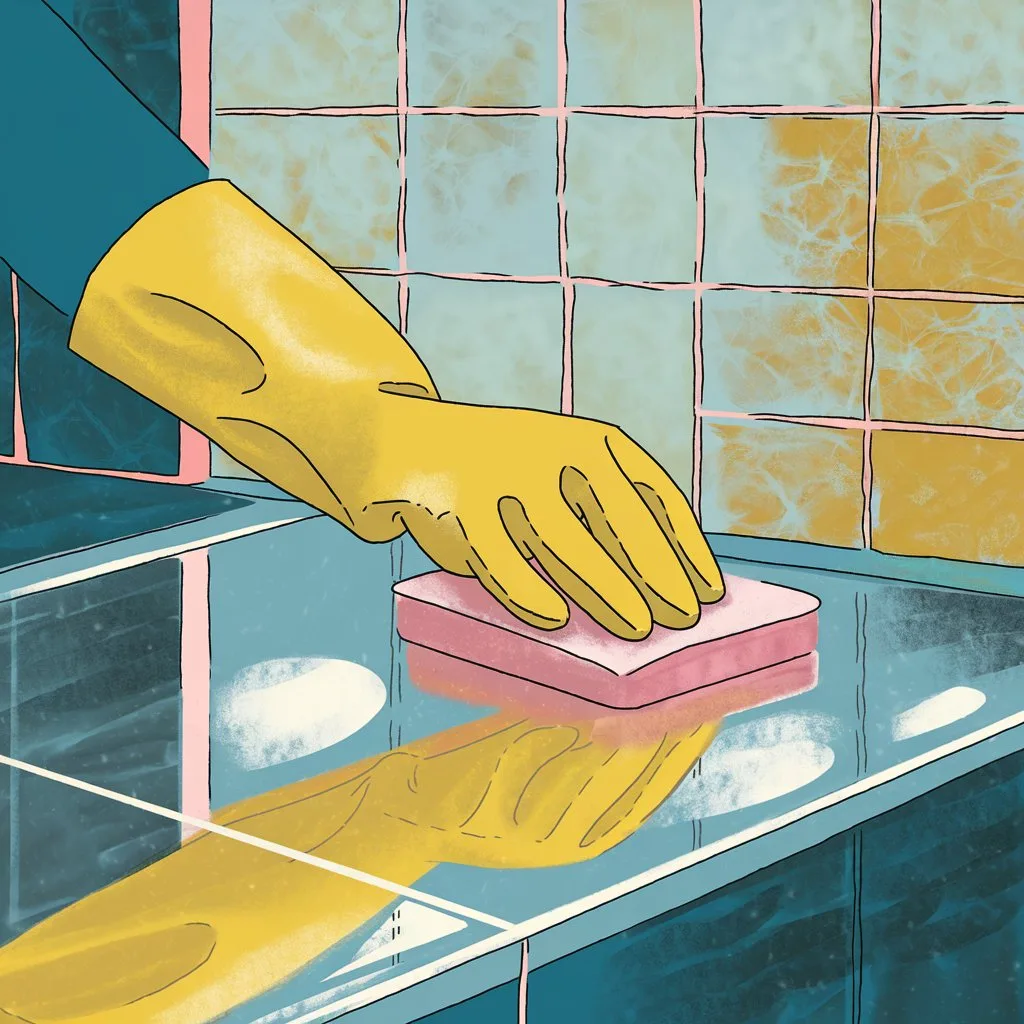
Even a sanitized sponge can accumulate bacteria over time, so you should aim to replace yours every few weeks or sooner if they develop an odor or start falling apart. It’s also more effective to assign different sponges for different tasks, like cleaning dishes and wiping surfaces, to avoid cross-contamination.
Cross-Contaminating Cutting Boards
While it can be annoying to switch out cutting boards in between preparing different ingredients, this is one of the most important practices when it comes to good kitchen hygiene. Using the same chopping board between raw and cooked or ready-to-eat can lead to the transfer of harmful bacteria and increase the risk of foodborne illnesses.
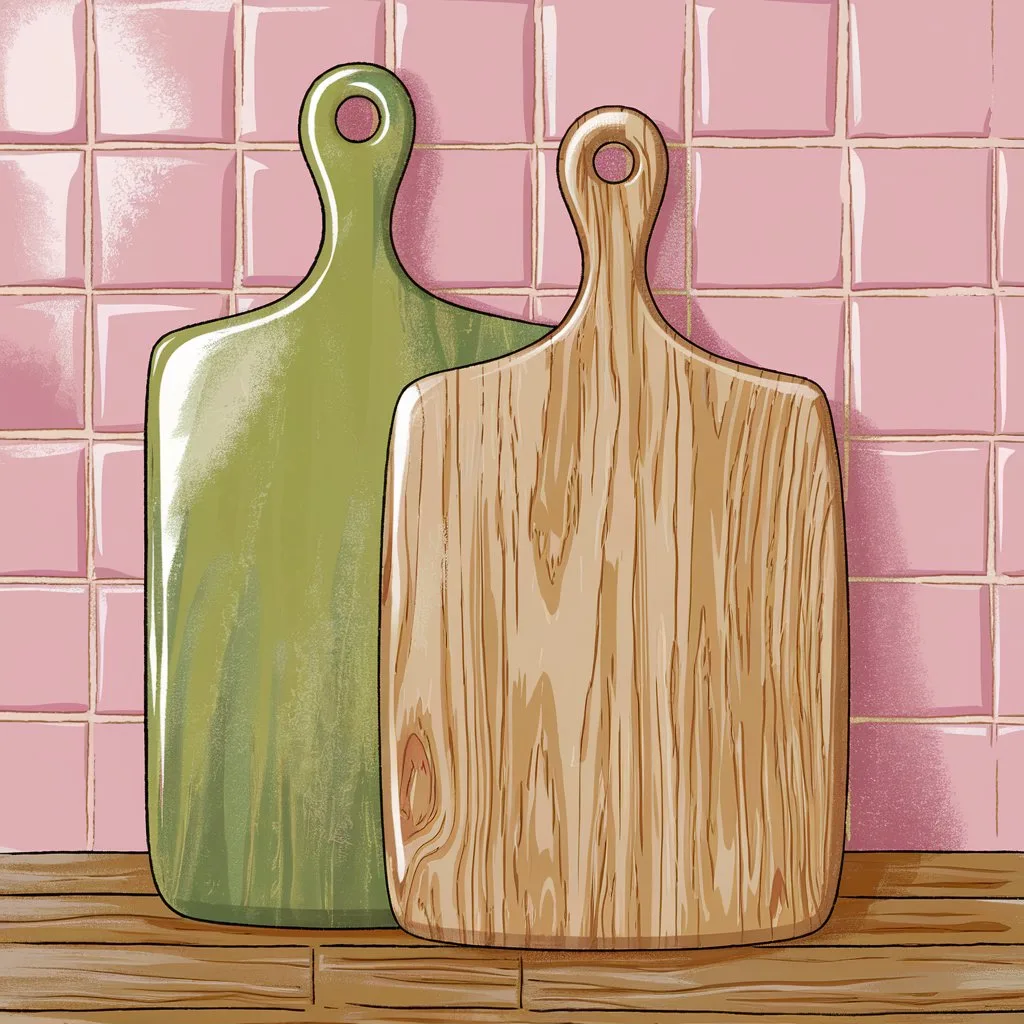
To avoid cross-contamination, it’s safer to use separate cutting boards for raw meat, poultry, seafood, and vegetables—making sure to wash them with hot, soapy water and pat them dry.
Washing Your Sheets Infrequently
Everyone loves the feeling of fresh sheets, but it’s such a hassle to change them that we forget to do it as often as we probably should. Neglecting to wash your sheets regularly can lead to a whole load of problems, including the buildup of sweat, oils, and dead skin cells—a breeding ground for bacteria.
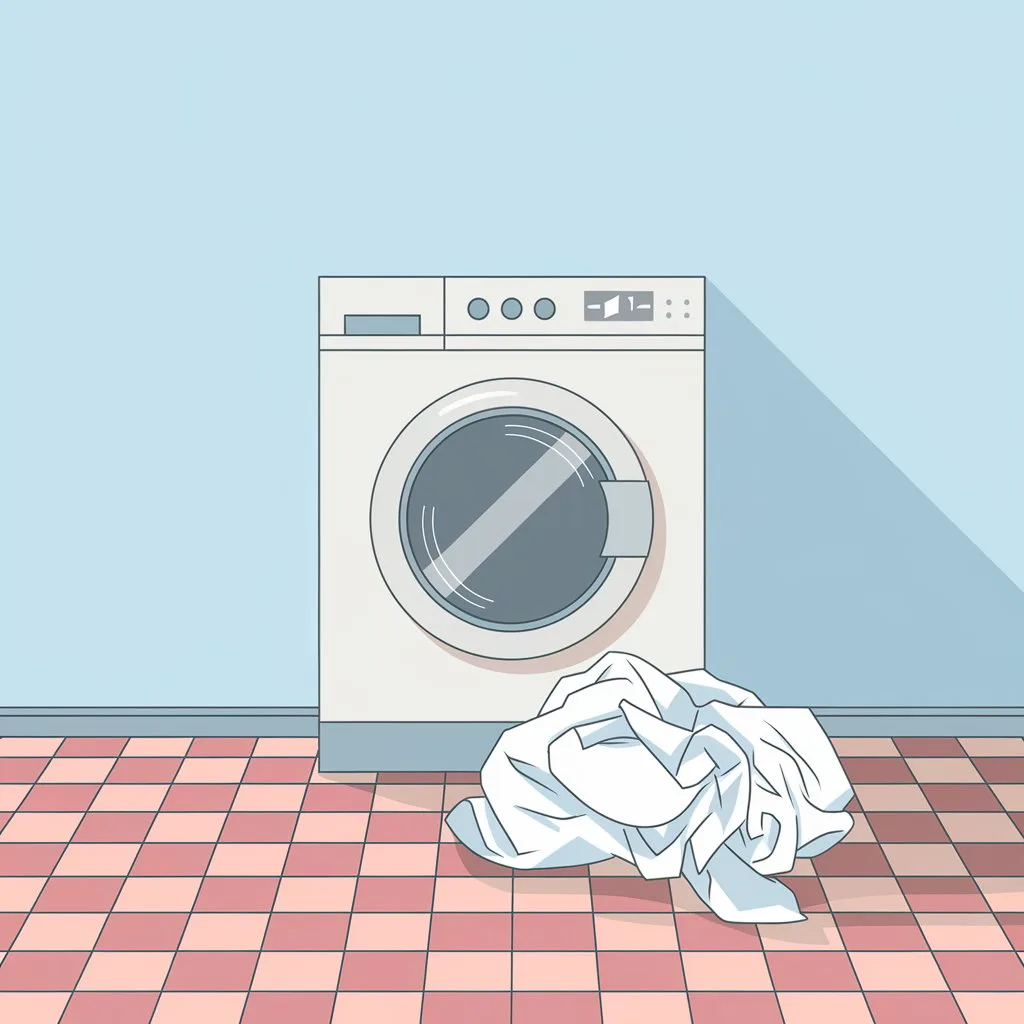
Your specific laundry habits might vary depending on your lifestyle, but we’d recommend changing your sheets every two weeks. Not only will your bed feel more inviting, but you’ll also be creating a healthier sleep environment for yourself.
Phones in the Bathroom
No one expects the bathroom to be the cleanest spot in the house. While we can’t deny that it’s always tempting to scroll on our phones while we’re doing our business, there are two reasons why it’s important not to get carried away on your phone in the bathroom.
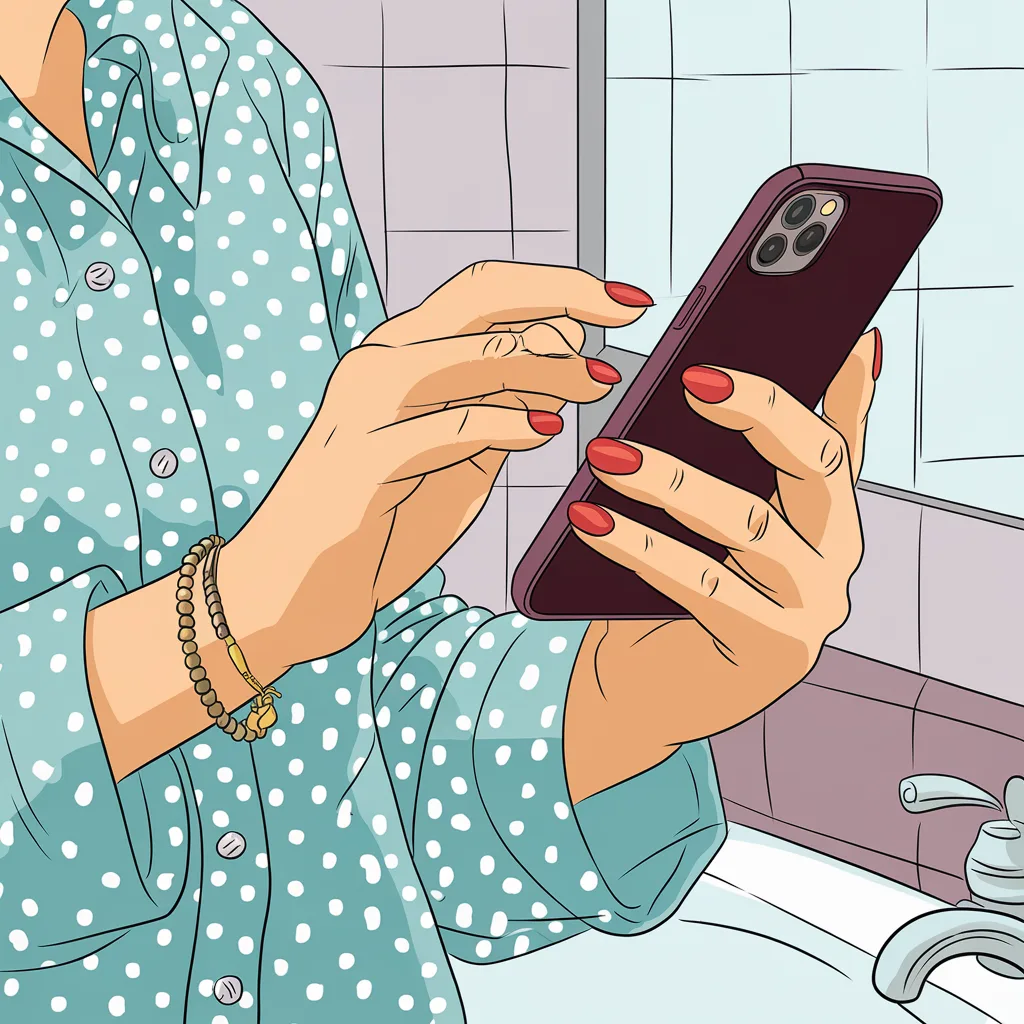
Sitting in a squatted position for more than five minutes can strain your muscles and lead to health issues. Also, there’s an increased potential for bacteria like E. coli to transfer from the toilet to your hands, phone, and face. Keep phones out of the bathroom, people!
Sharing Your Hairbrush
You might lend your hairbrush to someone else without even thinking about it, but this can cause more problems than it’s worth. Sharing a hairbrush can transfer bacteria or even lice between people which can lead to scalp and hair issues.
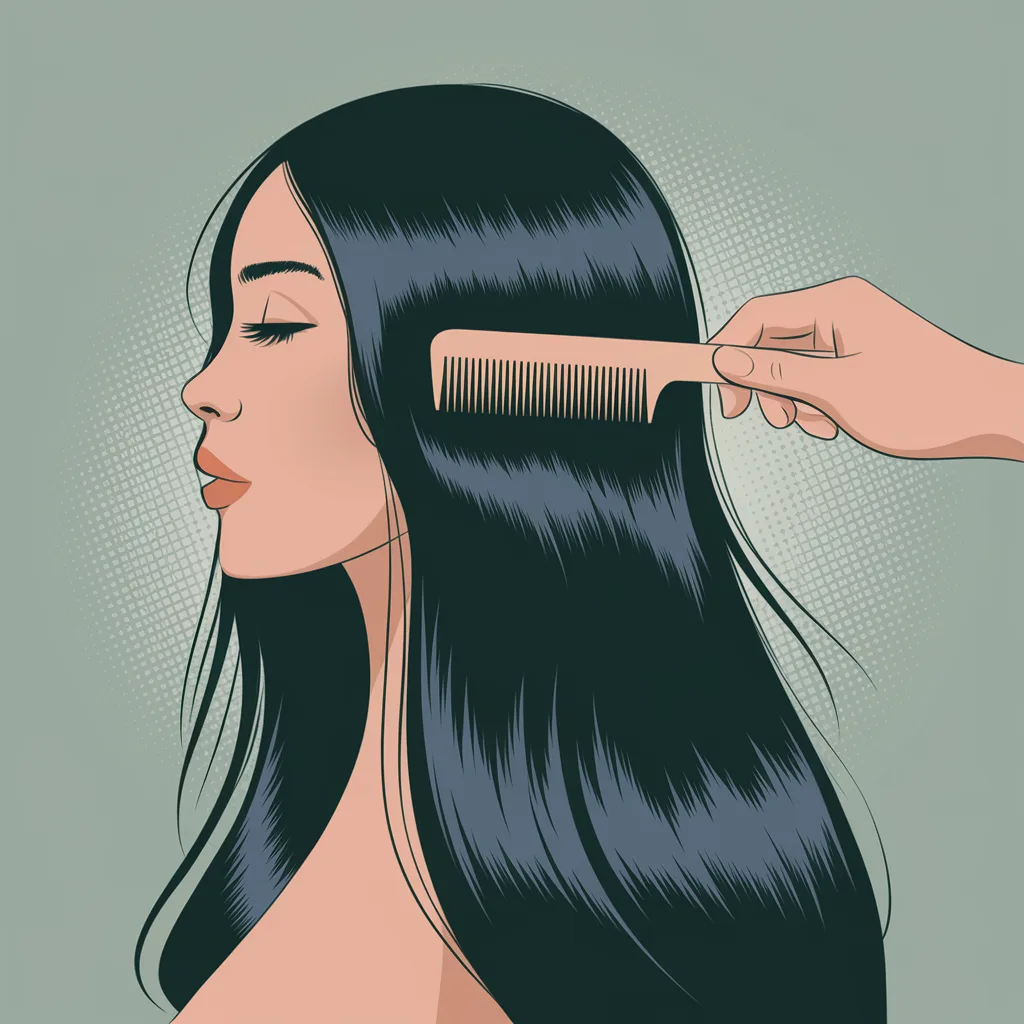
Regularly cleaning your brush means it’s less risky to share with others, but in any case, you should try and stick to your brush, just to be safe.
Forgetting to Clean Your Hairbrush
If cleaning your hairbrush isn’t necessarily at the top of your to-do list, we don’t blame you. But we’re here to remind you that this is a chore worth doing. Hairbrushes trap all kinds of residue in their bristles, both from your hair and the environment.
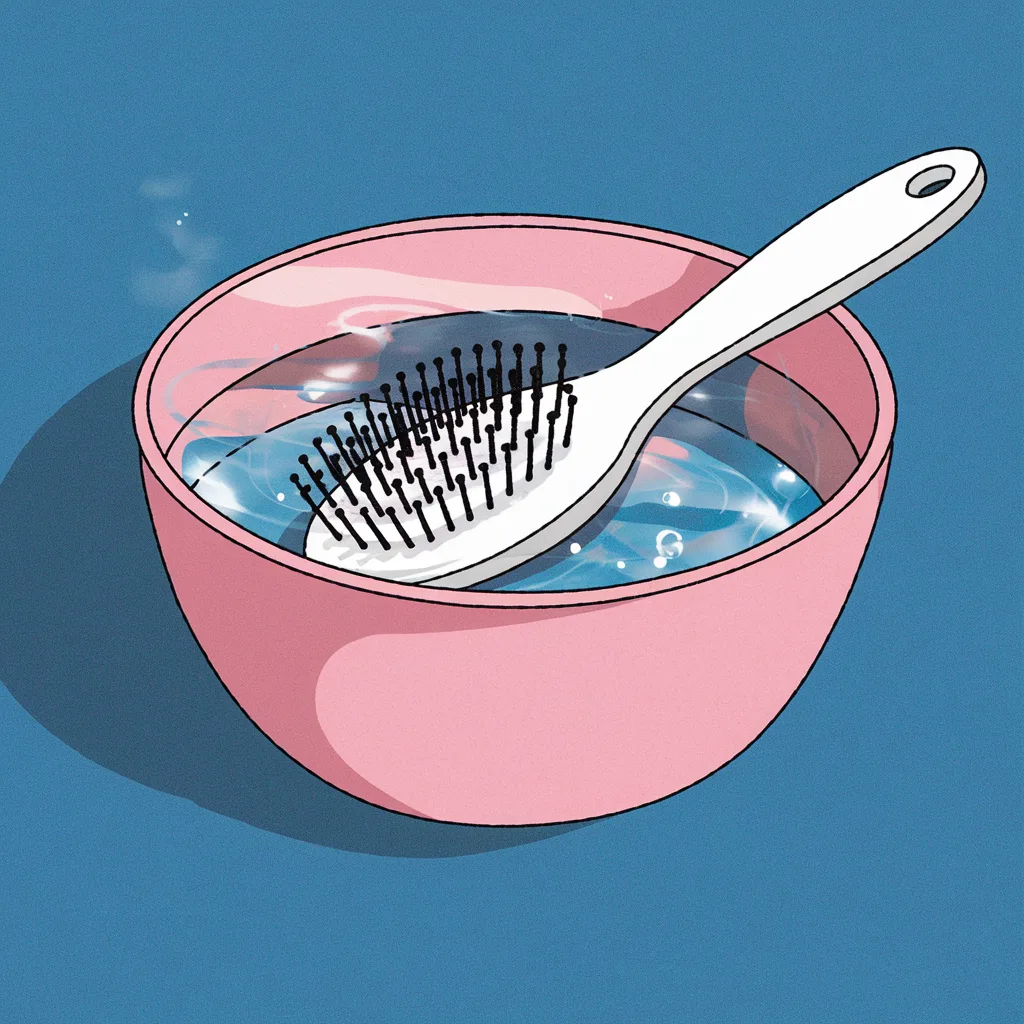
Using a dirty hairbrush can transfer oil and residue back to your hair, potentially causing scalp issues. We’d suggest that you pull the hair from the bristles after every brush and clean it thoroughly in a water-shampoo solution once a month to get all the grime out.
Forgetting to Clean Makeup Brushes
Anyone who uses makeup regularly is probably guilty of neglecting their brushes and sponges. Sure, it’s more hassle than it’s worth to clean them between each application, but not cleaning them for a substantial period can lead to bacteria growth, acne, and other skin problems.
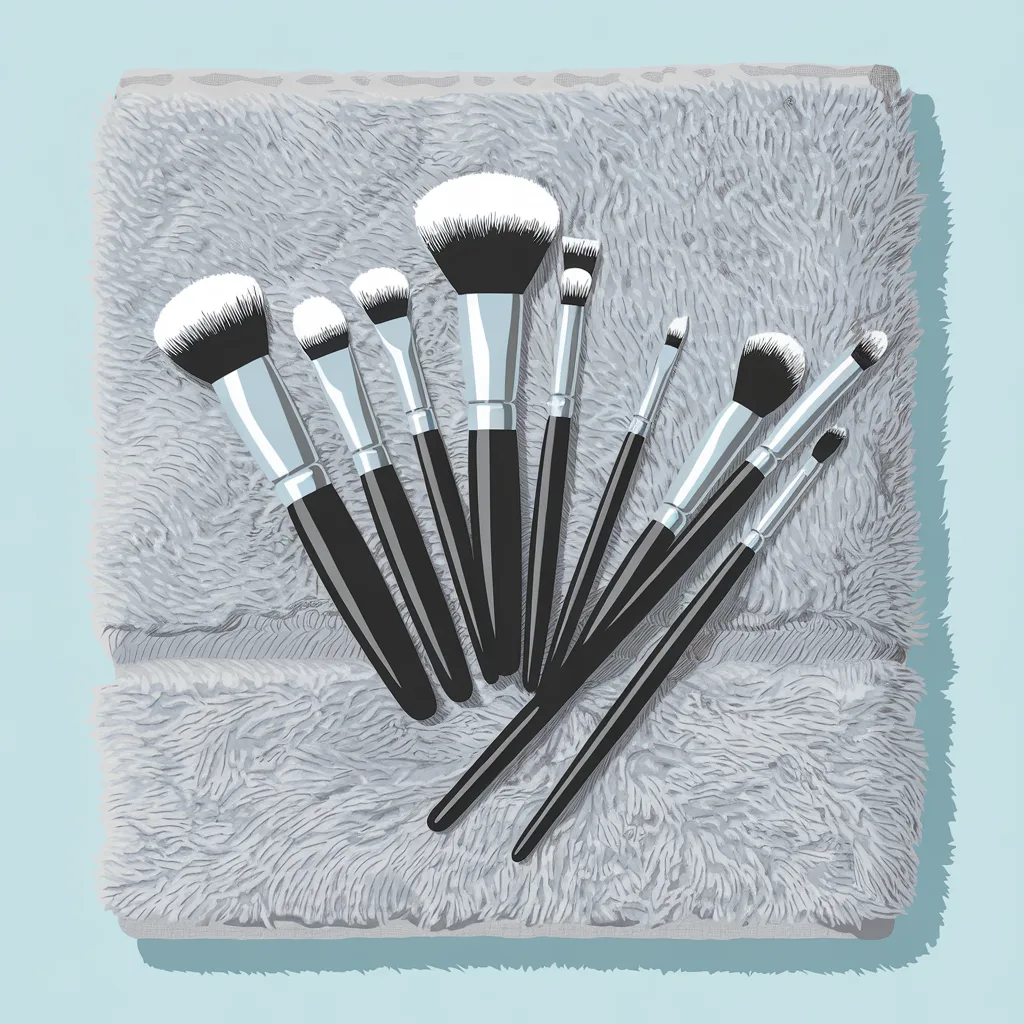
To keep a good regime going, aim to clean them every couple of weeks with a gentle cleanser or brush cleaner, to remove makeup residue and bacteria, and allow them to dry completely before using them again.
Leaving Hair Unwashed
In the world of personal hygiene, hair is just as important to look after as skin. If you ignore washing your hair, for whatever reason it may be, it can cause a buildup of product residue, oils, and dirt on your hair. This can clog hair follicles, which causes dandruff or itching—an indication that your scalp needs attention.
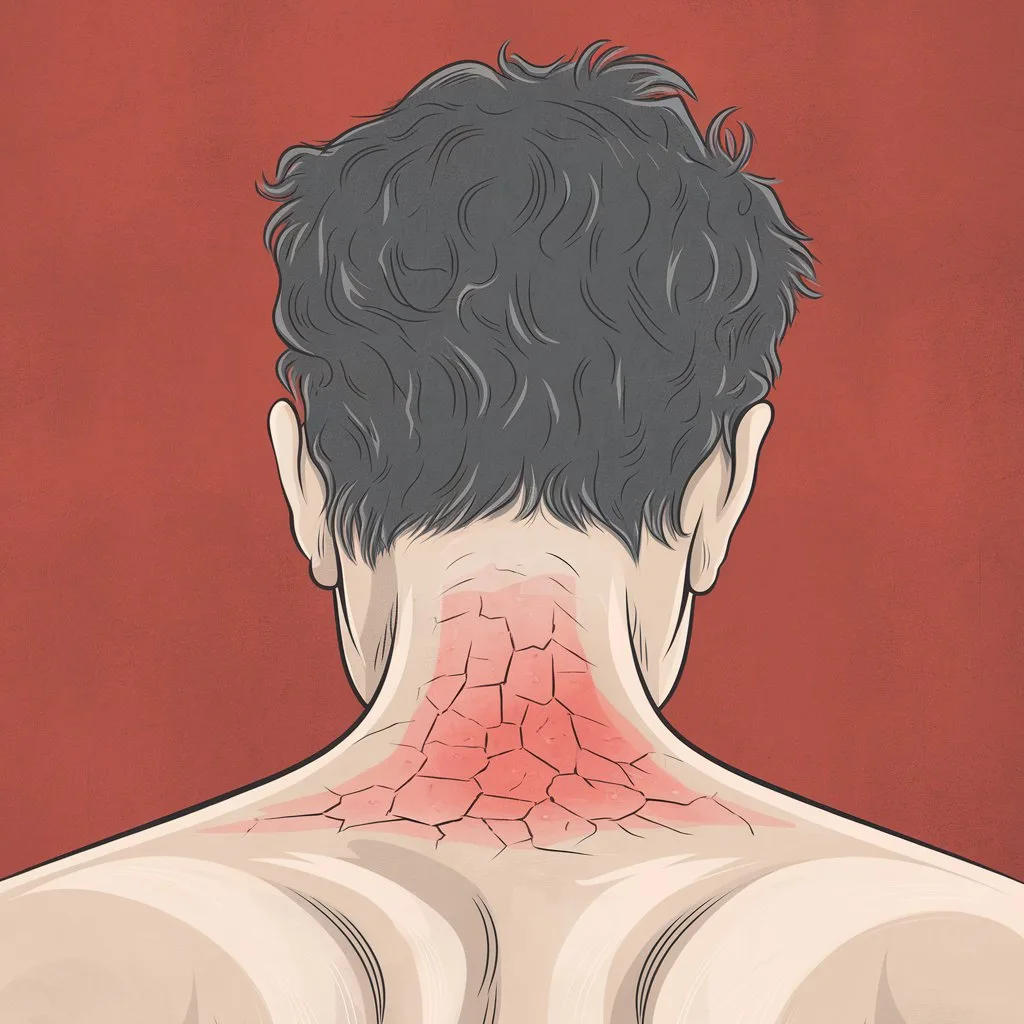
Washing your hair regularly promotes healthy hair growth, and maintains a healthy scalp and hair. For most people, washing your hair every three days to a week is sufficient.
Don’t Forget About That Keyboard
In today’s digital age, so many of us spend hours behind a screen tapping away on a keyboard. Even if you don’t regularly shower yours with crumbs and spillages, it’s natural for a keyboard to build up dust, skin particles, and natural hand oils.
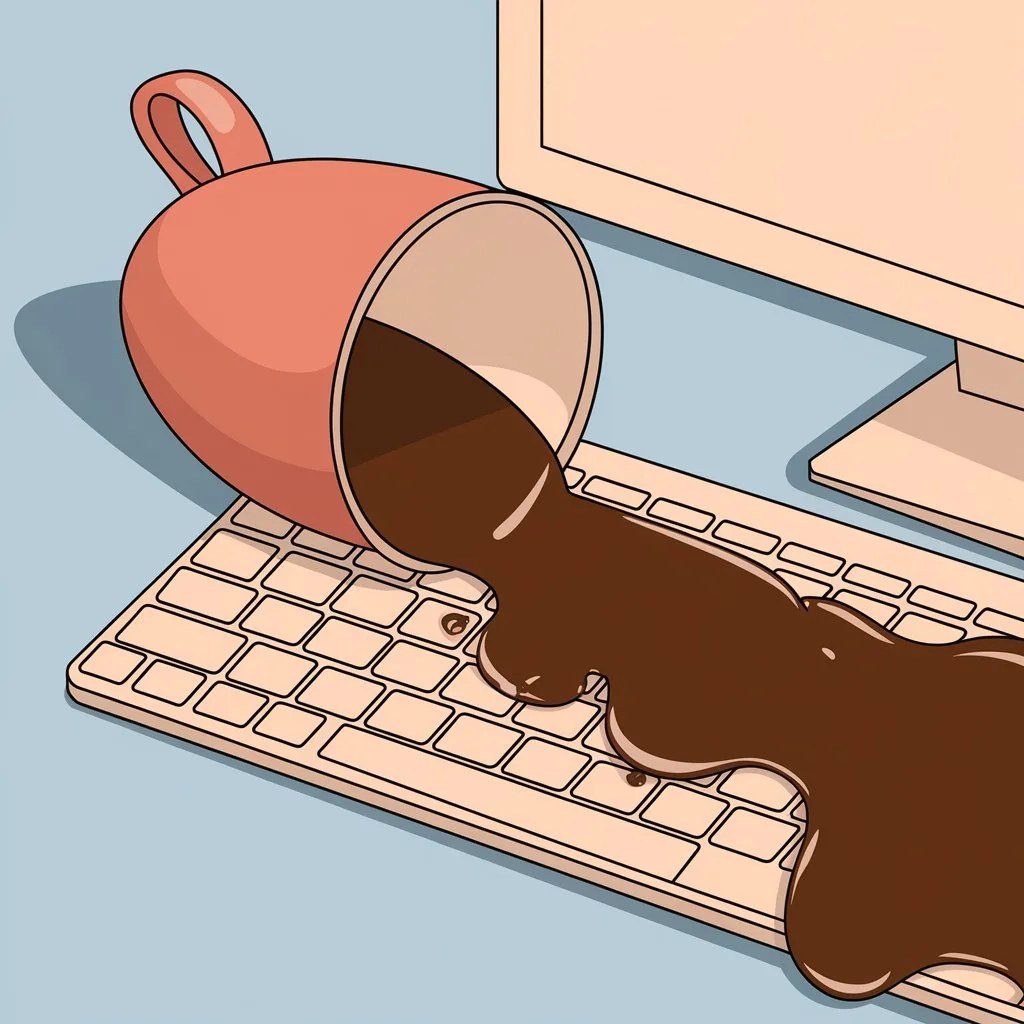
Once a week, you should aim to flip your keyboard upside down and shake all the gunk out, following up with a microfibre cloth or compressed air to get rid of all the stubborn parts.
Neglecting Office Nooks and Crannies
You might not spend as much time in your office as you do in your home, but that doesn’t mean cleaning it should stay at the bottom of your to-do list. Office cubicles are a hub of activity, and leaving them without cleaning or dusting now and again can lead to dust, dirt, and germs building up, which can all increase the risk of illnesses spreading.
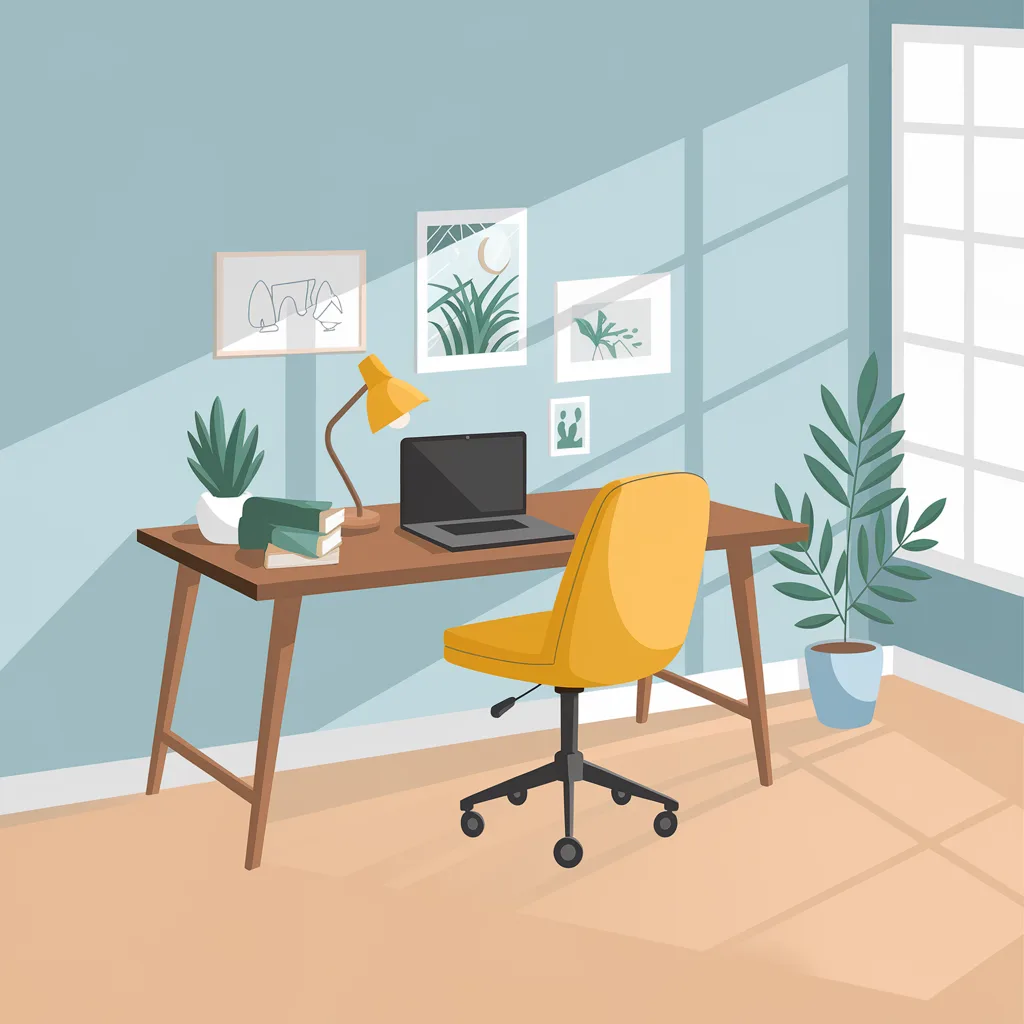
Decluttering and keeping your workspace organized can also make cleaning easier and more effective. Tidy workspace, tidy mind.
Letting Laundry Pile Up
Doing laundry is the bane of many people’s existence. The longer you leave a mountain of clothes in the basket, though, the more it becomes an eyesore—not to mention the unpleasant odors, wrinkles, or even mold that can start to grow.
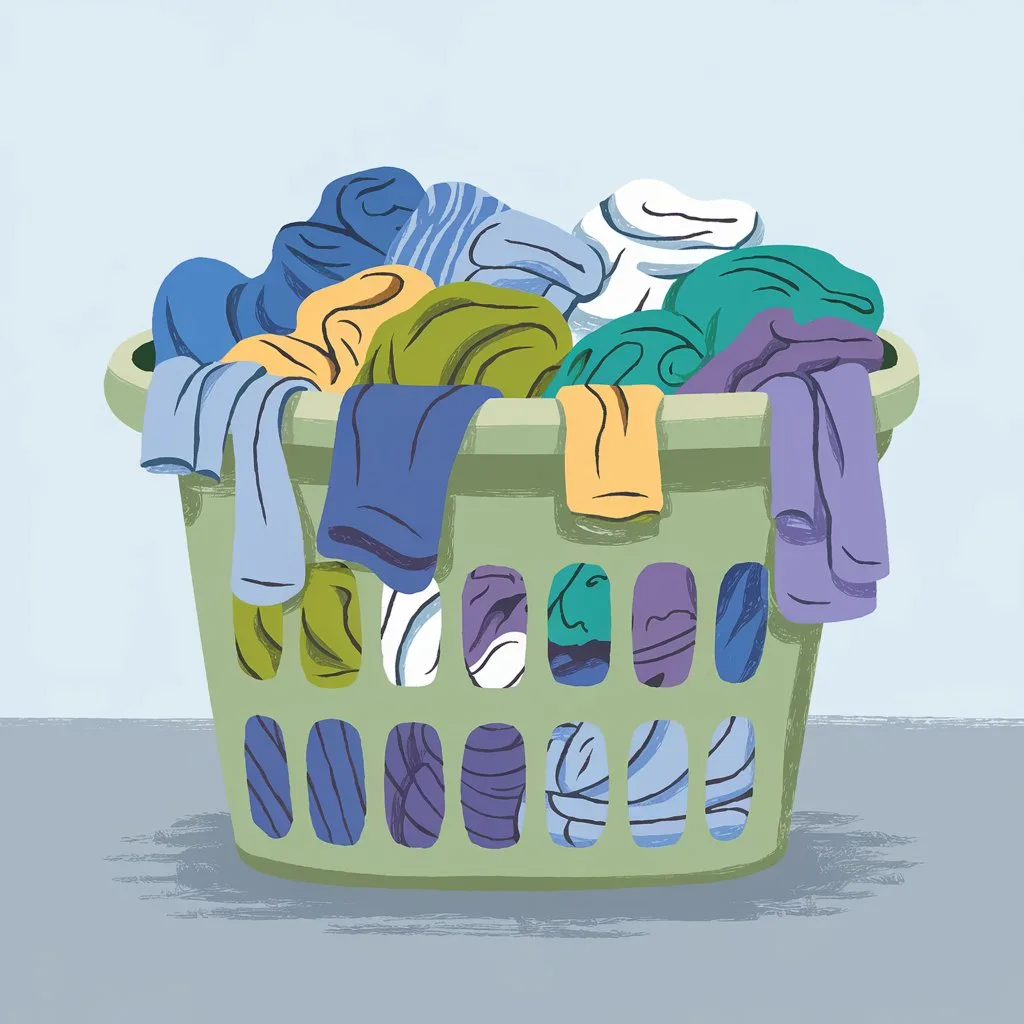
Instead of letting it pile up, do a smaller load of laundry regularly to stay on top of it. Set a schedule that works for you, whether it’s a load every few days or once a week. This way, you’ll always have clean clothes ready to wear and avoid the stress of a mountain of laundry all at once.
Cleaning Through Vacuuming Alone
Vacuuming is an essential part of the cleaning routine to keep your home in good shape. While it gets rid of dust and removes surface debris on carpets, vacuuming alone might not be enough to effectively deep clean or sanitize the floor.
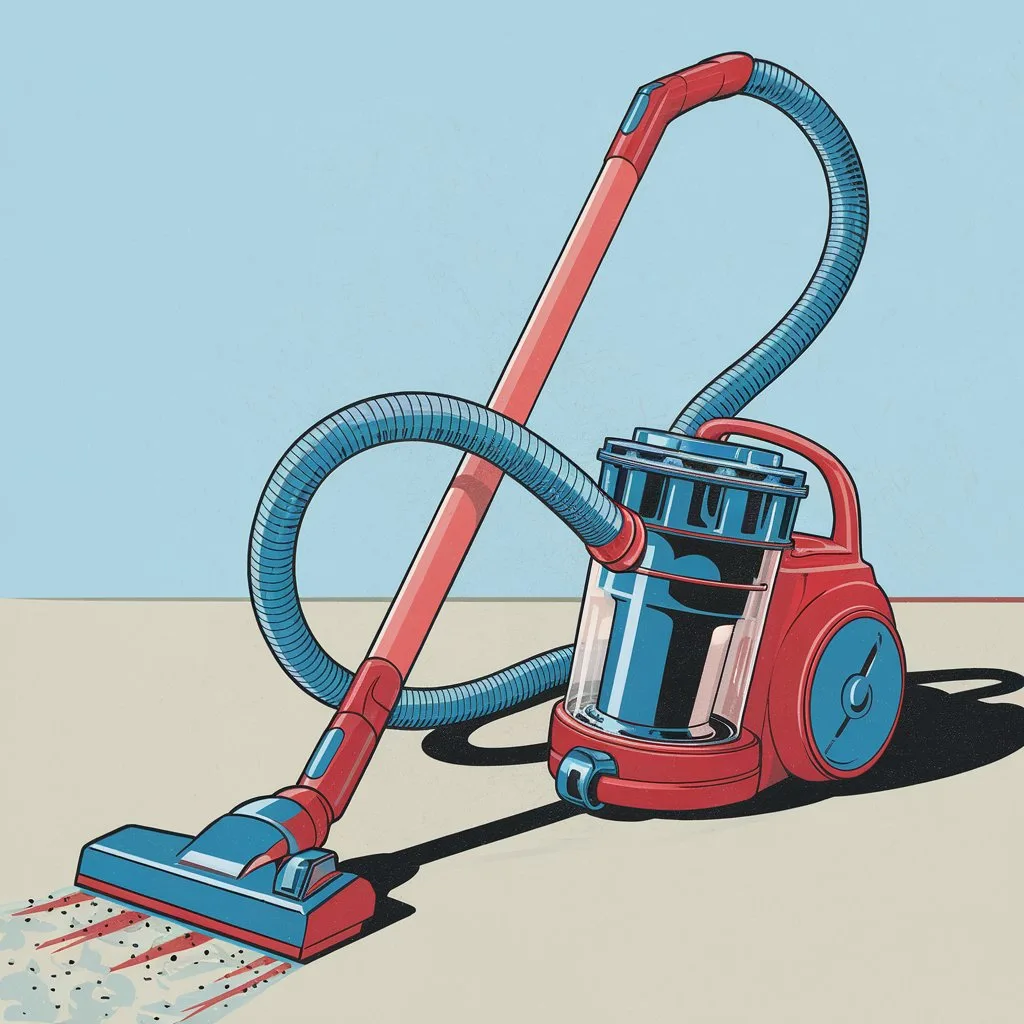
Viruses and bacteria can live on uncleaned carpets for up to a month, so to keep your carpets fresh and free of hidden grime, consider using a steam carpet cleaner every few months. This can get deeper into the fibers, remove tough stains and odors, and kill off any nasty germs.
Leaving Reusable Water Bottles to Fester
These days, reusable water bottles in all their shapes and sizes are all the rage. While we’re all relishing in the hydration craze, it’s important to remember that they need love and attention, otherwise bacteria and mold can start to grow in there.
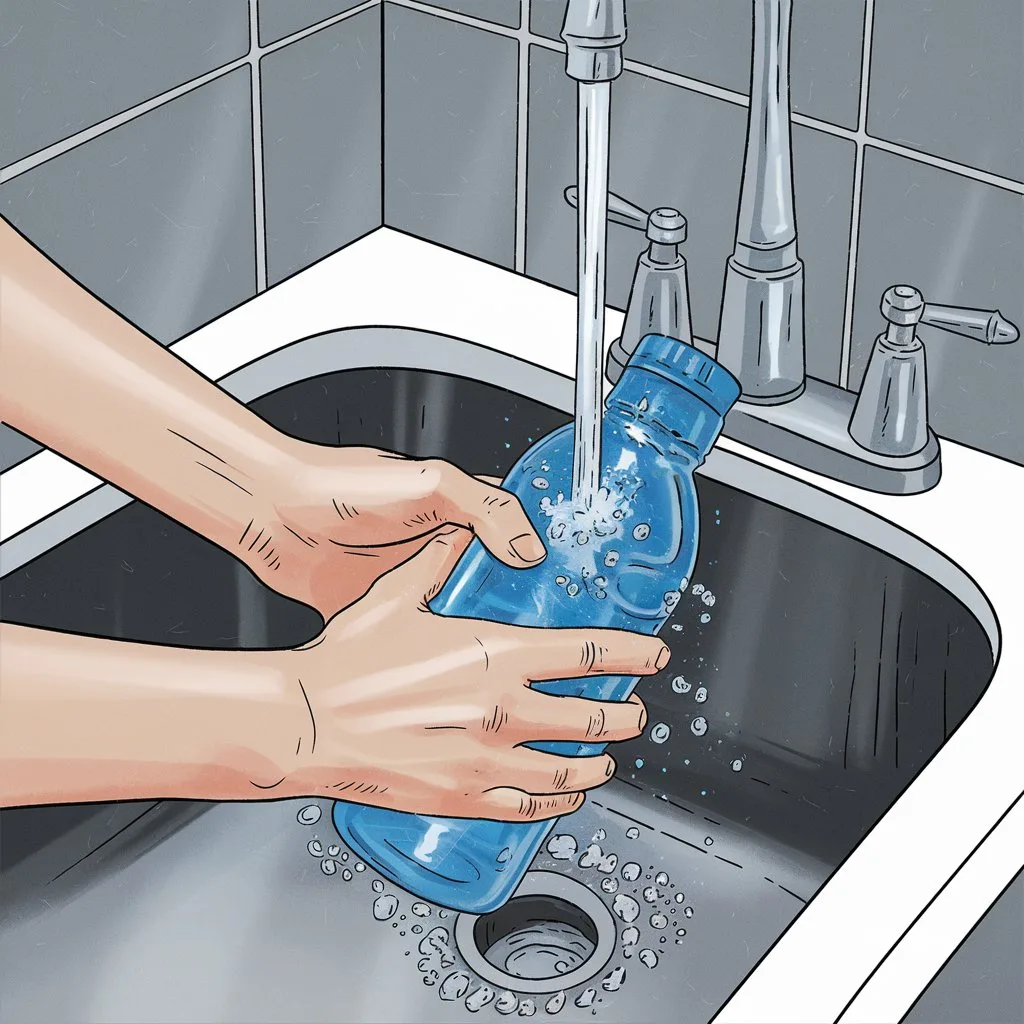
These can affect the taste of your water and potentially cause health issues, so it’s essential to wash them thoroughly. If it has a straw, using a straw cleaner brush while you do your daily rinse with hot, soapy water will help you keep your bottle safe and enjoyable to use.
Clean Your Phone Screen
The pesky little devices we’re constantly glued to, our phones, are covered in thousands of germs, making them one of the dirtiest objects we come into contact with daily. Just because we can’t see them, it doesn’t mean that we shouldn’t regularly clean them off.
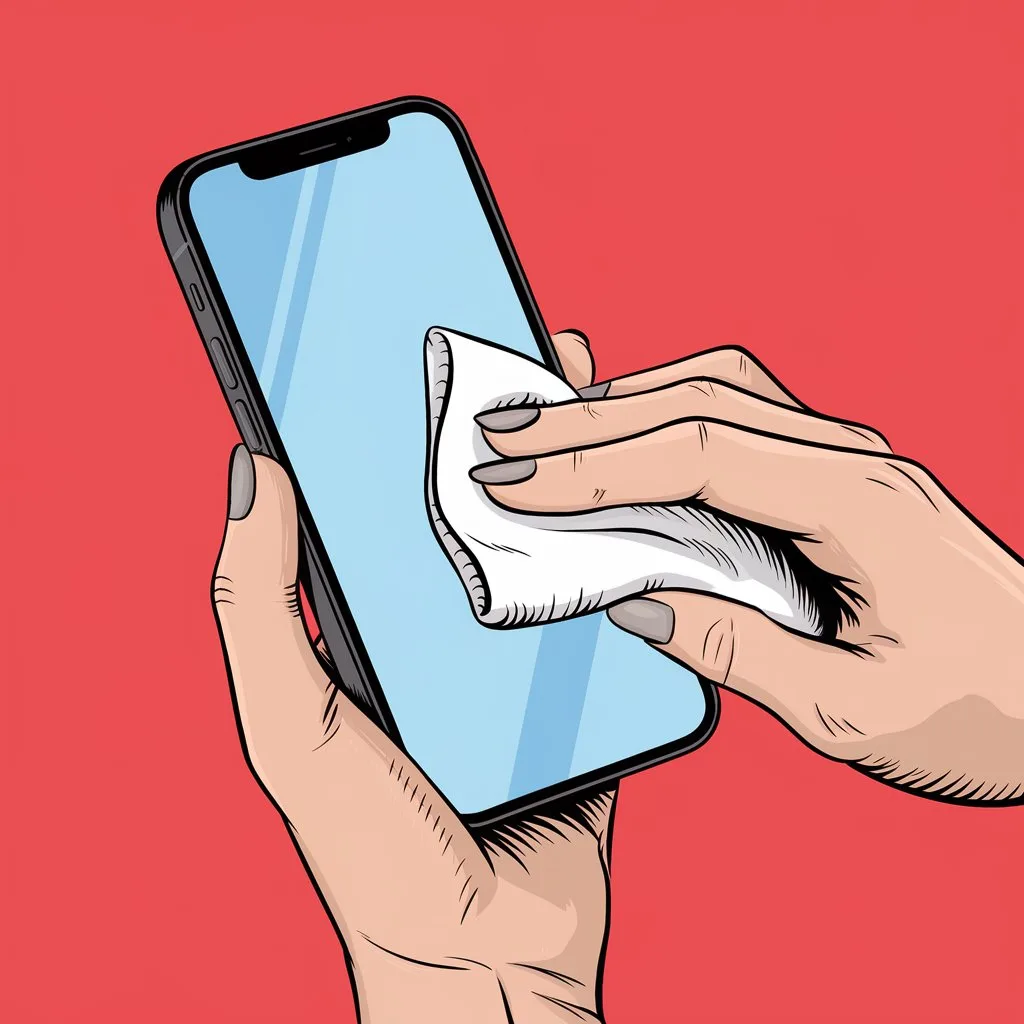
Sitting in a squatted position for more than five minutes can strain your muscles and lead to health issues. Also, there’s an increased potential for bacteria like E. coli to transfer from the toilet to your hands, phone, and face. Keep phones out of the bathroom, people!
Neglecting the TV Remote
During a regular home clean, the hot spots get all the attention—the floors, showers, windows, and more. But there are so many things we forget to tend to, and TV remotes are one of them. If you think about it, one or more people touch them constantly, so it’s no surprise that they harbor bacteria.
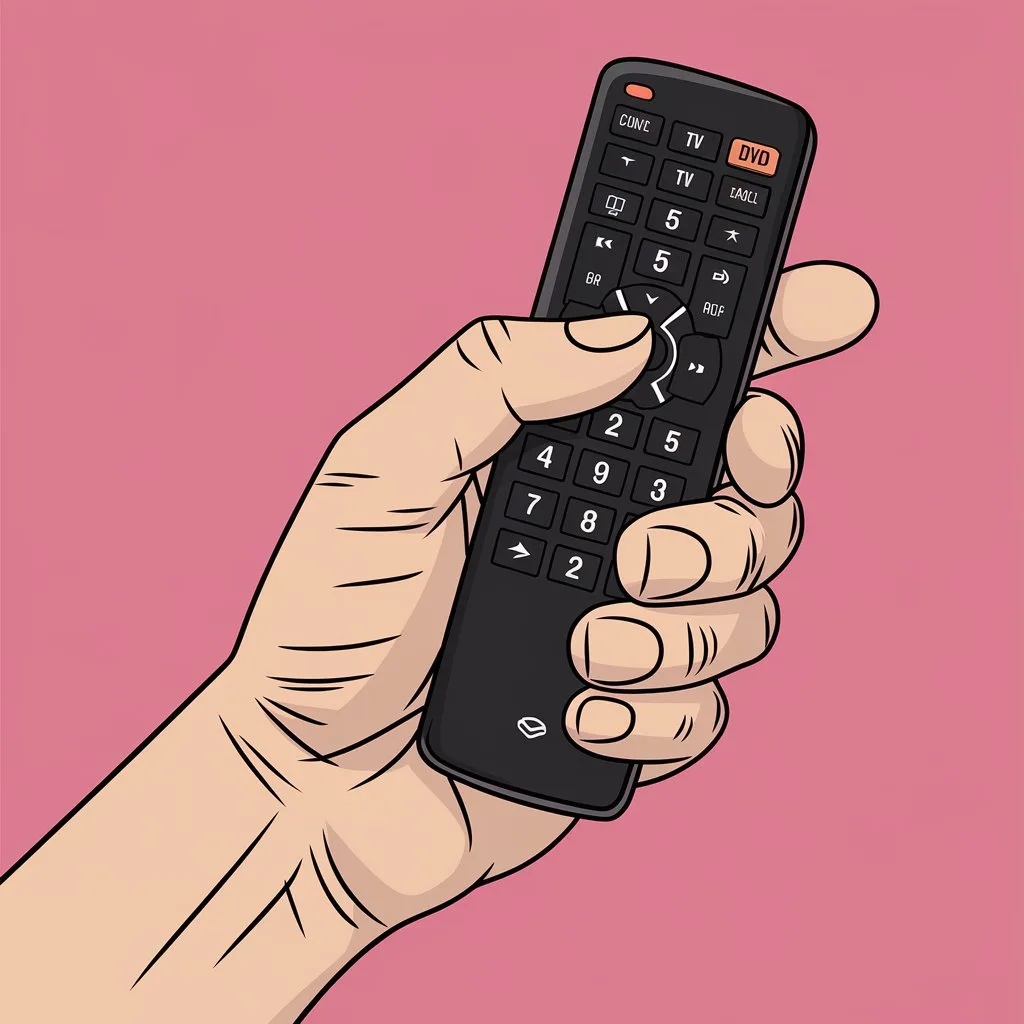
To prevent the spread of germs and illness, TV remotes should be cleaned around once a month. They can be hard to clean, with so many nooks and crannies, but a disinfectant wipe and a little patience will get the job done.
Neglecting Daily Flossing
Flossing is so much more than just a bonus step in your dental hygiene routine. It’s just as important to look after your gums as it is the teeth themselves, and if you neglect flossing, it can contribute to bad breath and gum issues. Consistent flossing, after you eat, can help you to prevent plaque buildup between the teeth and the gum line.
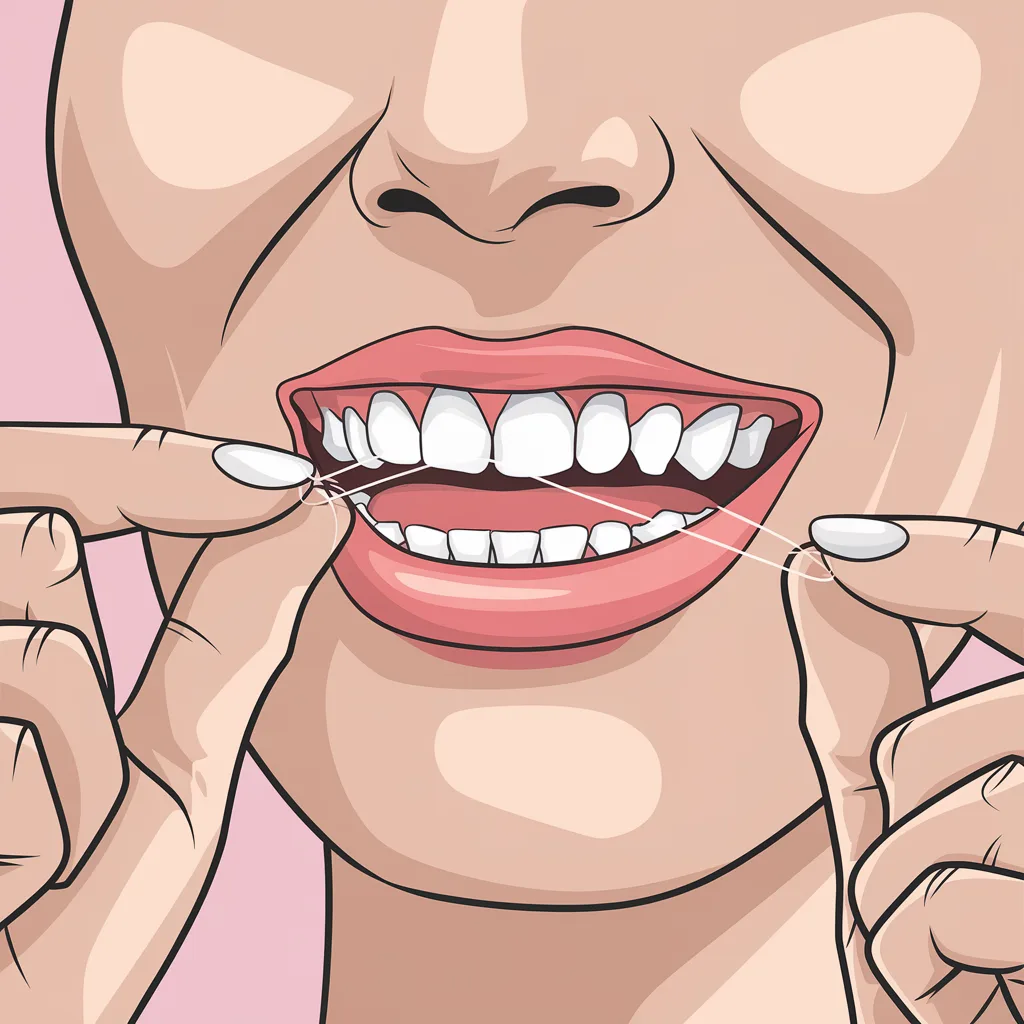
To keep your smile in top shape, aim to floss once a day, ideally before brushing. Be sure to use a fresh section of floss for each tooth to avoid transferring bacteria.
Not Brushing Teeth for Long Enough
Sometimes, brushing your teeth at the end of a long day can feel like a chore. One thing we know for sure, though, is that skimping on your tooth brushing time is a dental don’t! Not brushing for long enough can leave behind plaque which can lead to cavities and gum disease.
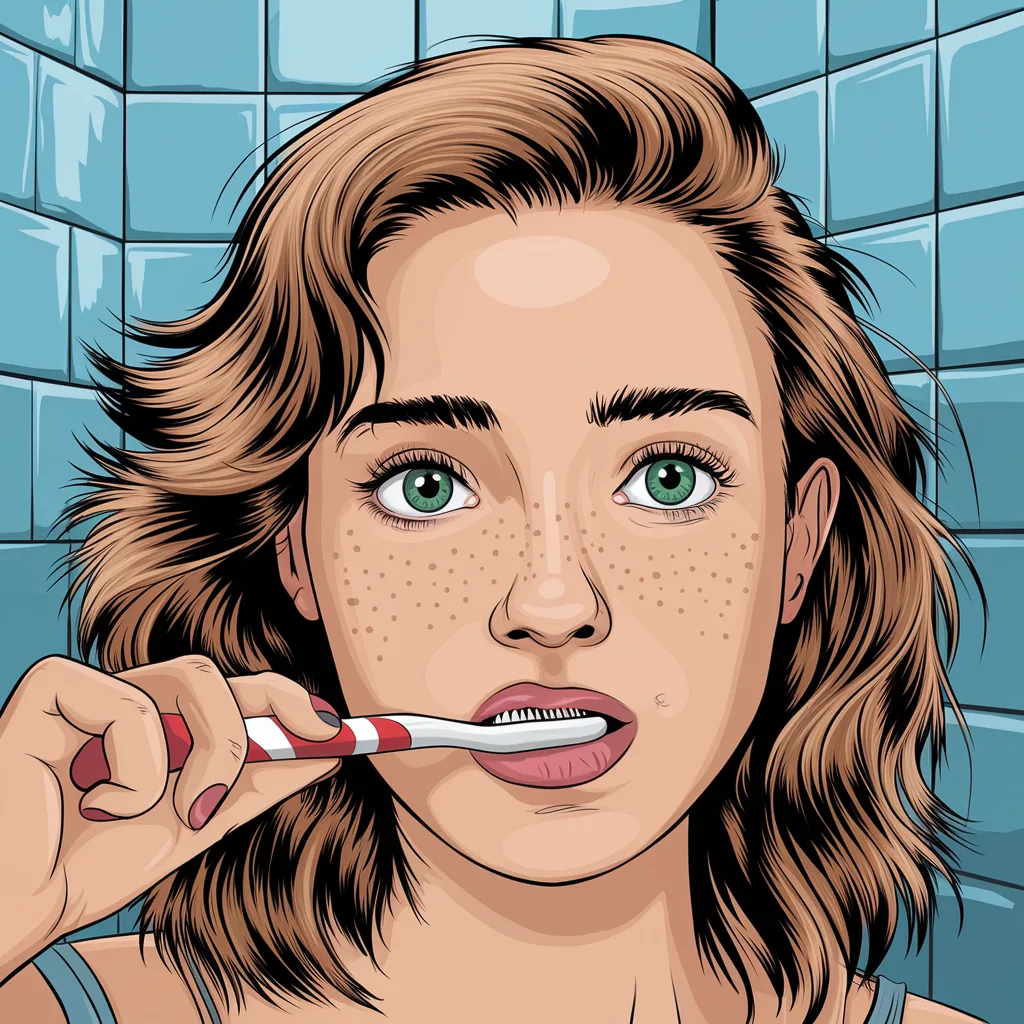
It’s recommended to brush for two minutes, dividing the mouth into four quadrants or sections which each get 30 seconds of designated brush time. Use an electric toothbrush if possible and your mouth will thank you!
Brushing Teeth After Eating
Some people brush their teeth right after waking up, while others wait until after breakfast. The twice-a-day rule doesn’t specify timing, so when is the best time to brush in the morning? Brushing before breakfast helps remove plaque and bacteria that have built up overnight.
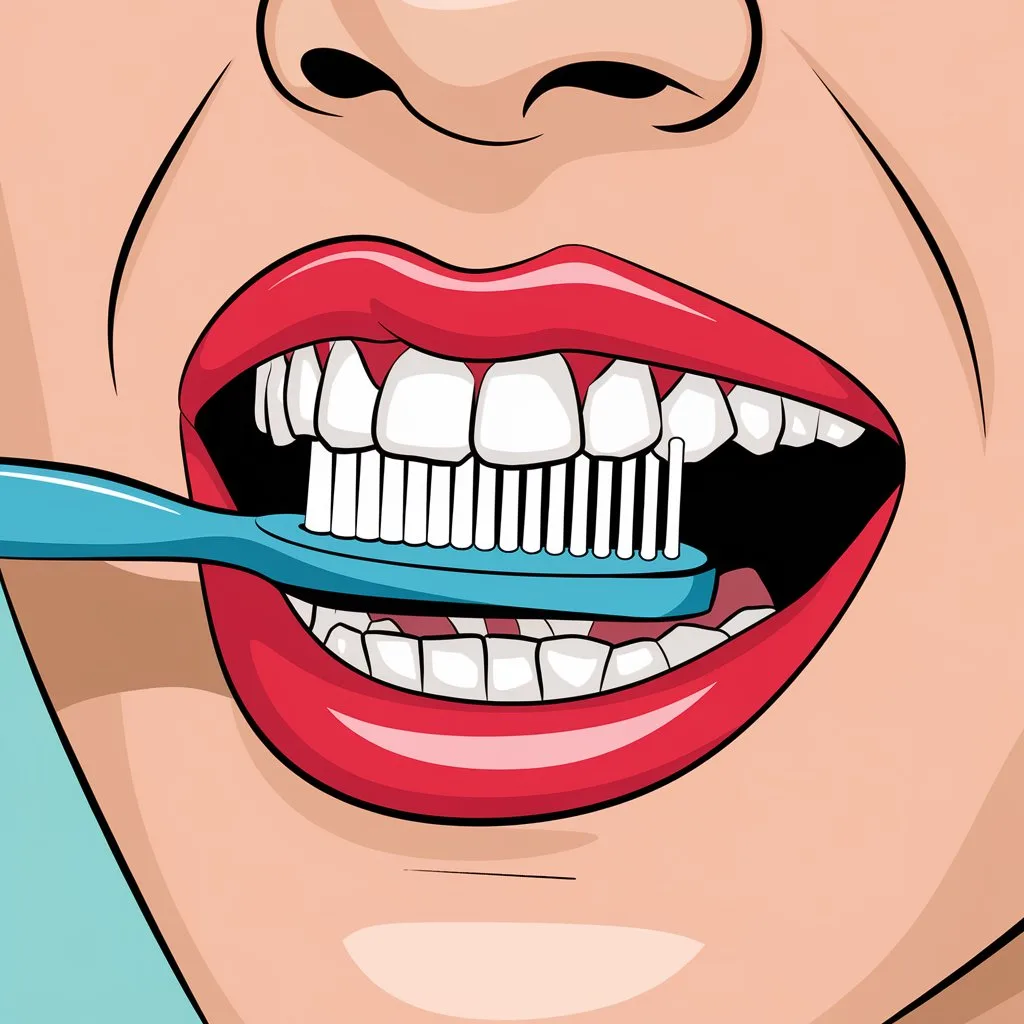
However, if you have acidic foods or drinks like orange juice or coffee for breakfast, brushing immediately after can damage your enamel. It’s crucial to wait at least 30 minutes after eating before brushing. Whenever you choose to brush, just make sure you do it twice daily.
Using the Wrong Mouthwash
Don’t forget about mouthwash in your routine! Mouthwash is considered an important step when trying to achieve a sparkly clean mouth, but not all mouthwash types are for everyone.
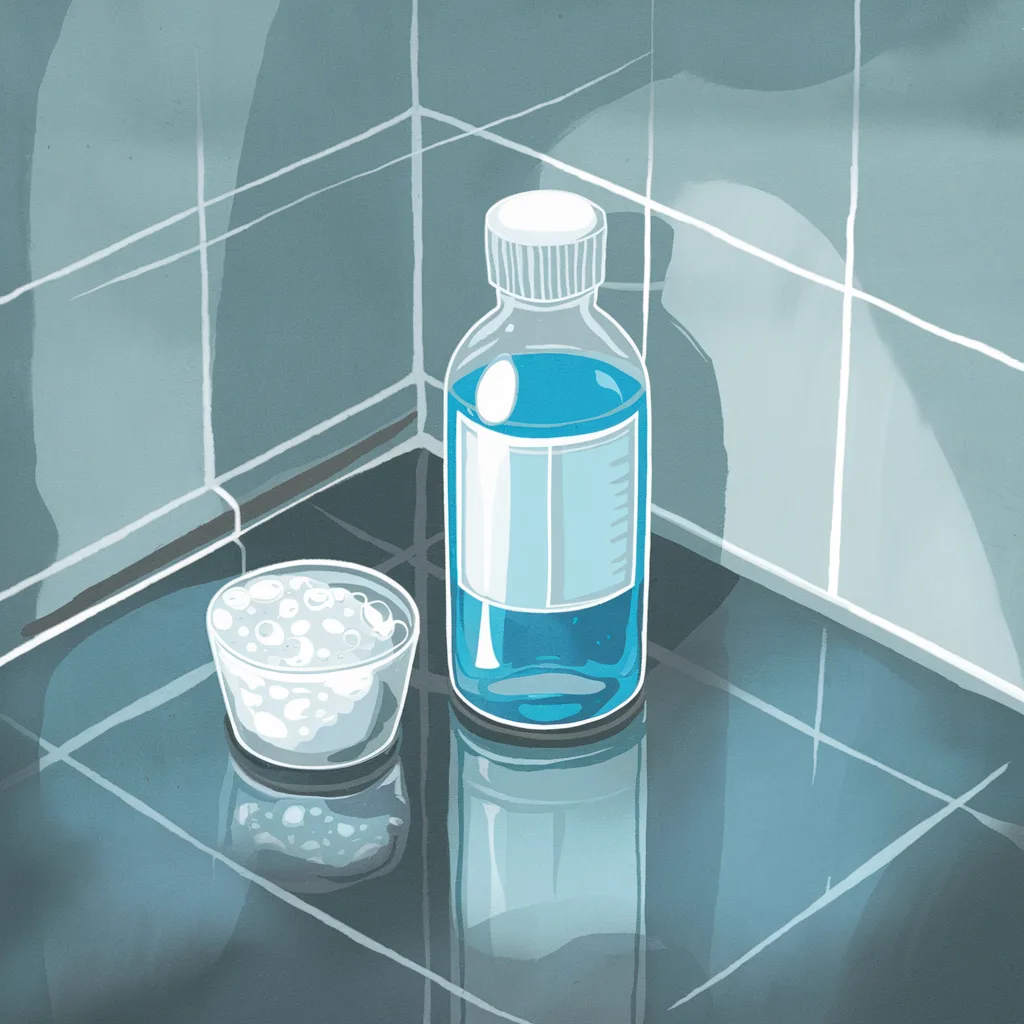
Dental specialists recommend avoiding mouthwashes containing ethanol since these can dehydrate your mouth and kill beneficial bacteria along with the harmful ones. It’s better to use a mouthwash that contains xylitol, which aids saliva production, and fluoride for added protection against cavities.
Sharing Toothbrushes
Our mouths contain millions of bacteria, so when it comes to toothbrushes, sharing is not caring. Brushing is essential, but skipping one session might be better for you than sharing a toothbrush.
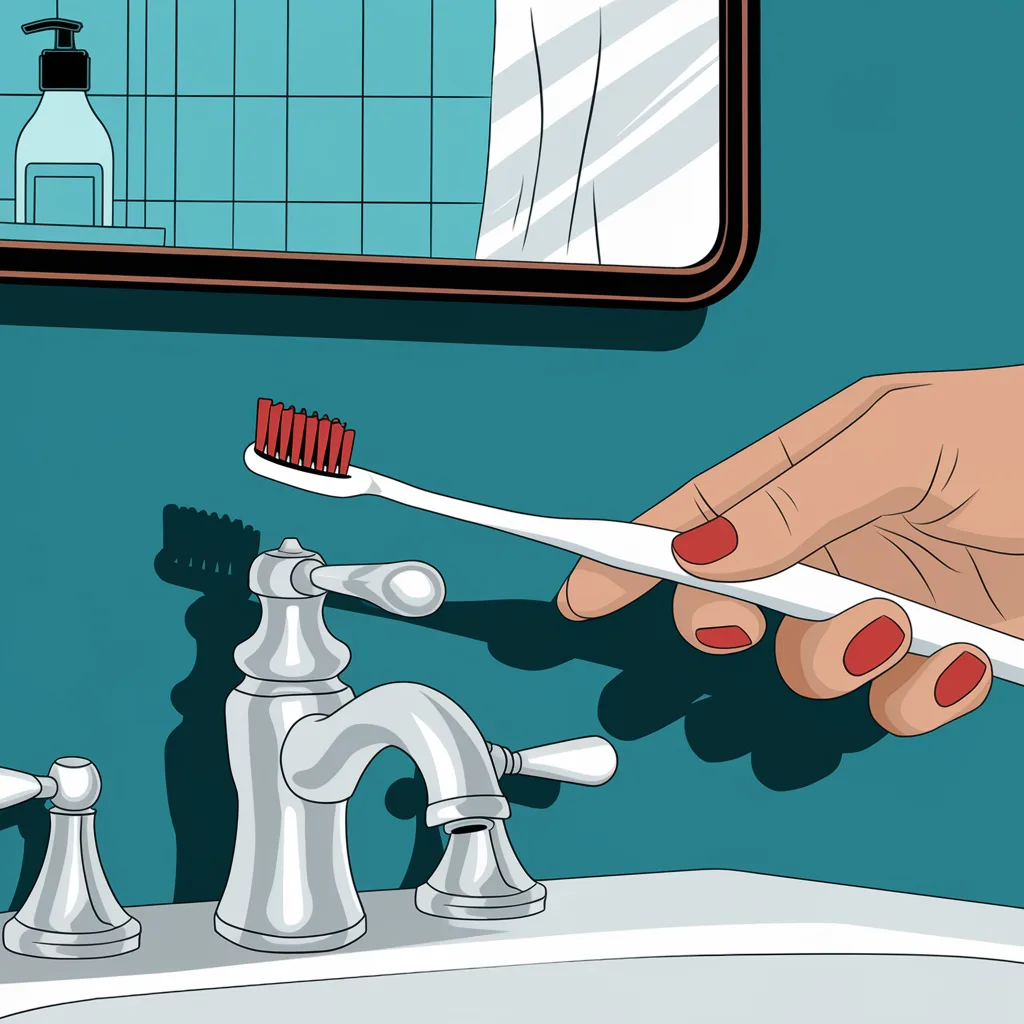
Using the same toothbrush for months on end can also cause the bristles to wear down and bacteria to build up, which makes it far less effective in keeping your teeth and mouth clean. Keep things fresh by replacing your toothbrush every three to four months, or sooner if it’s looking worse for wear.
Excessive Mouthwash Usage
Mouthwash is always handy to boost our oral care routine. But just like a lot of things, too much of a good thing can be bad. Excessive use of mouthwash in your dental routine can have undesired consequences as it can be harmful when used more frequently than recommended.
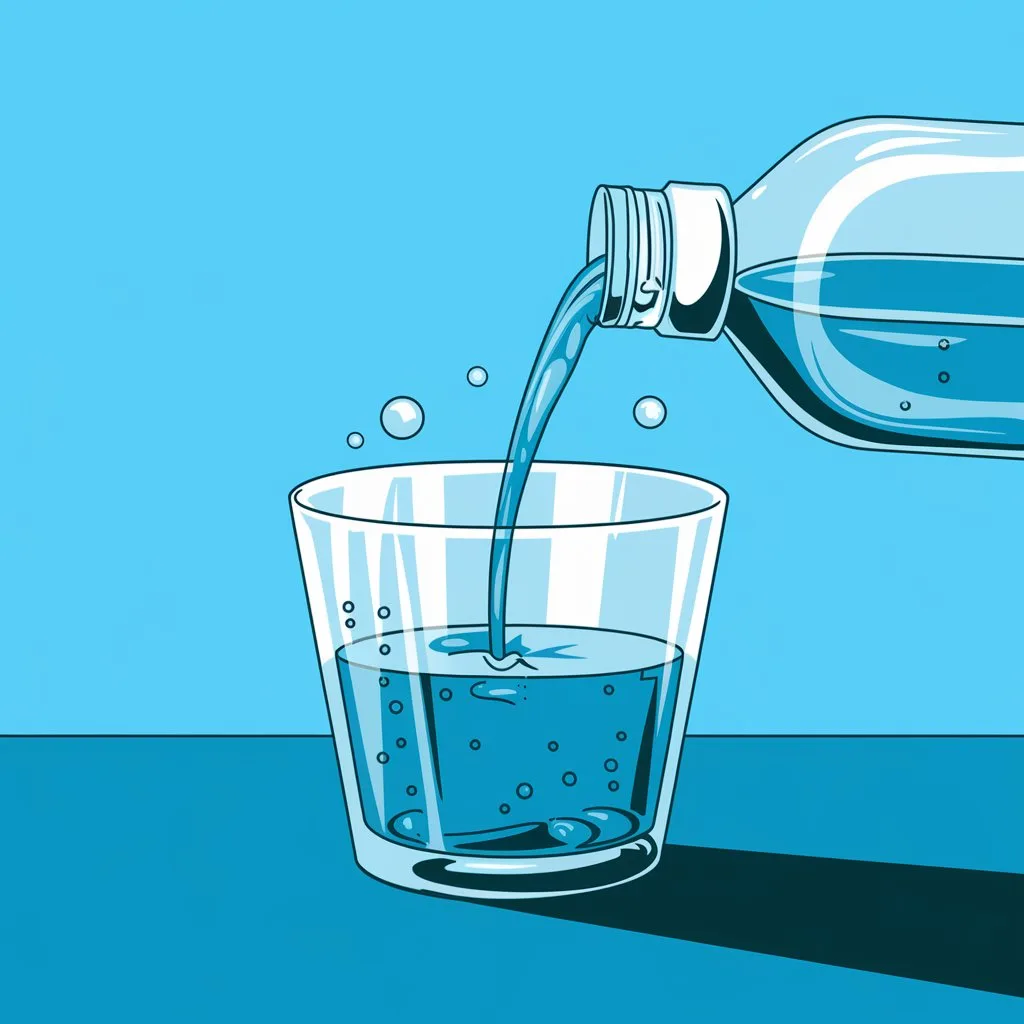
Remember that mouthwash isn’t completely necessary for a clean mouth and it’s not a replacement for brushing or flossing—it goes alongside. It’s recommended to use mouthwash twice a day after you brush and floss.
Forgetting to Brush Your Tongue
There’s so much talk about what angle, how often, and where to brush your teeth, floss, and use mouthwash, but there’s one unsung hero of the dental care routine that most people forget about—tongue brushing.
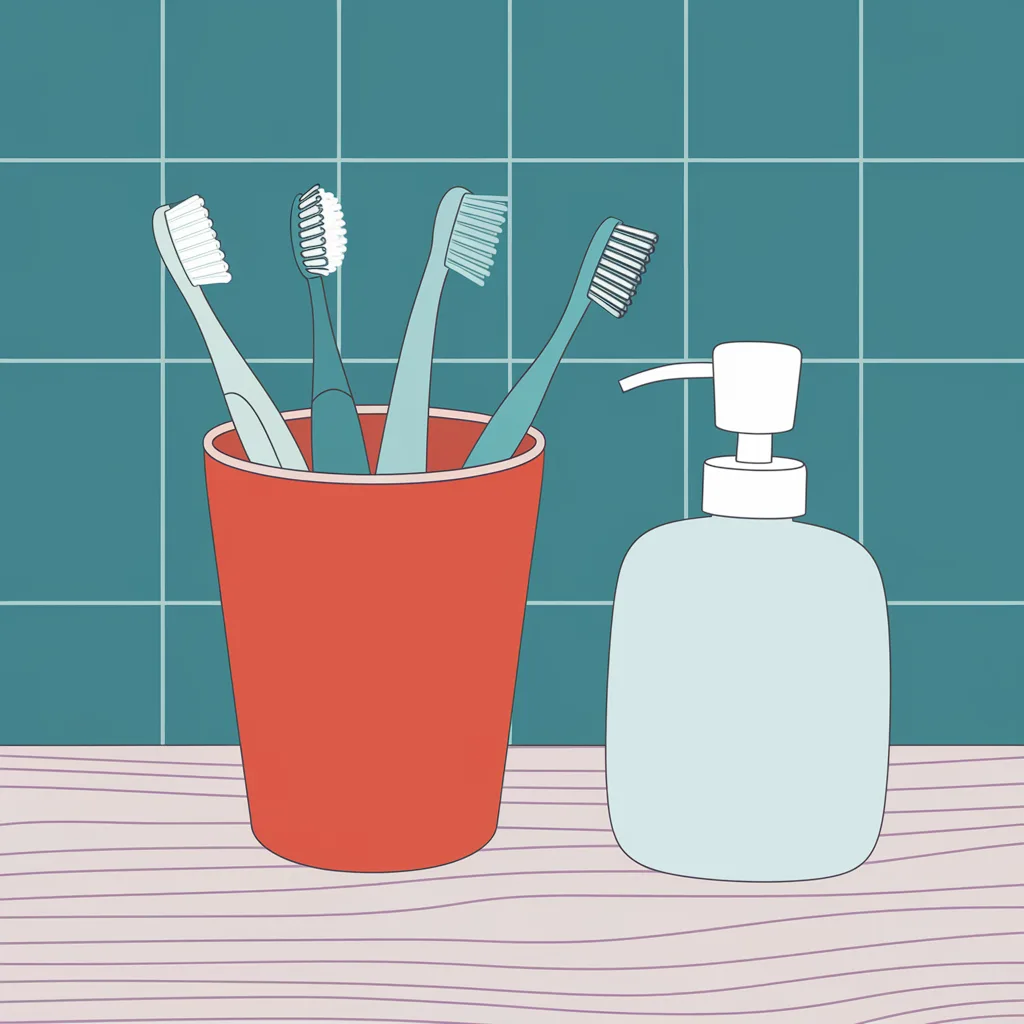
Whether it’s to fight bad breath or just for good dental health, brushing your tongue with a toothbrush or metal tongue scraper every time you brush your teeth is essential. It can kill harmful bacteria and keep your mouth fresher than before.
Storing Toothbrushes Near the Toilet
Most bathrooms are designed so the toilet and sink are near each other, and people usually keep their toothbrushes in a holder on their bathroom countertop. While this is a handy spot, the convenience comes at a price.
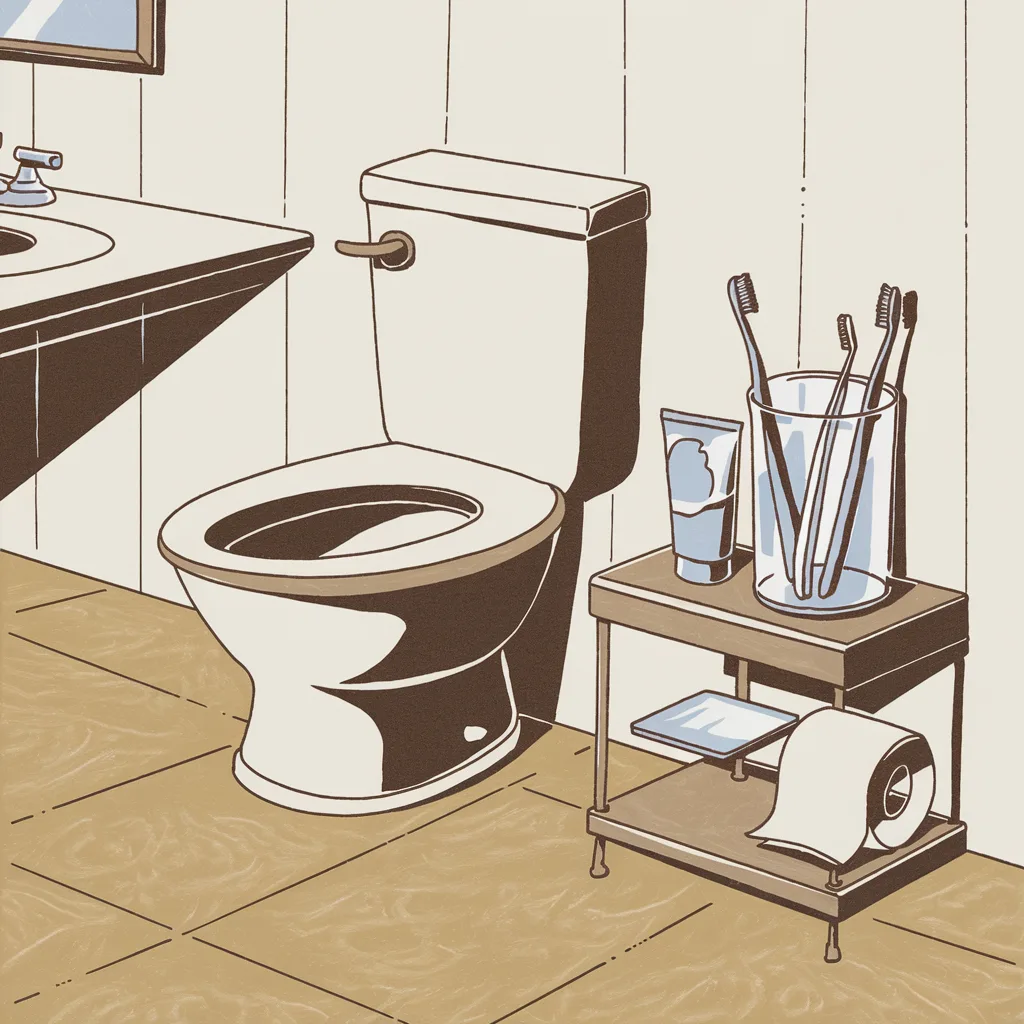
When you flush the toilet with the lid open, the bacteria inside become aerosolized, and that spray can travel up to six feet, landing on the countertop, walls, floor, and—you guessed it—your toothbrush. To avoid this, tuck your toothbrush in a cabinet or drawer or use a cover to prevent bacteria from landing on it.


